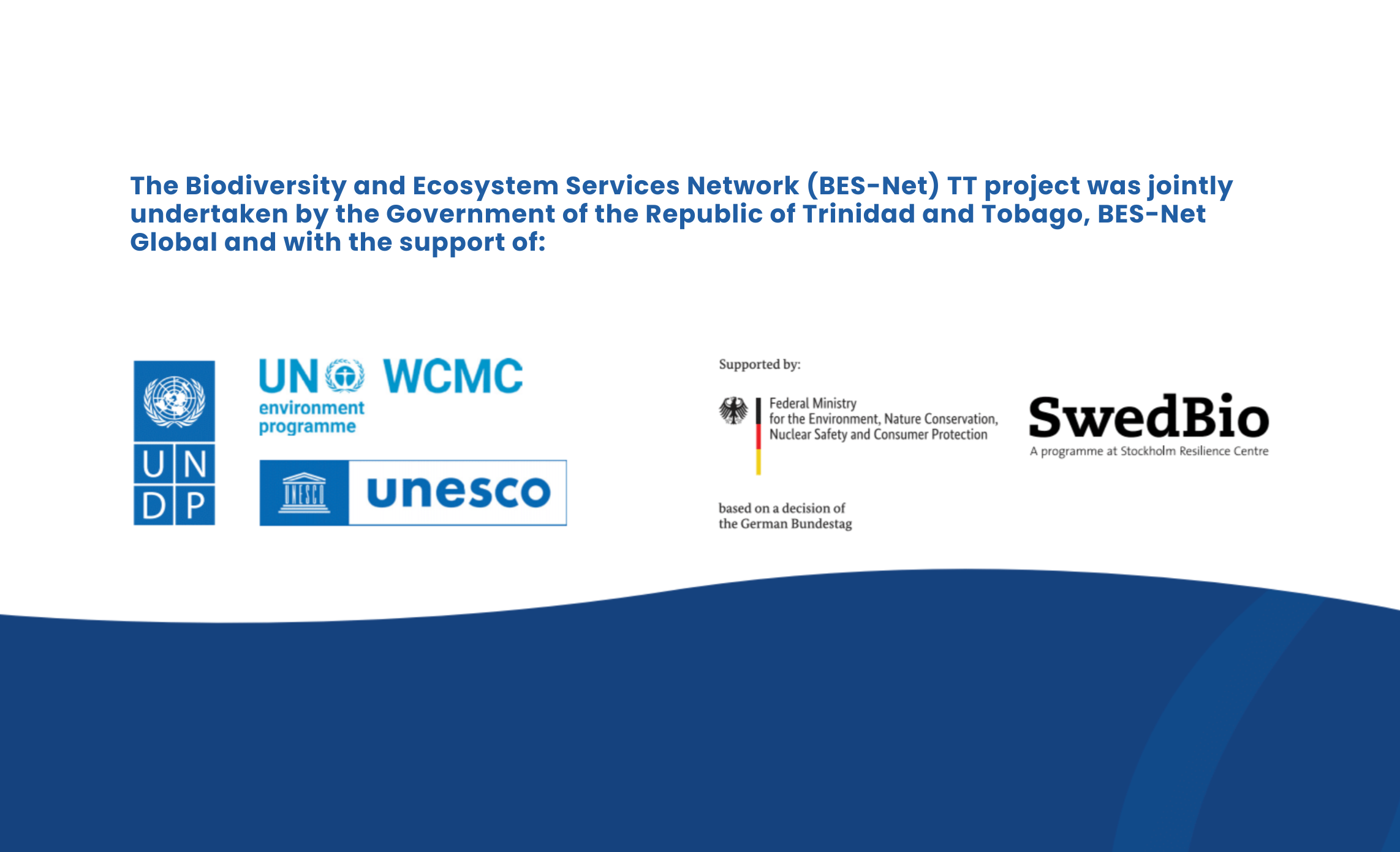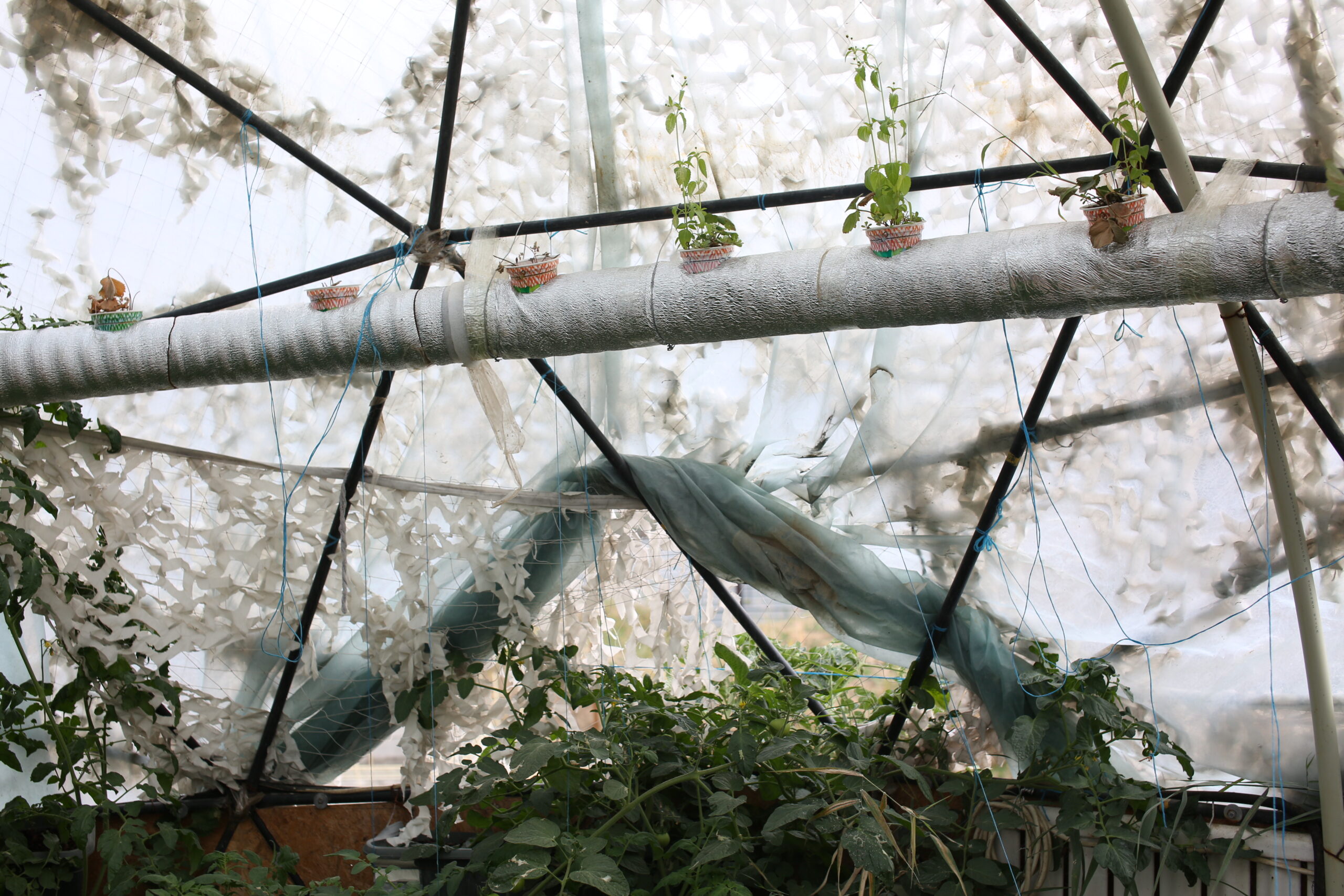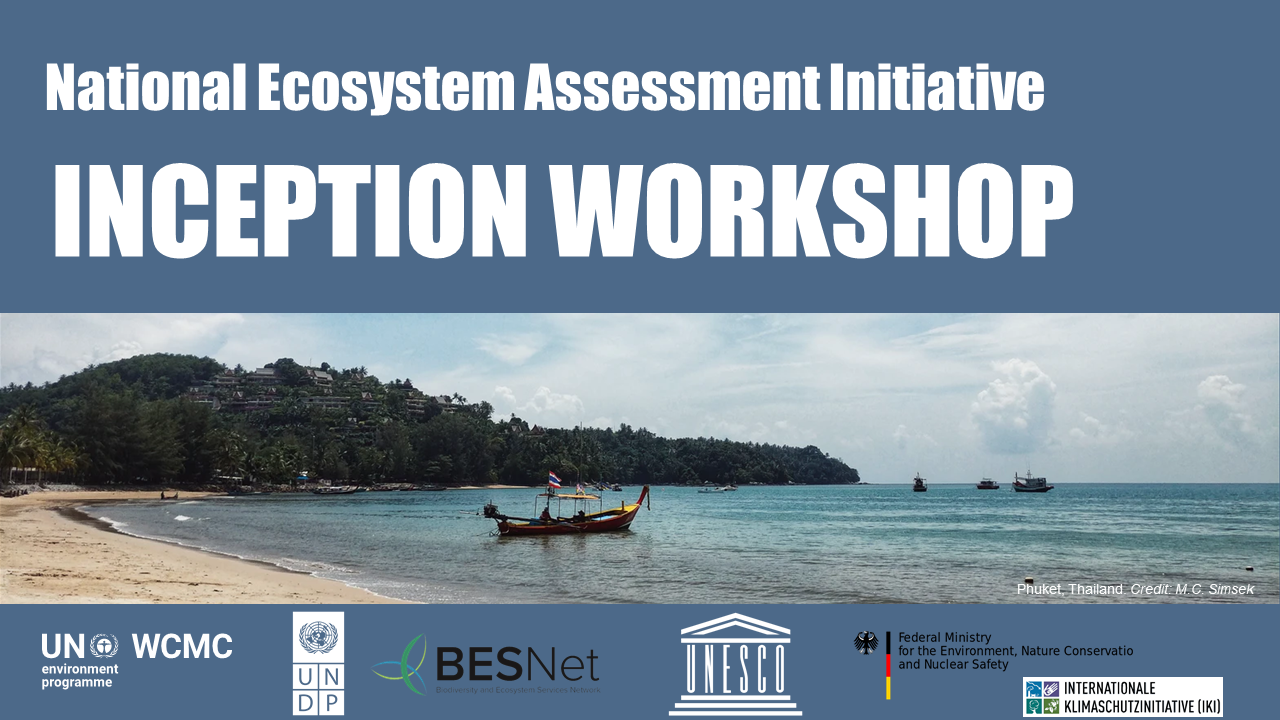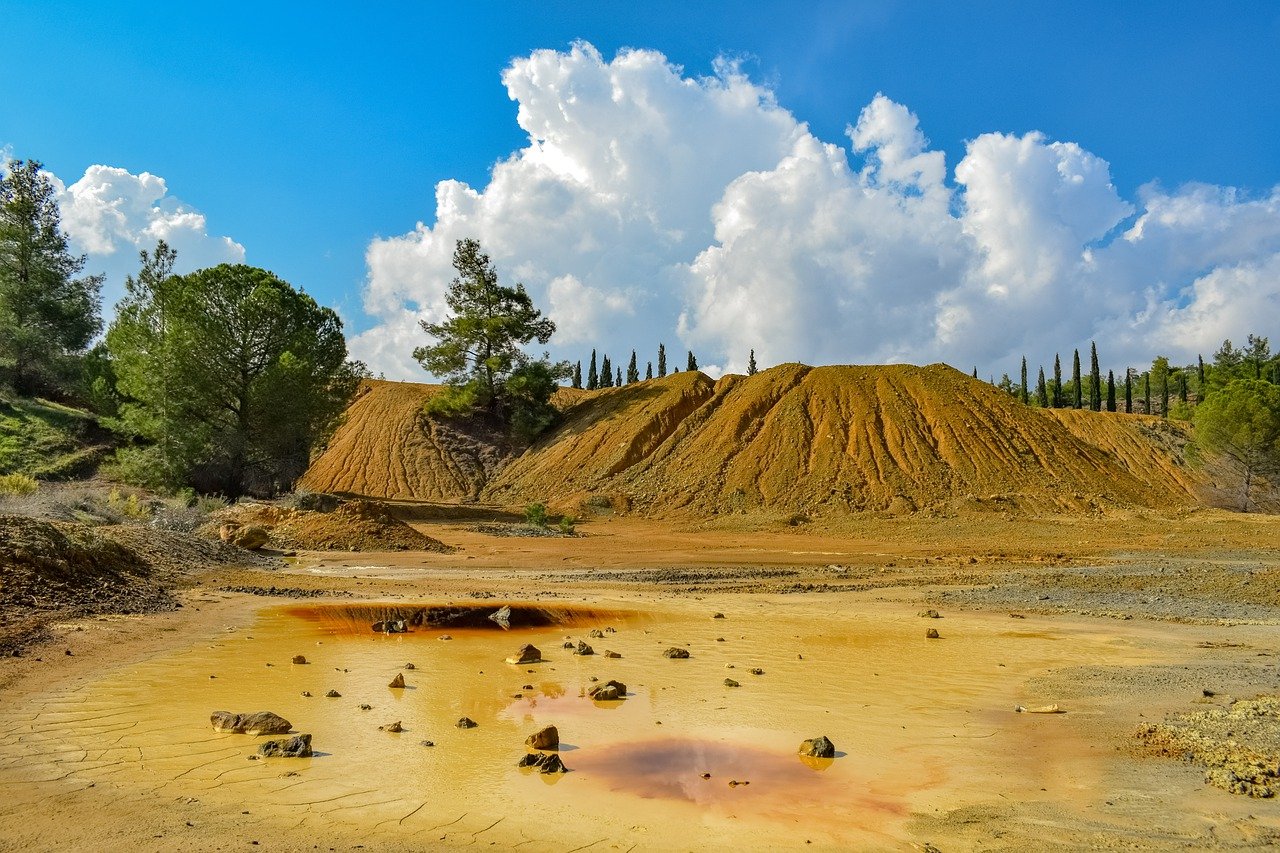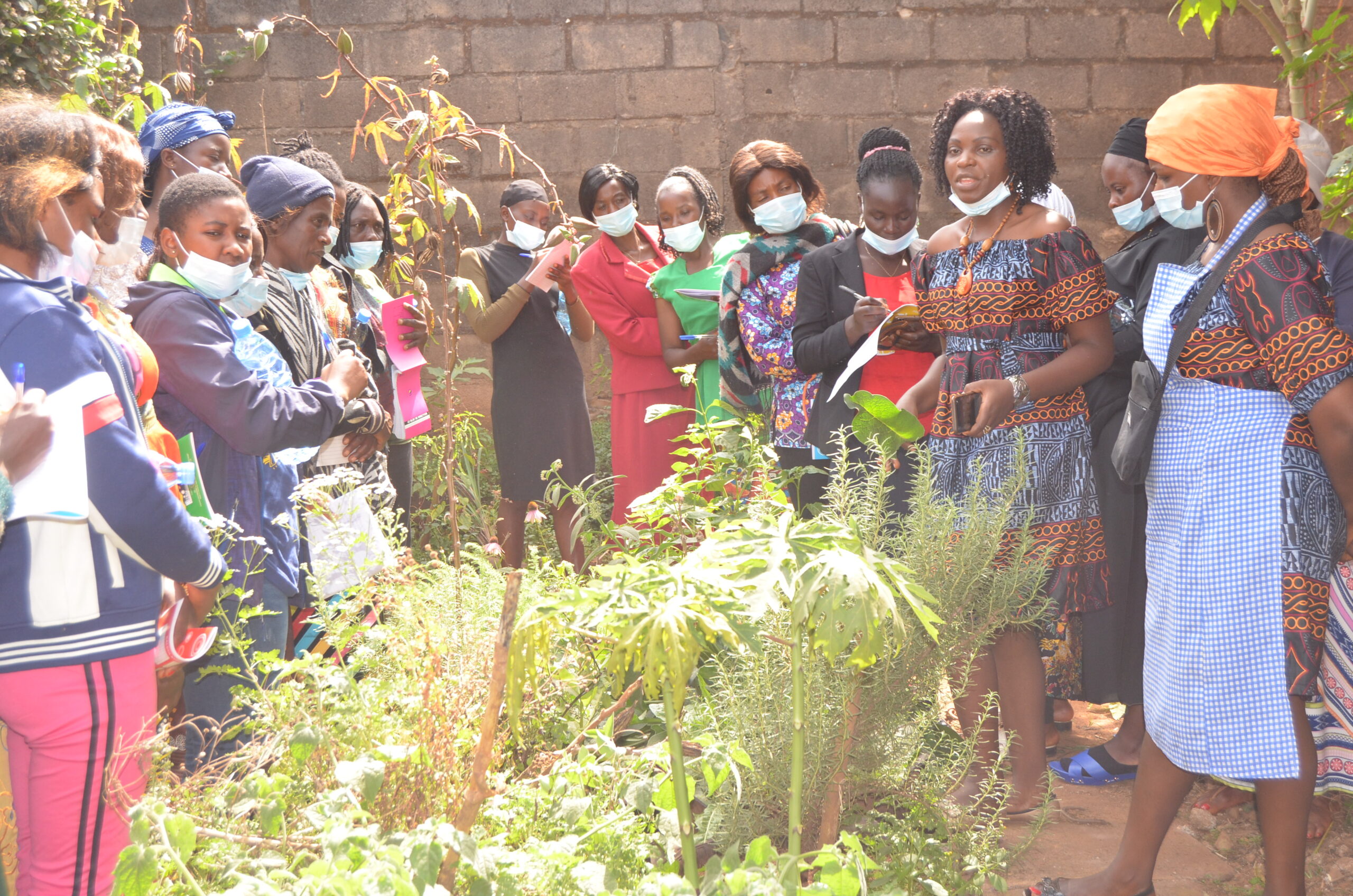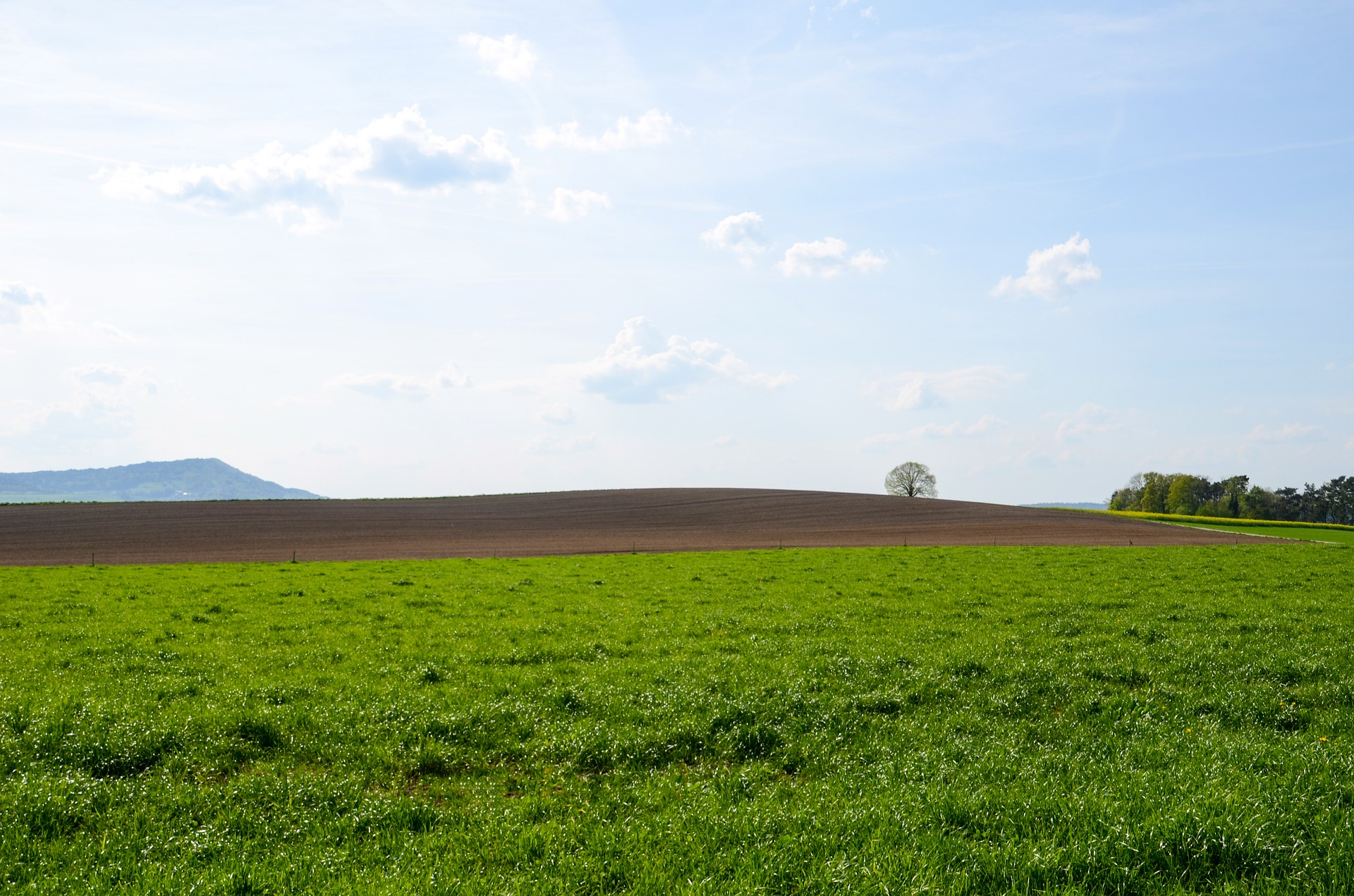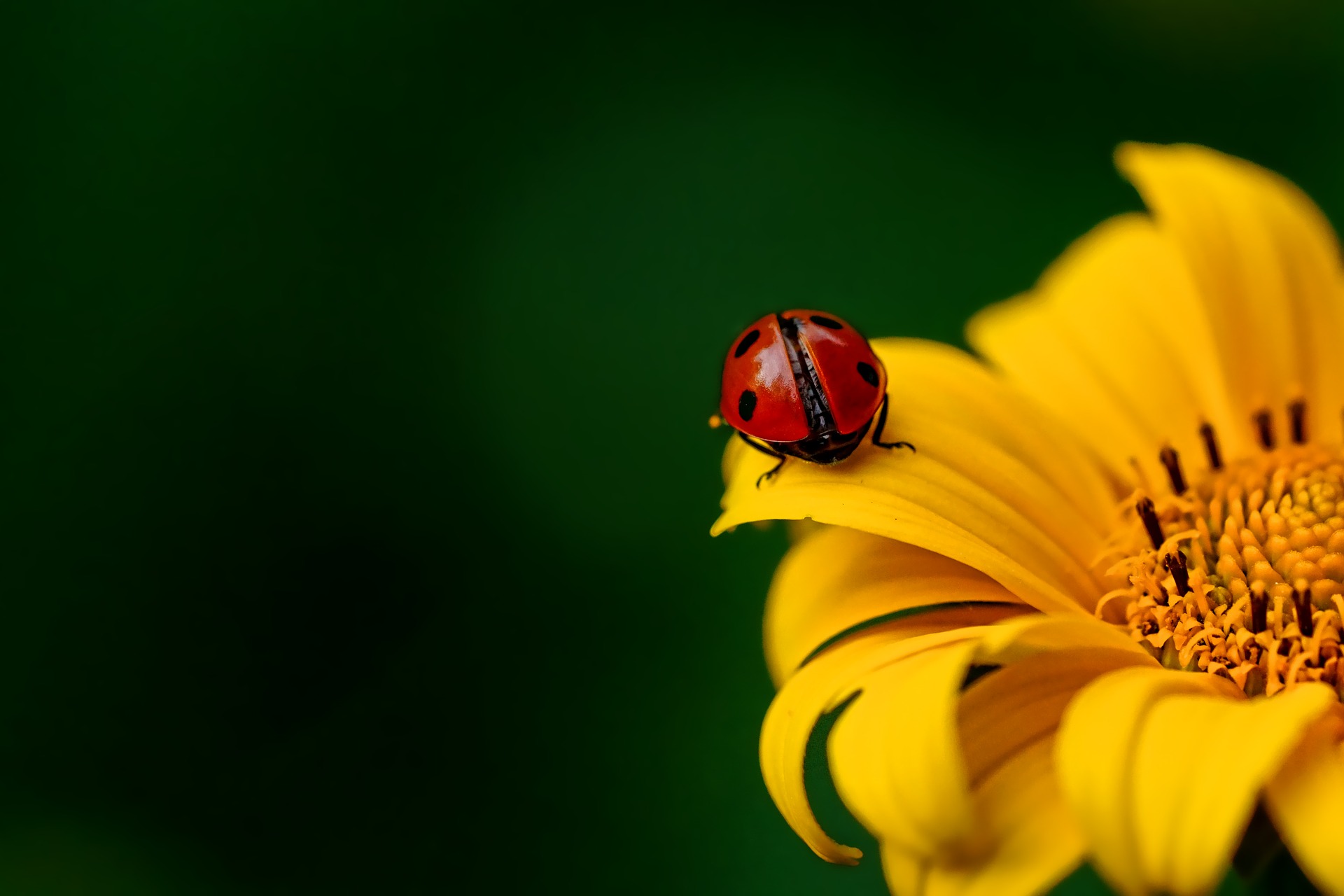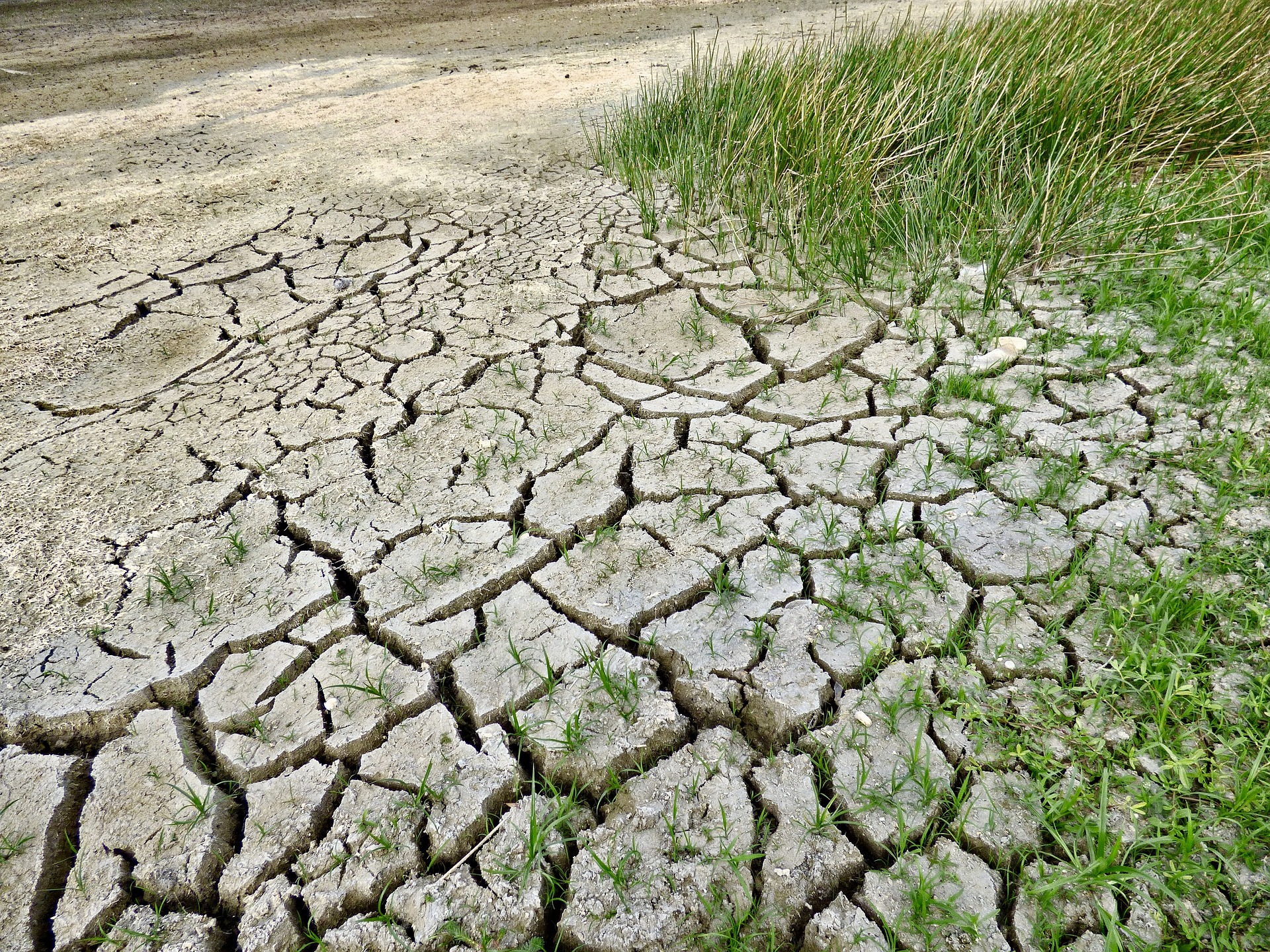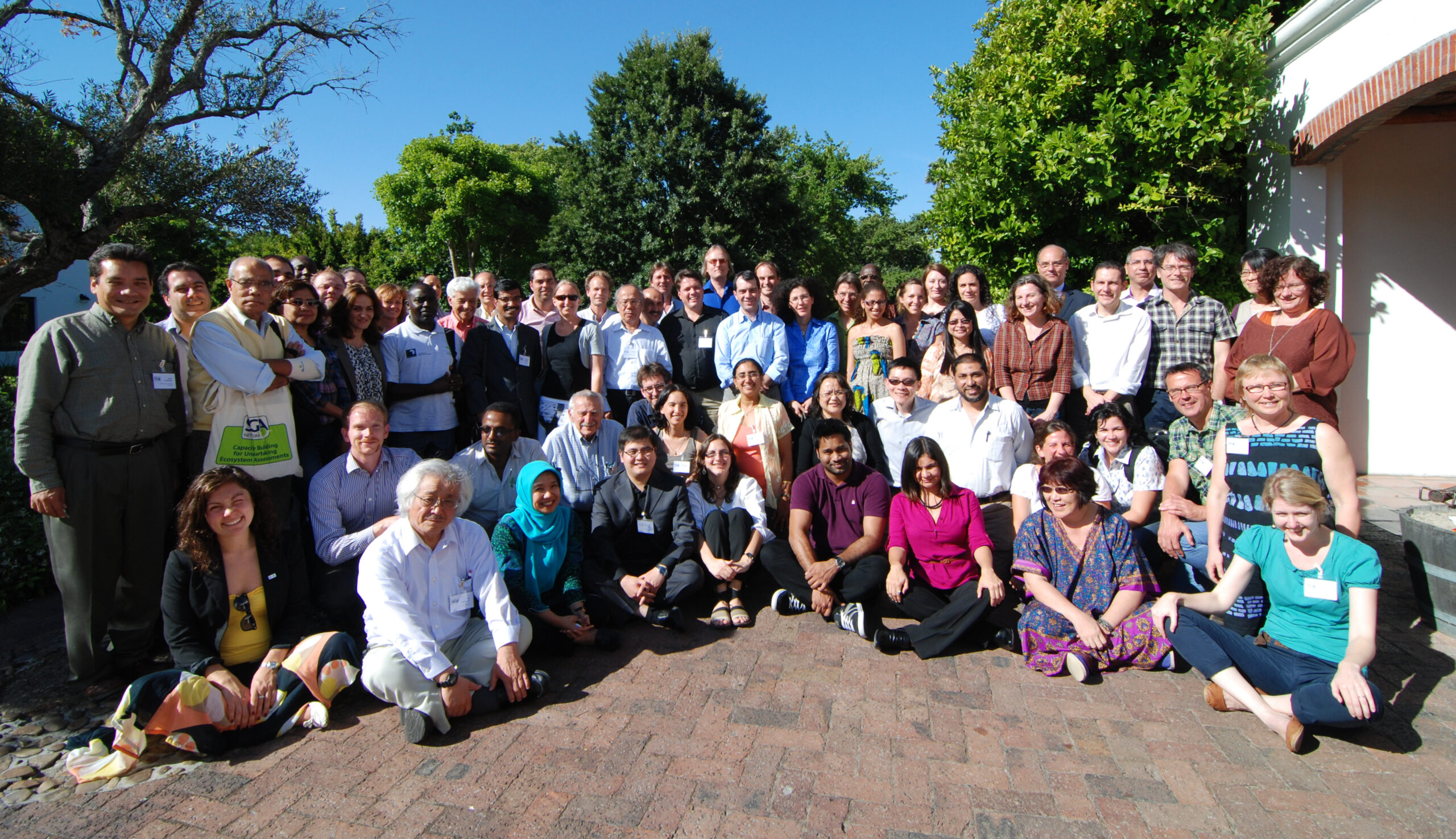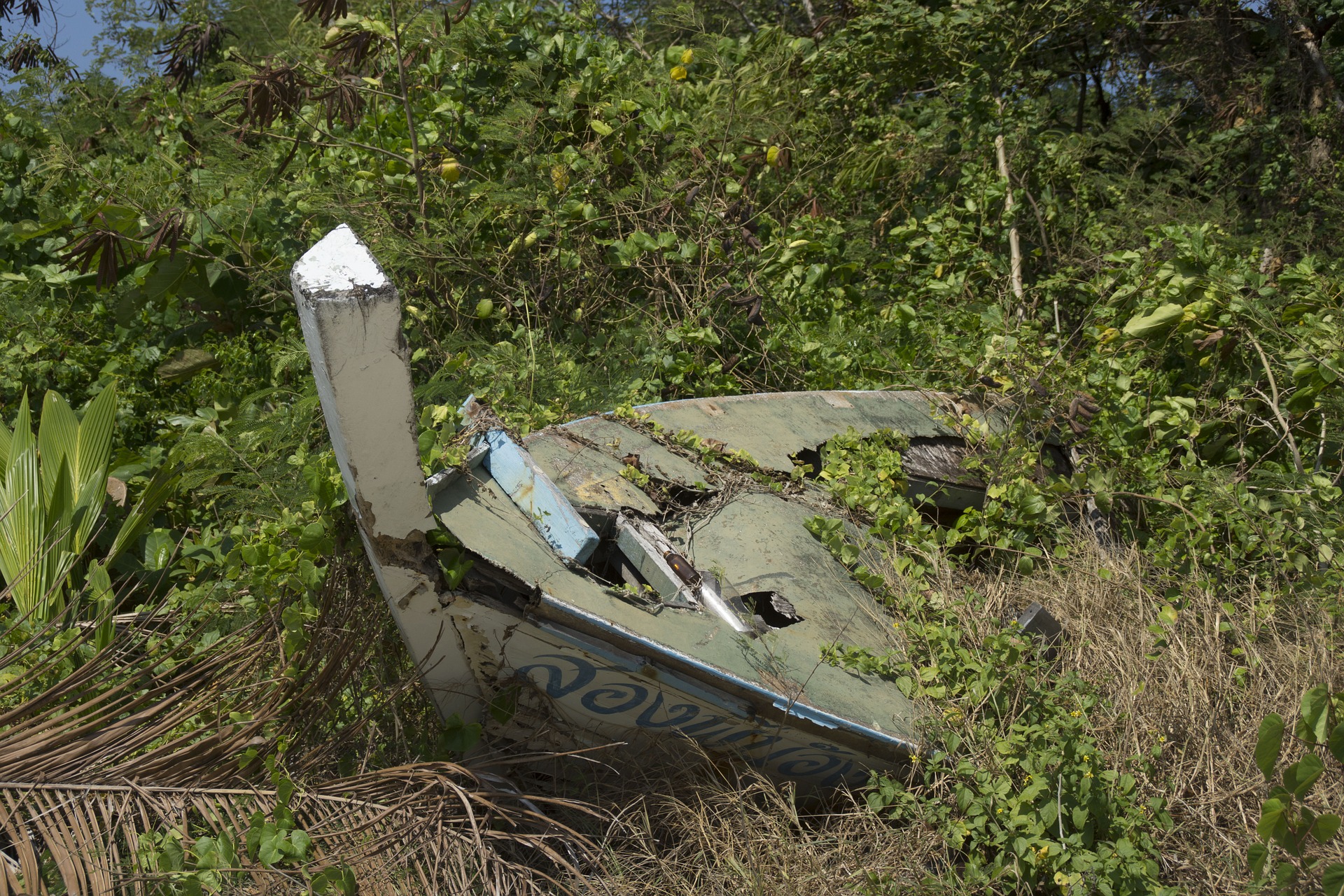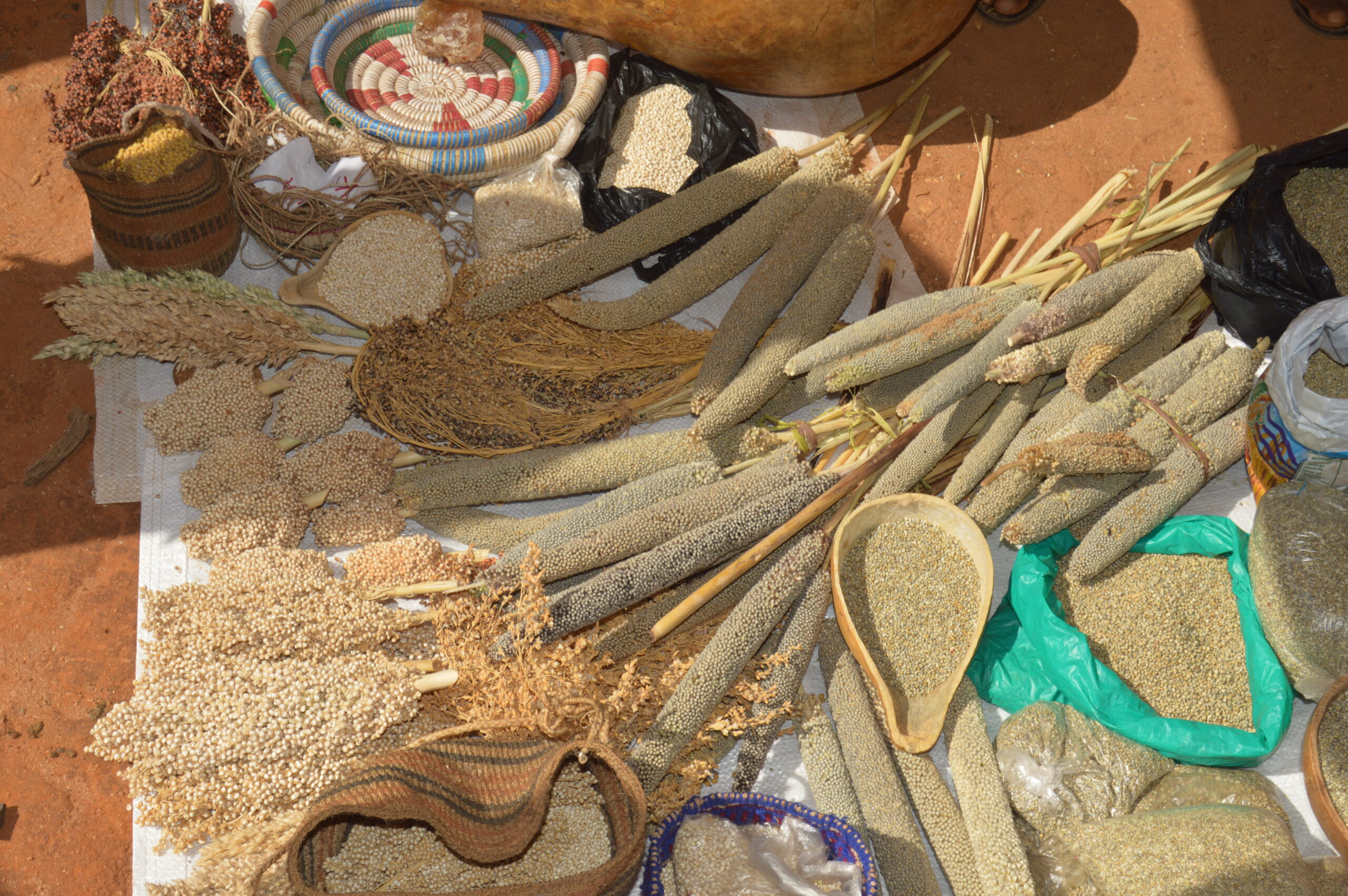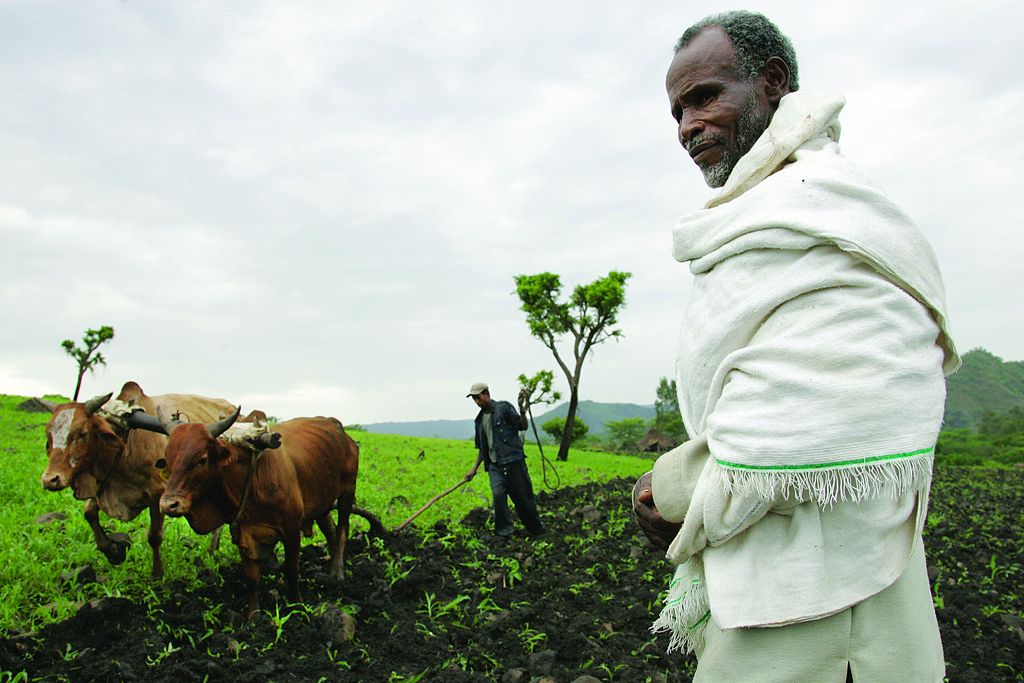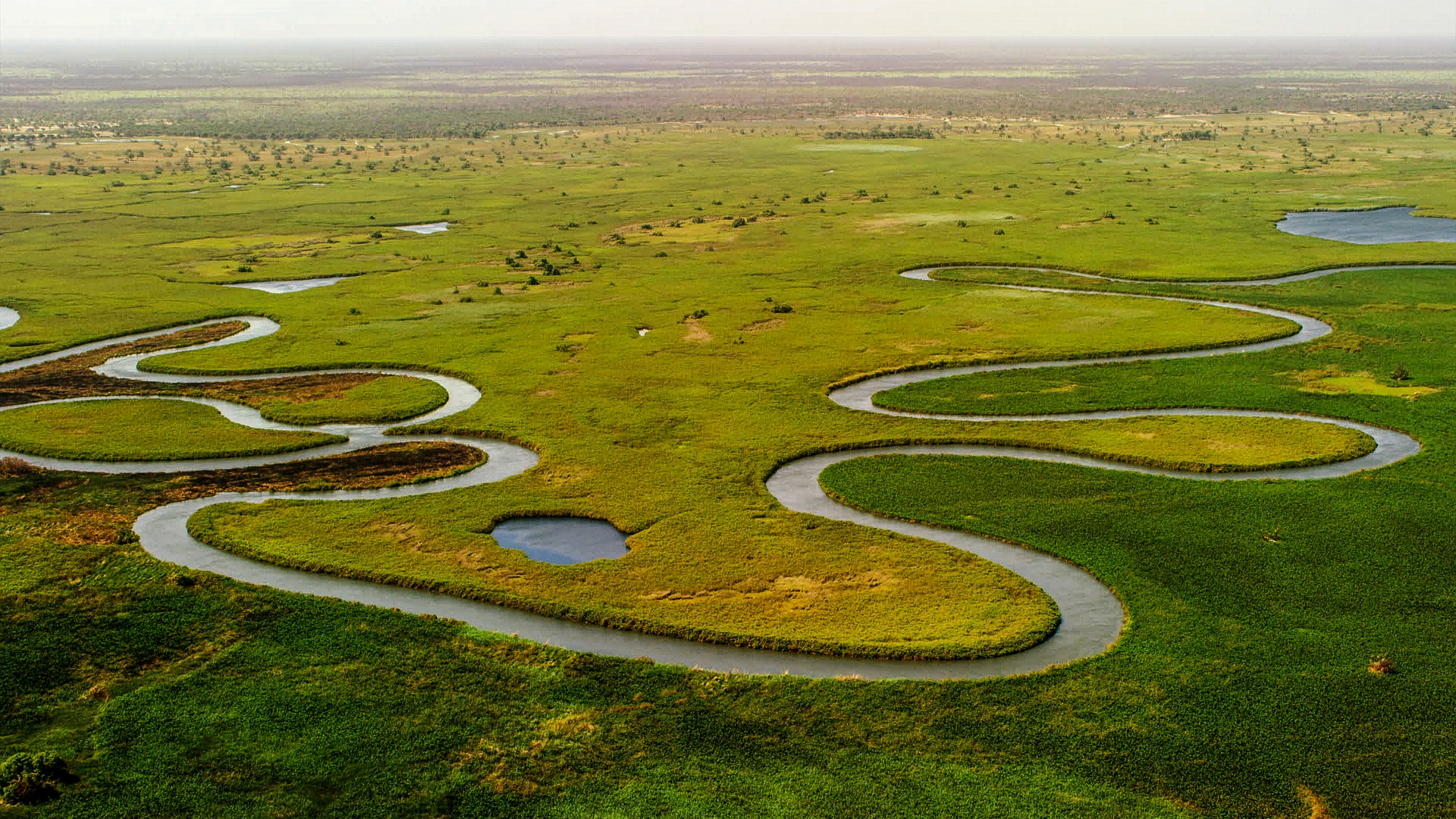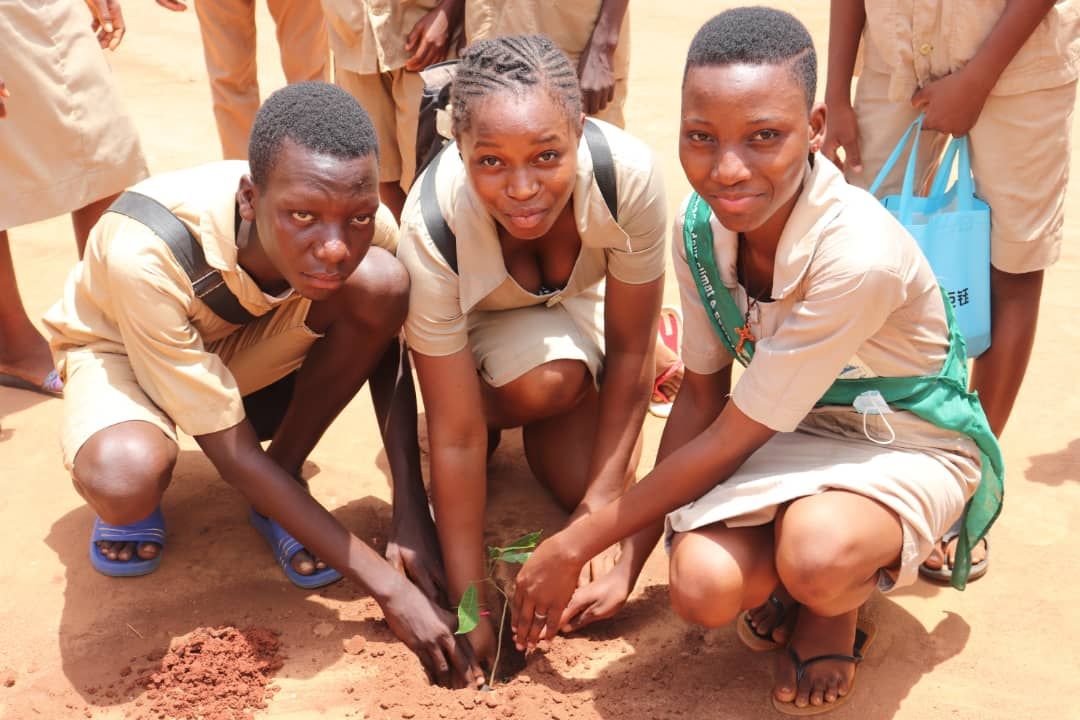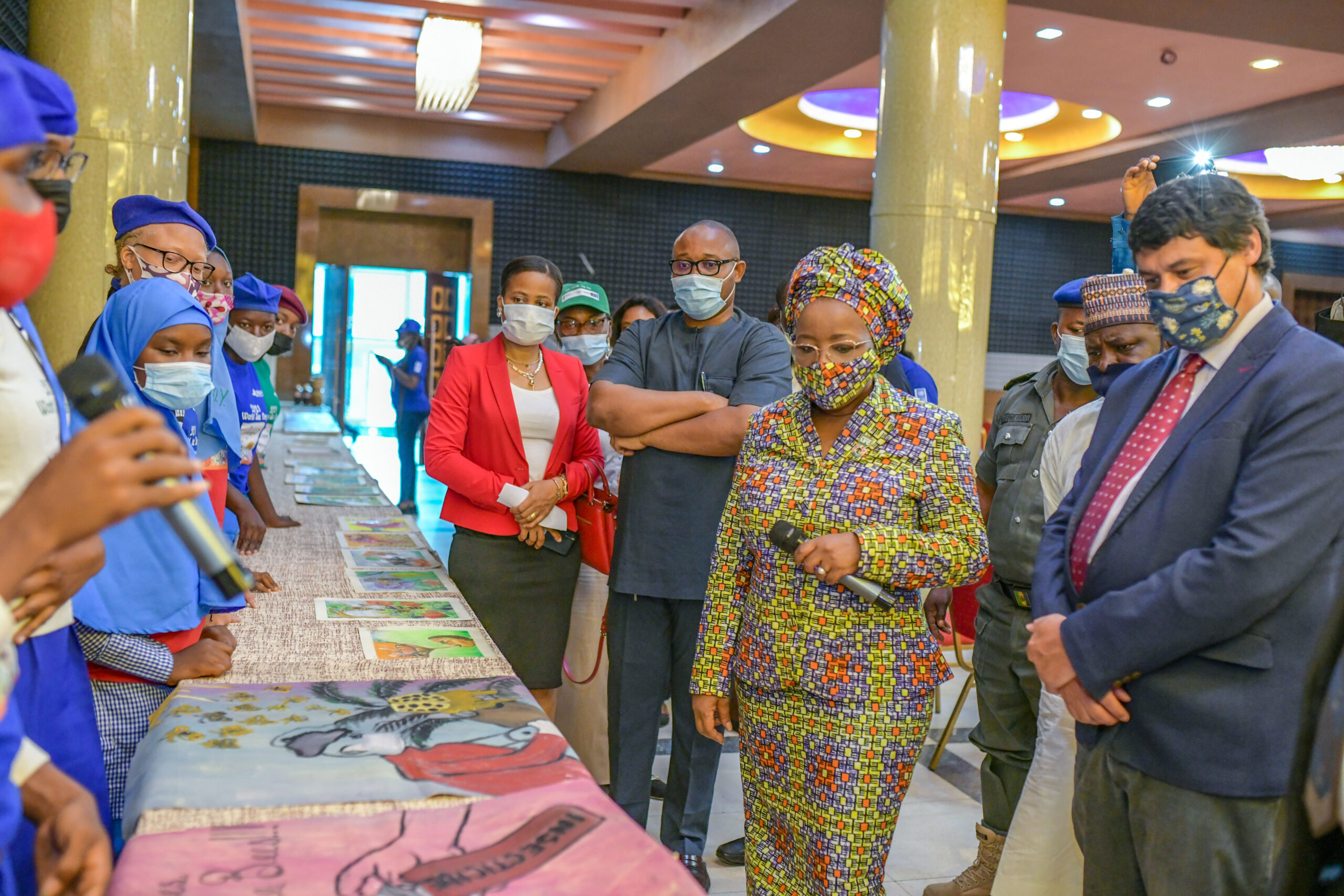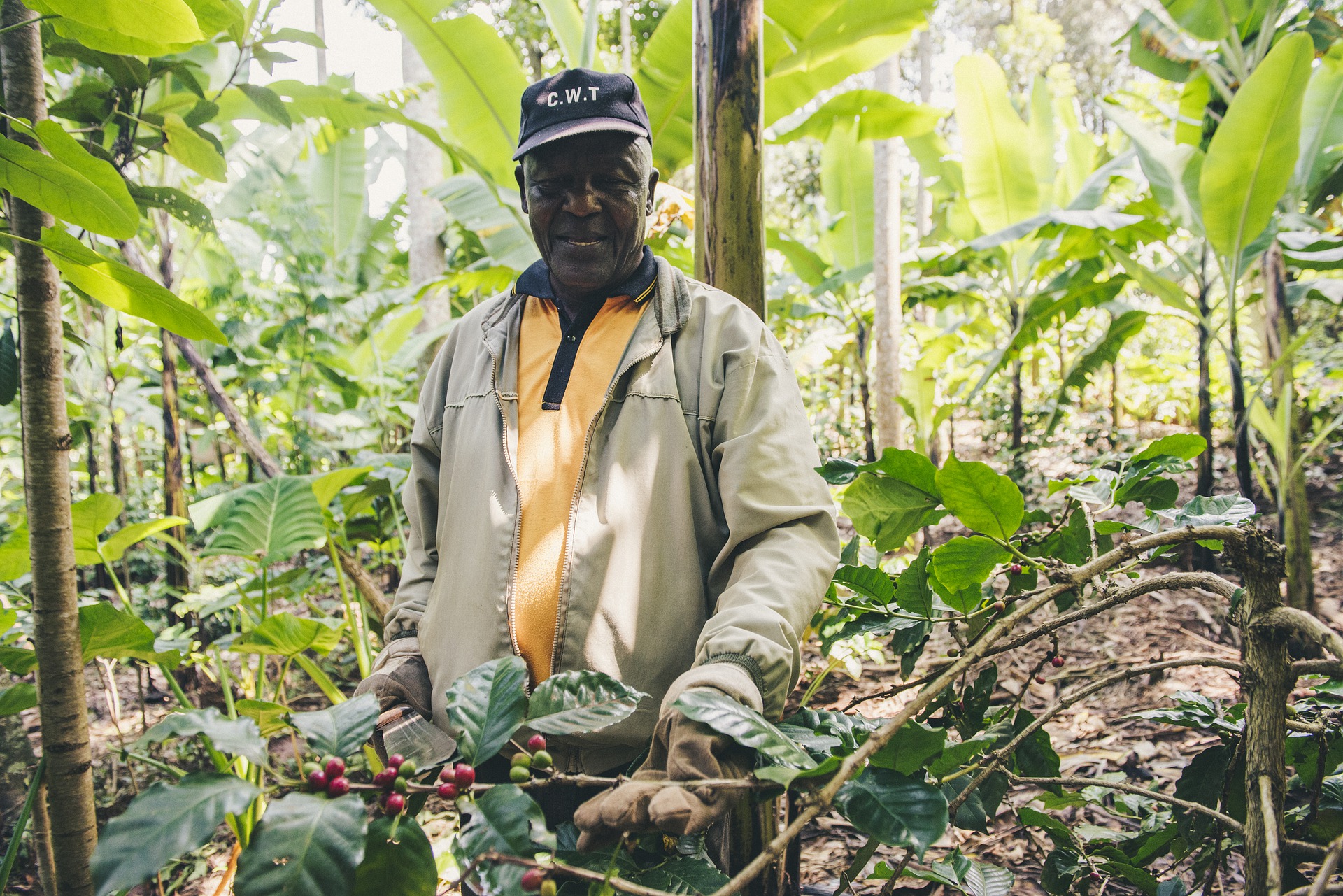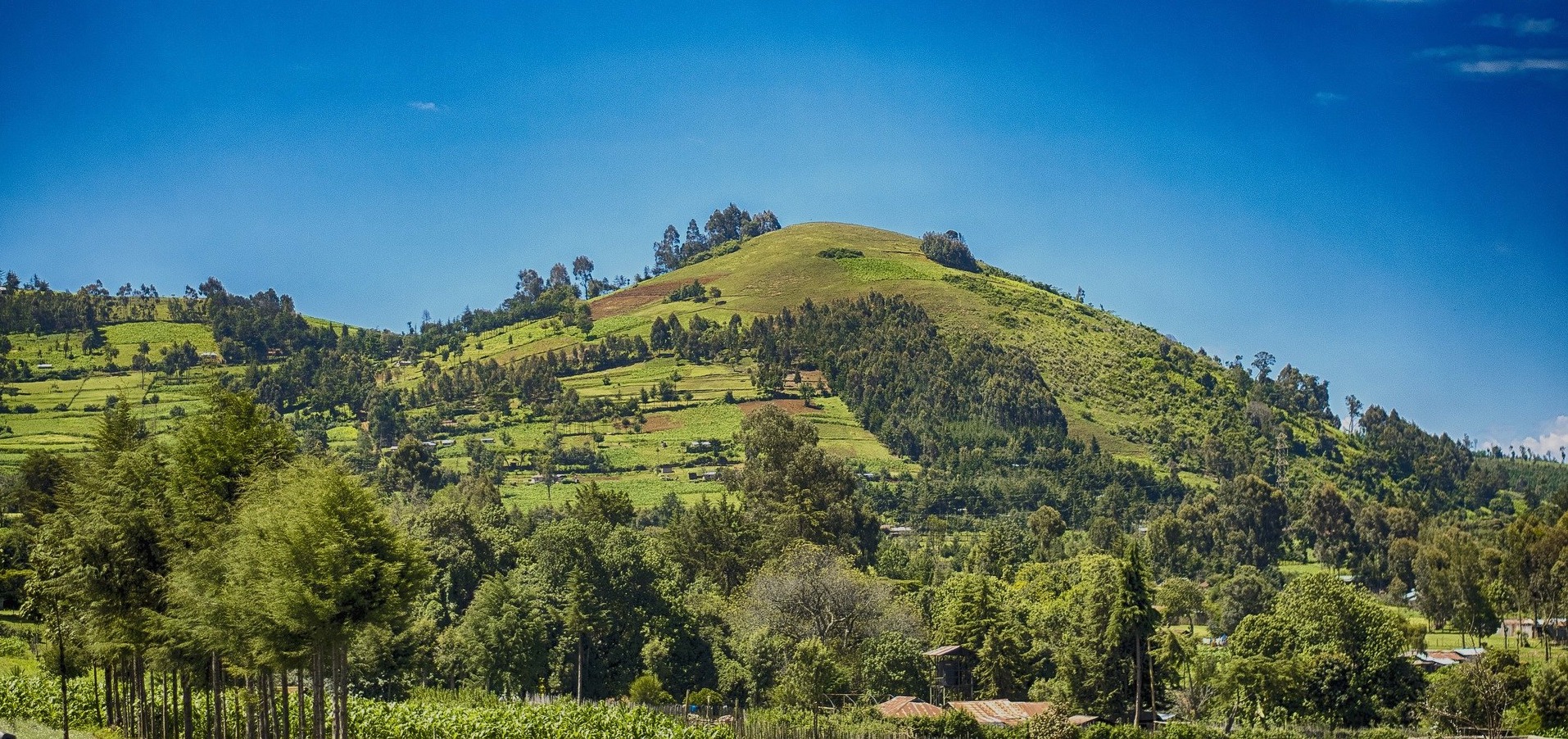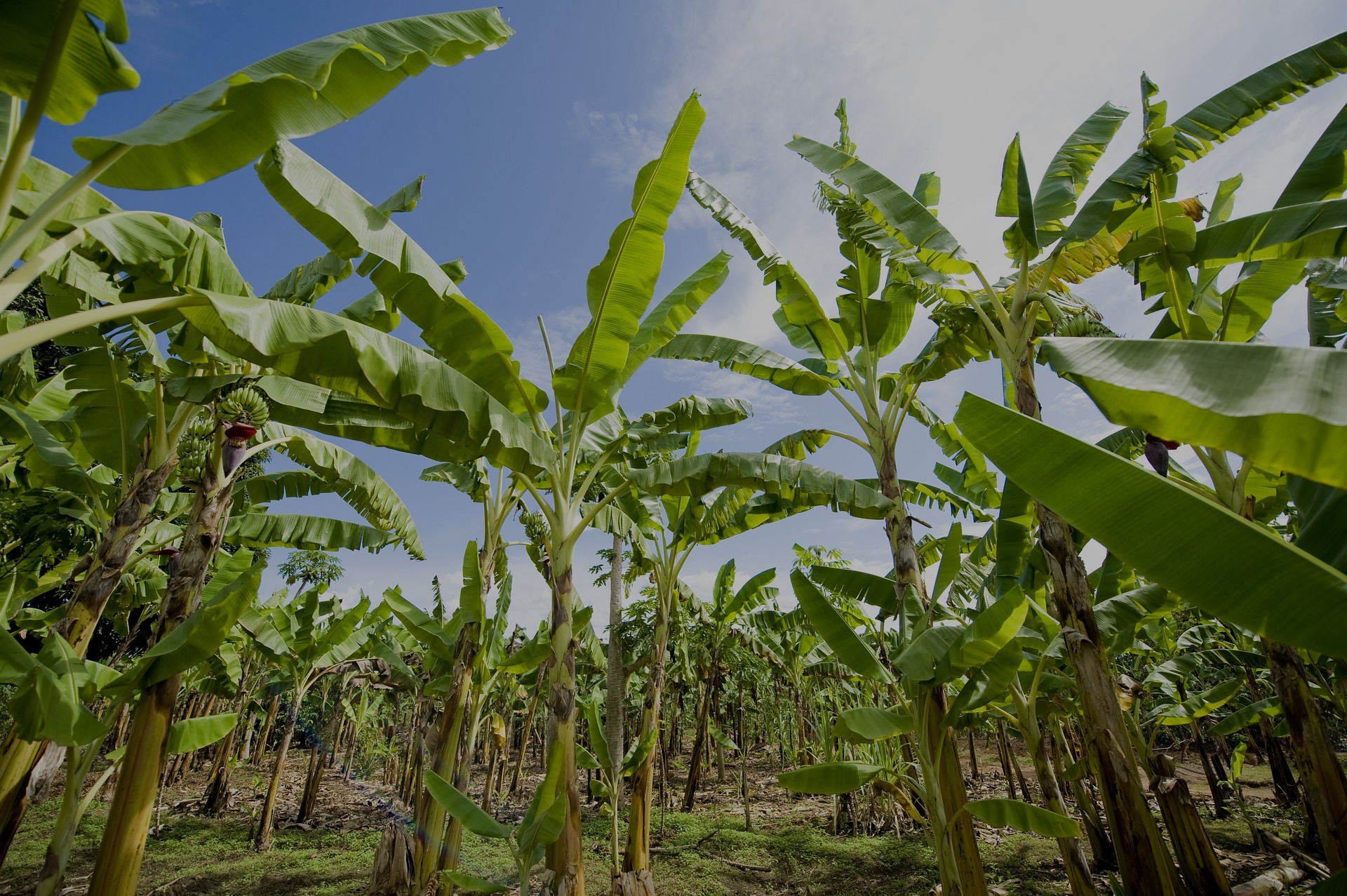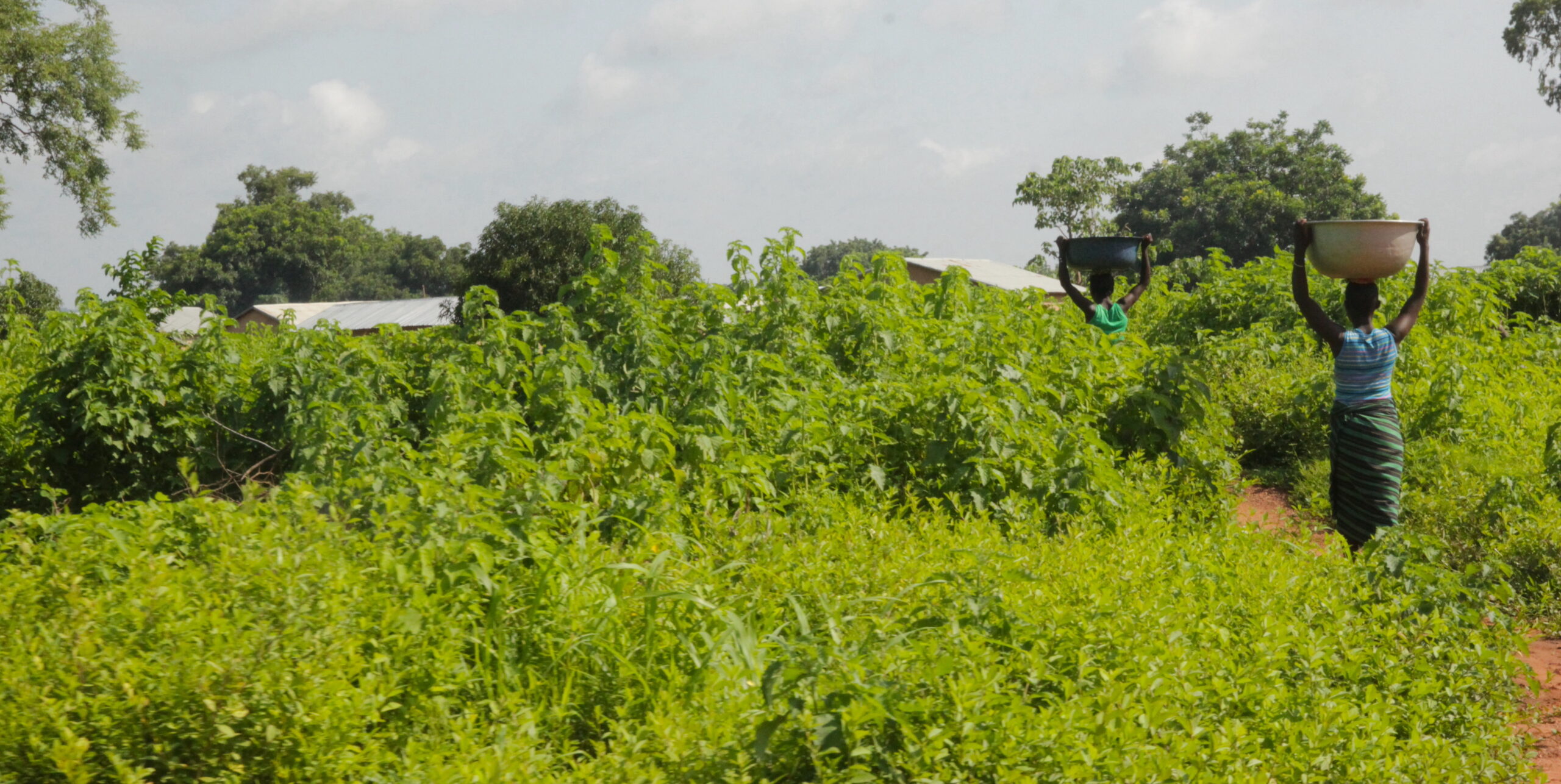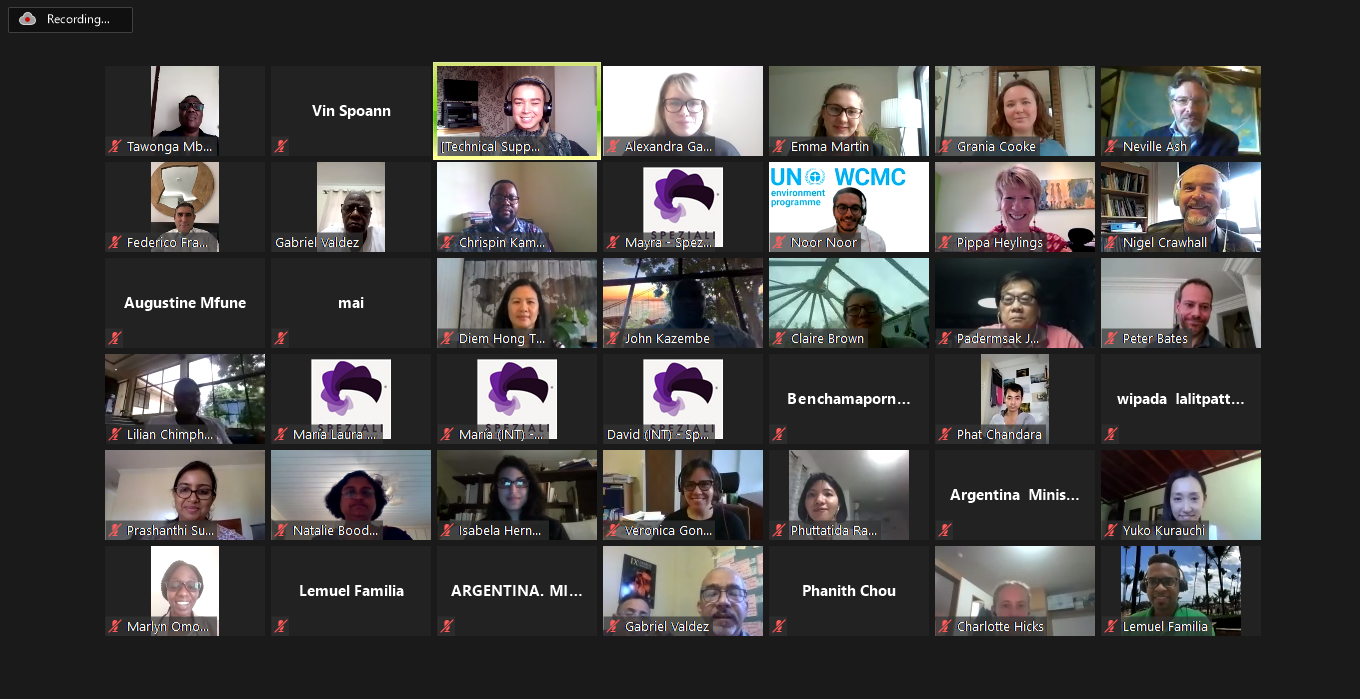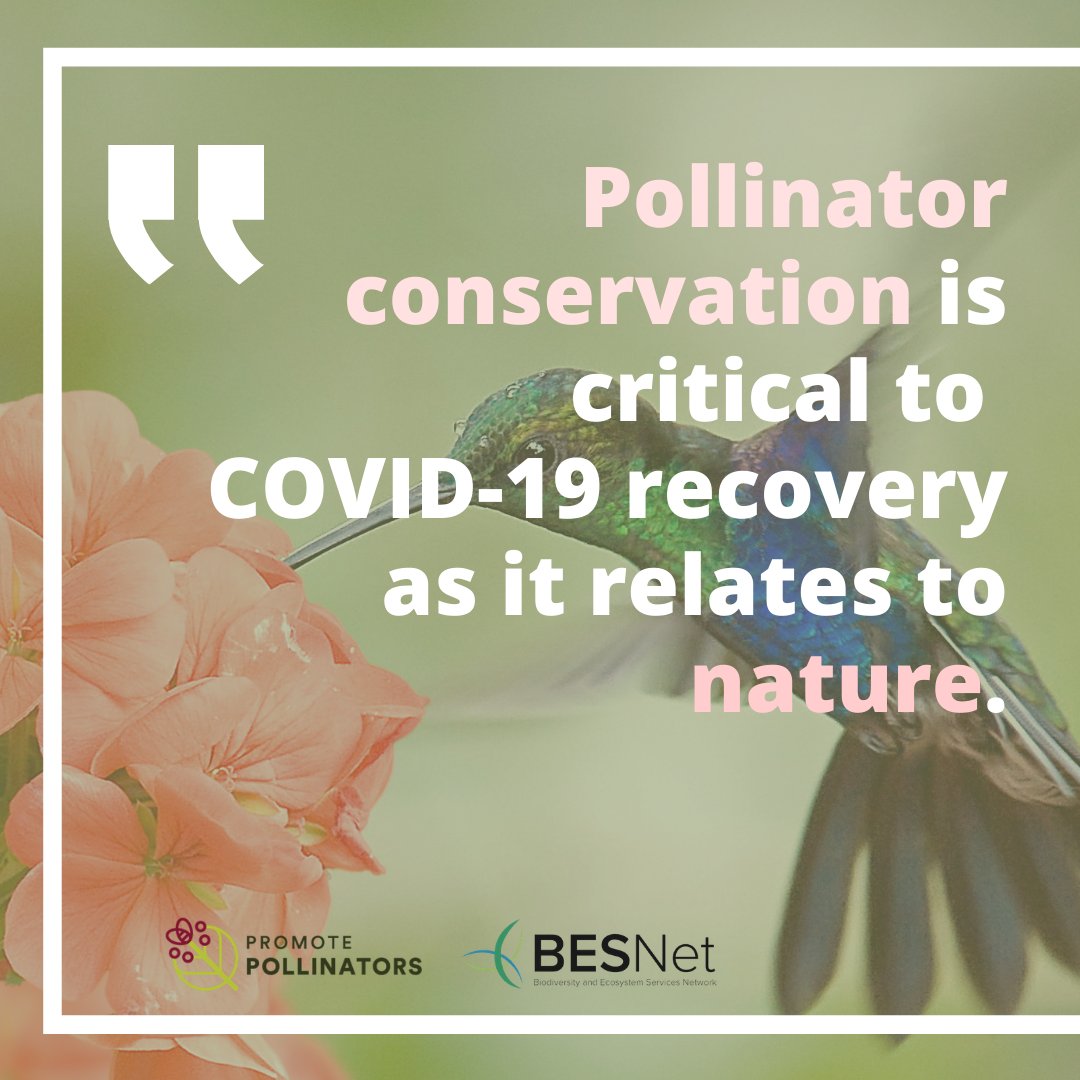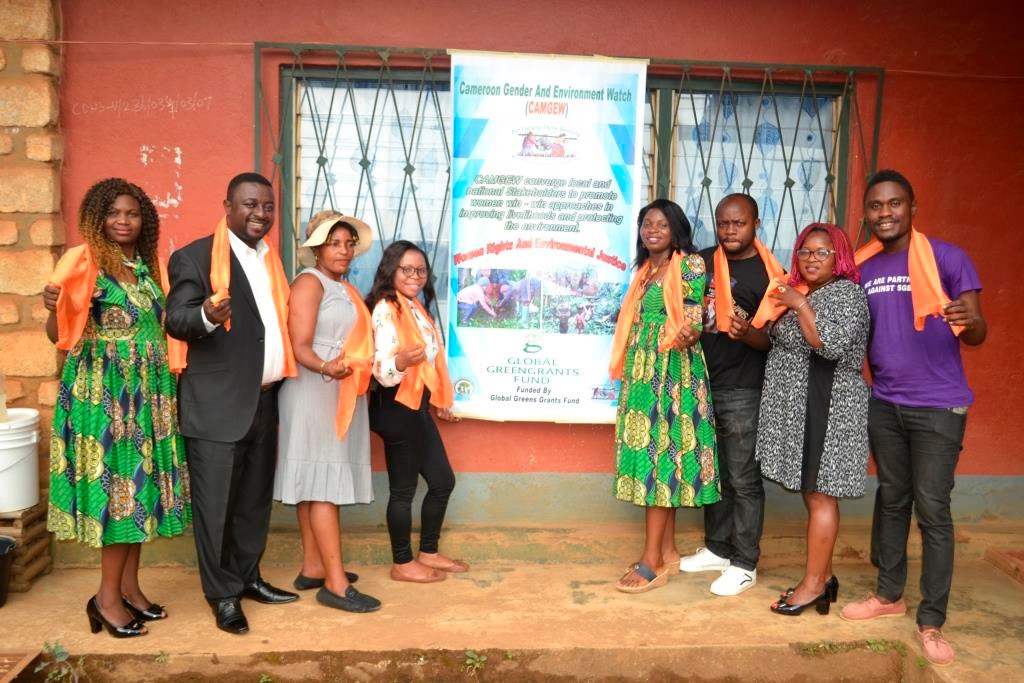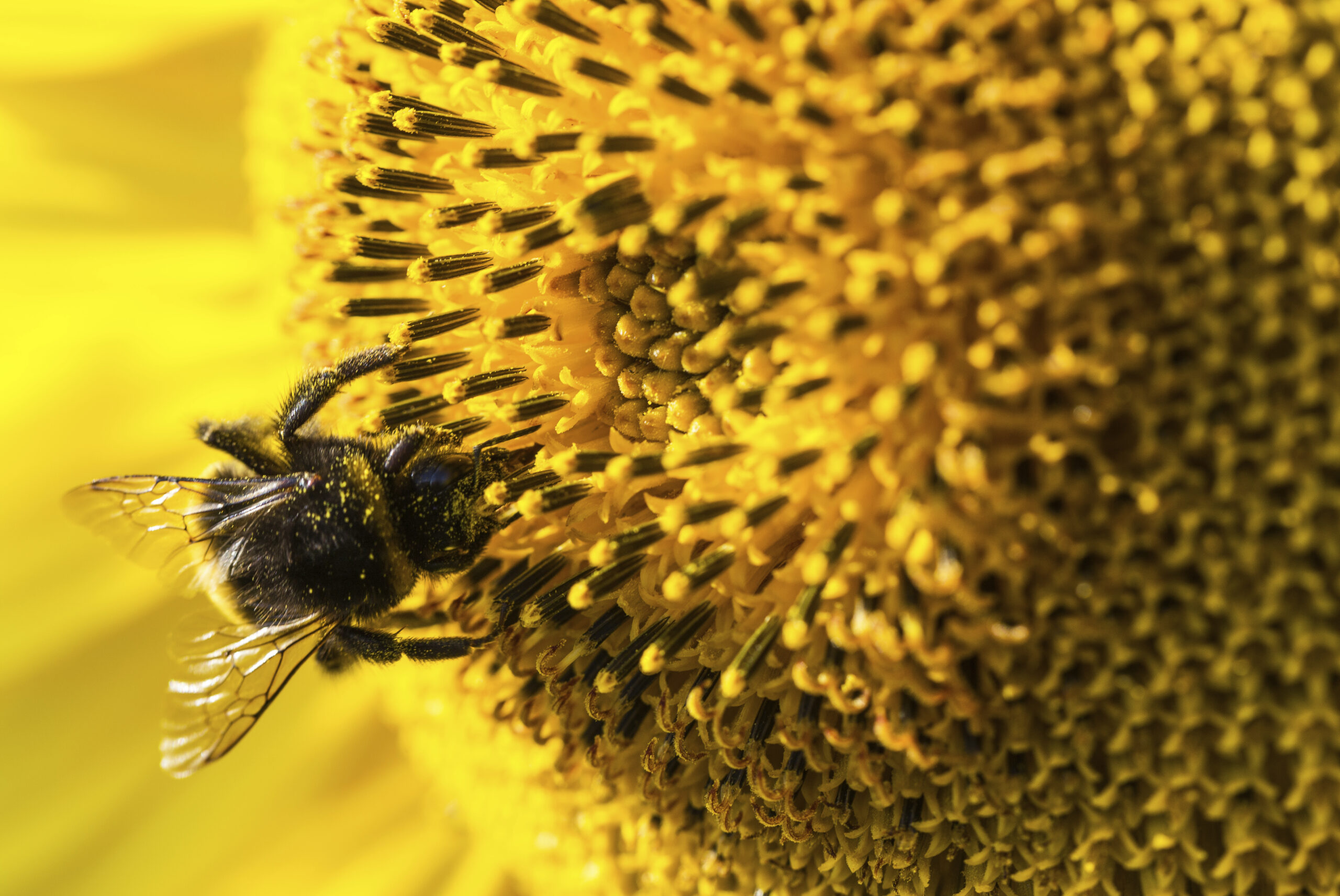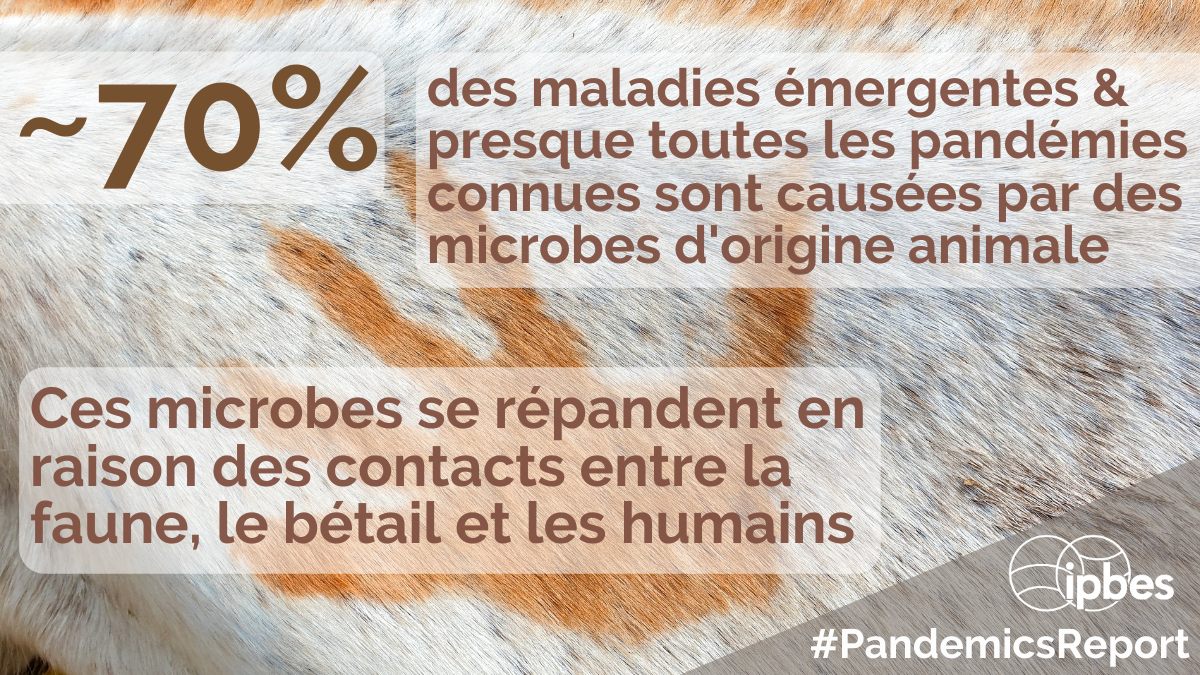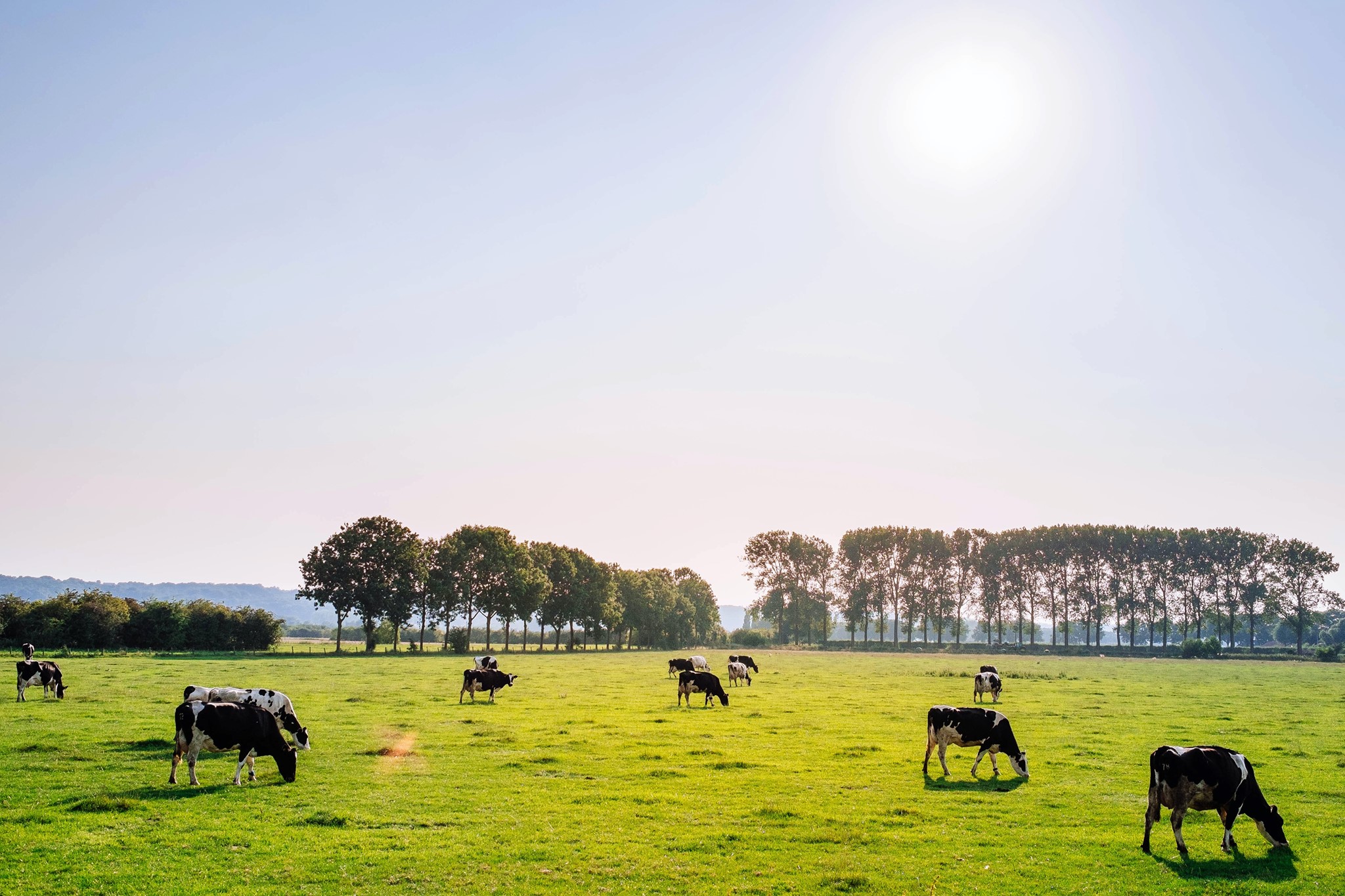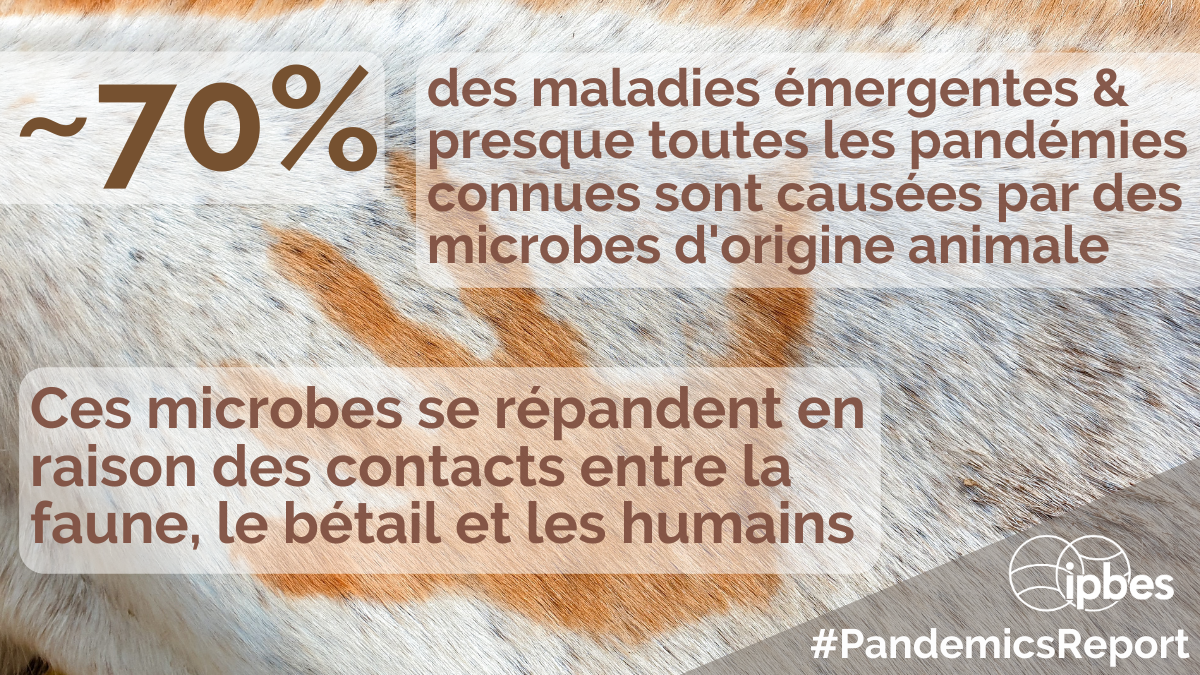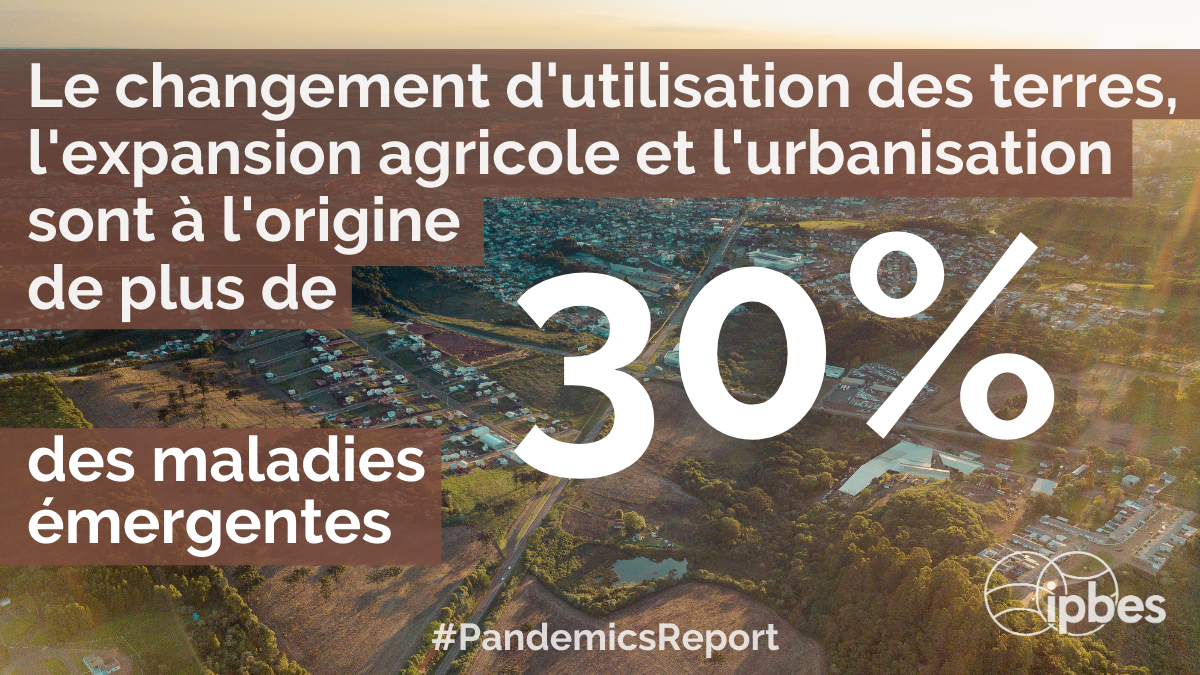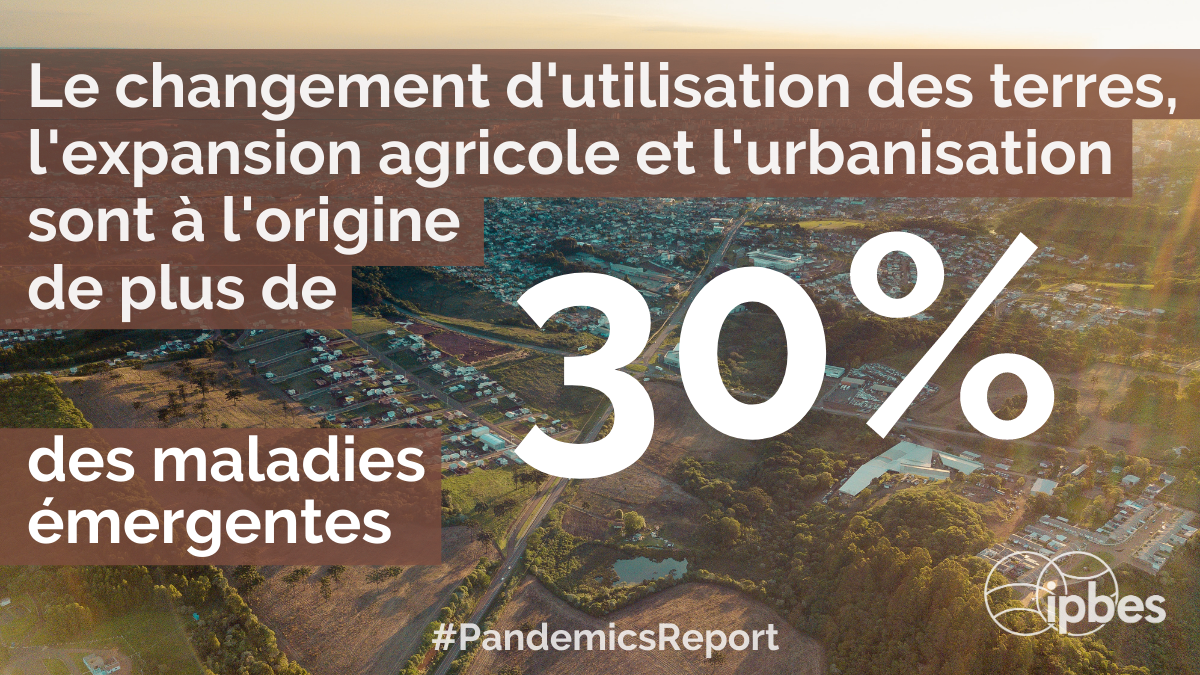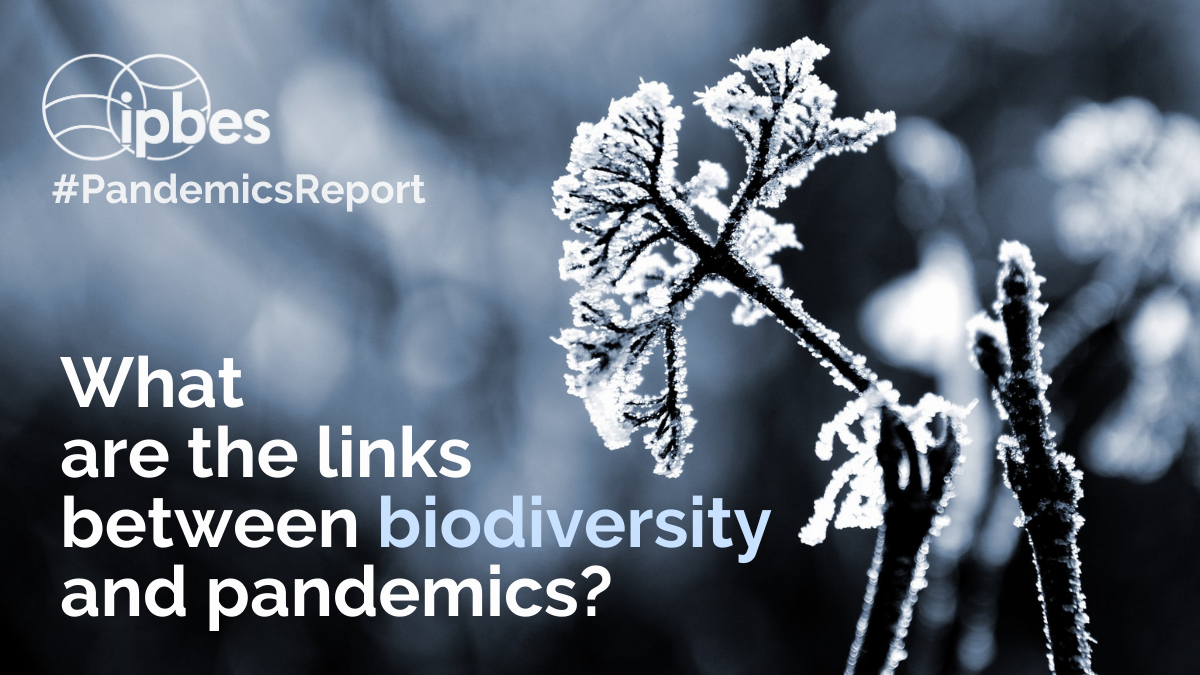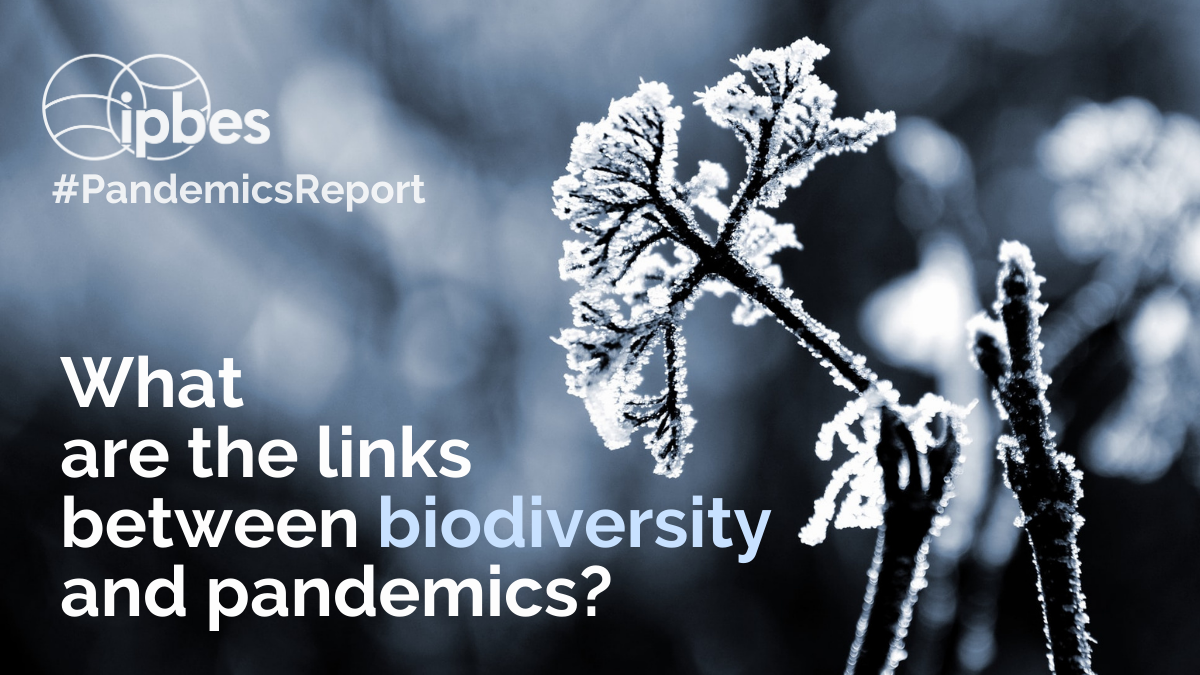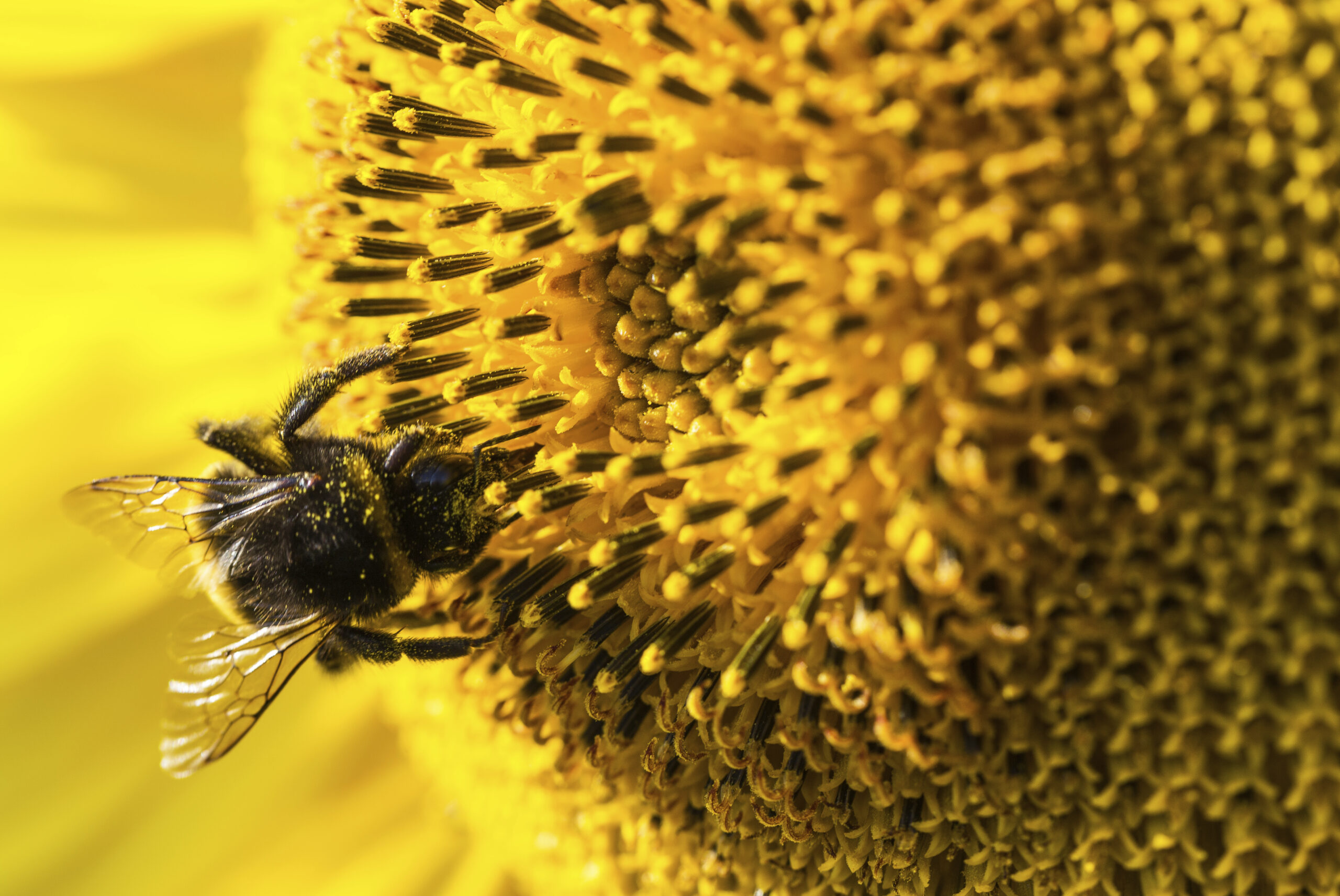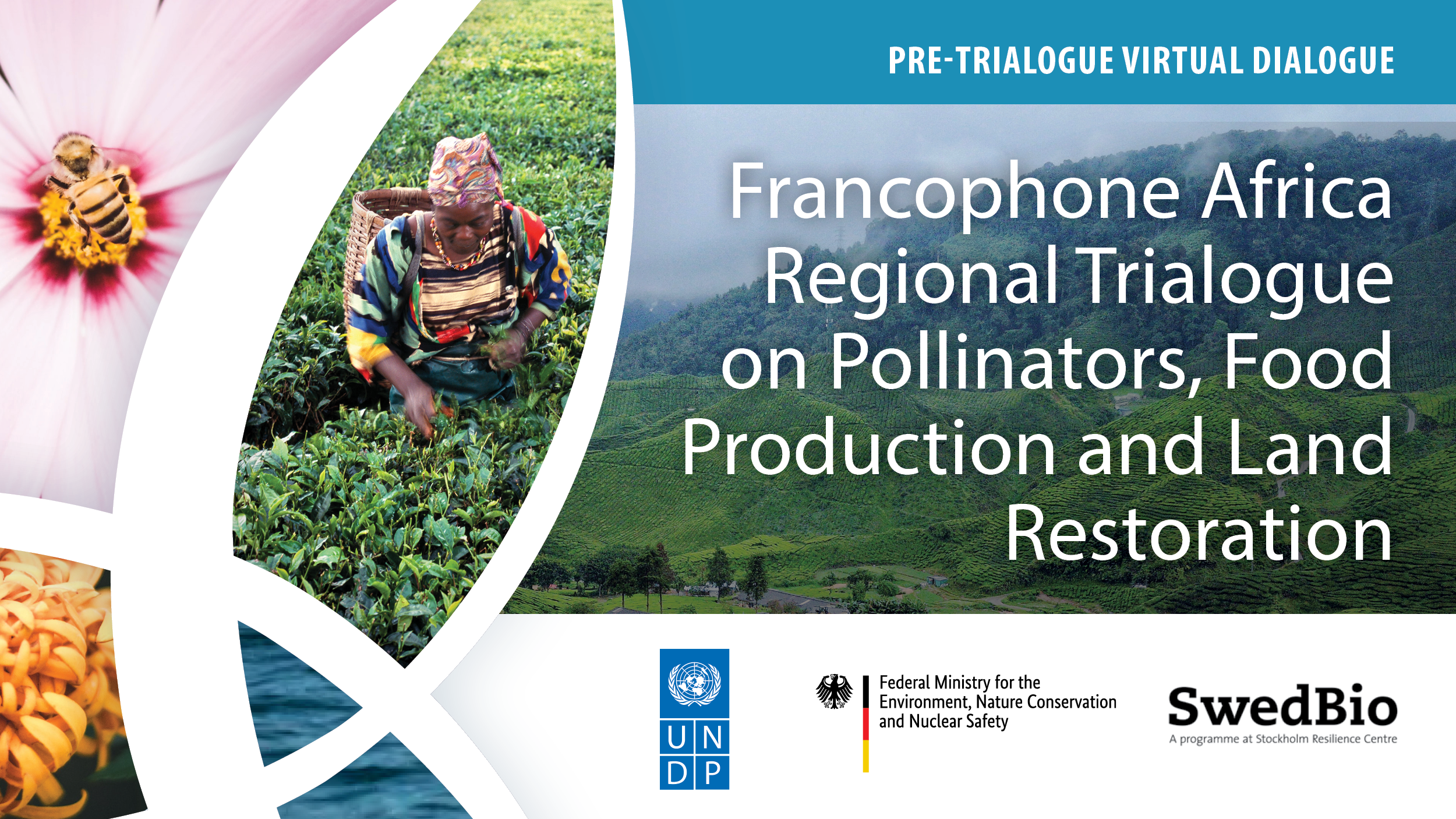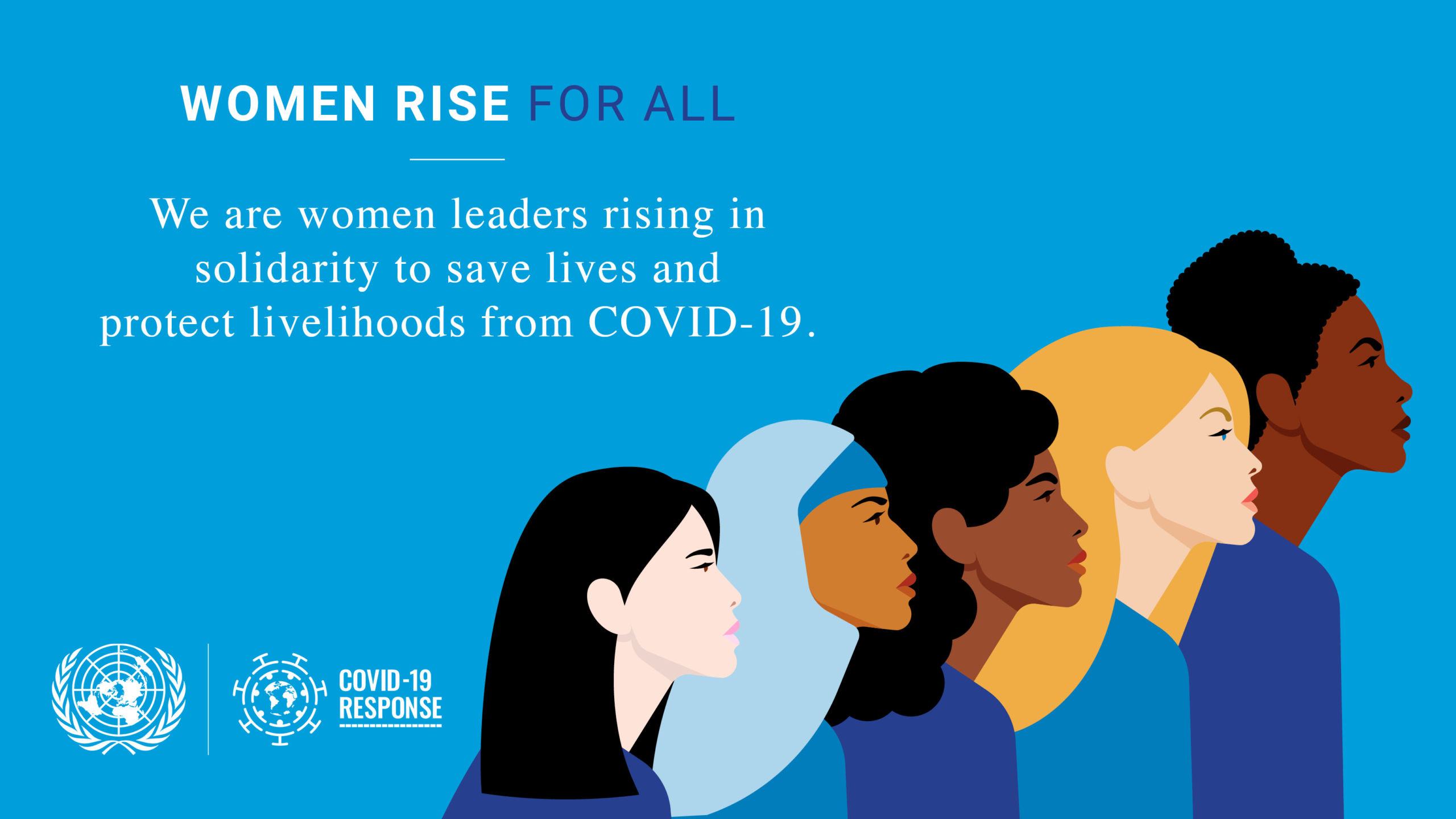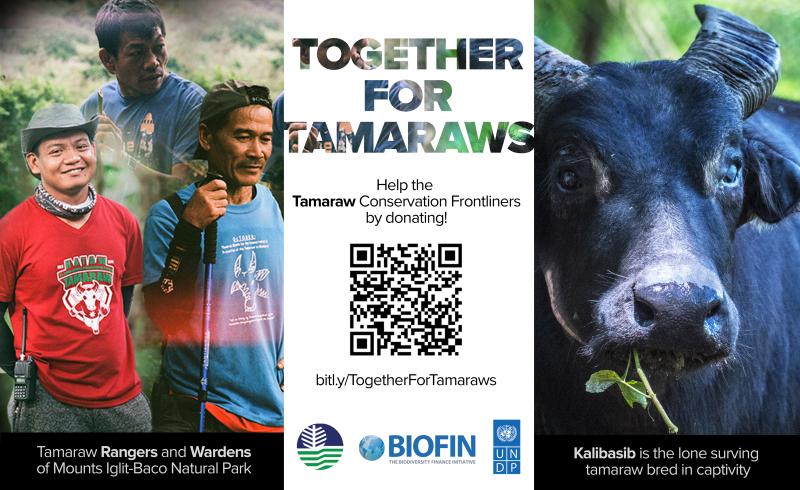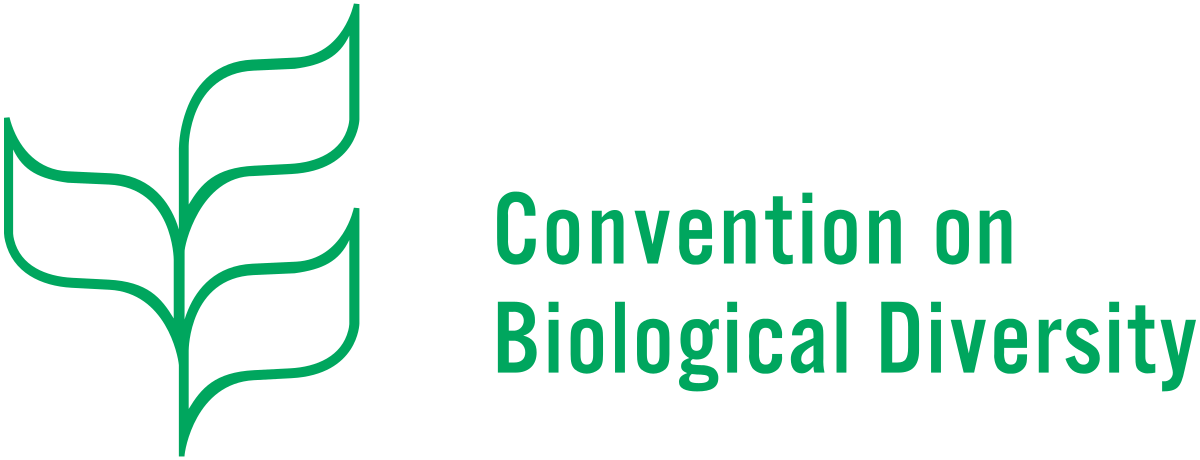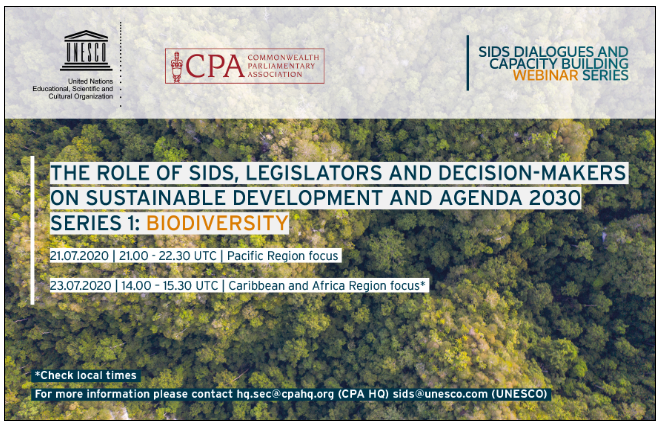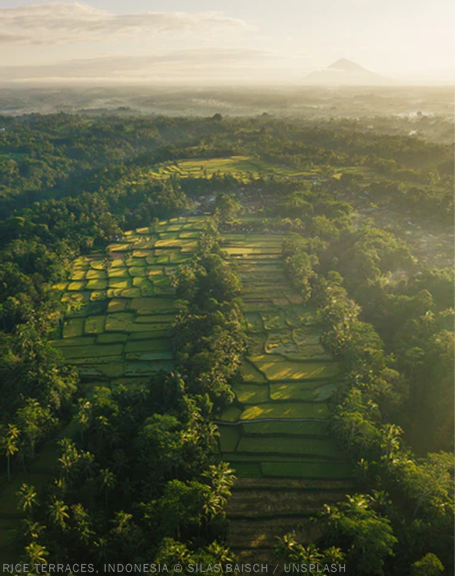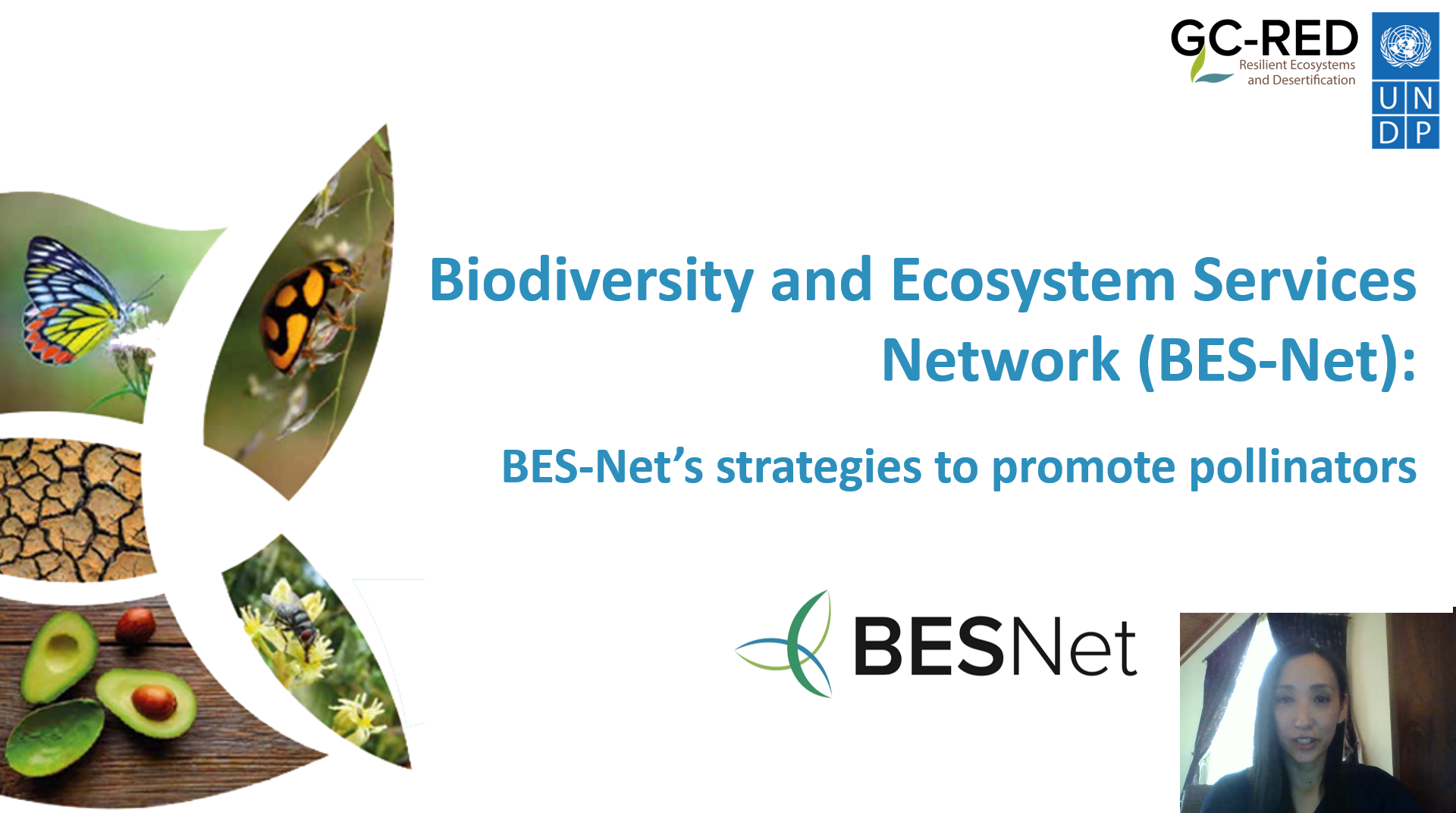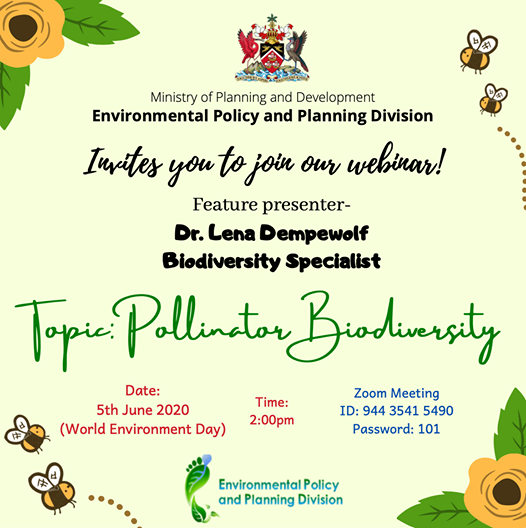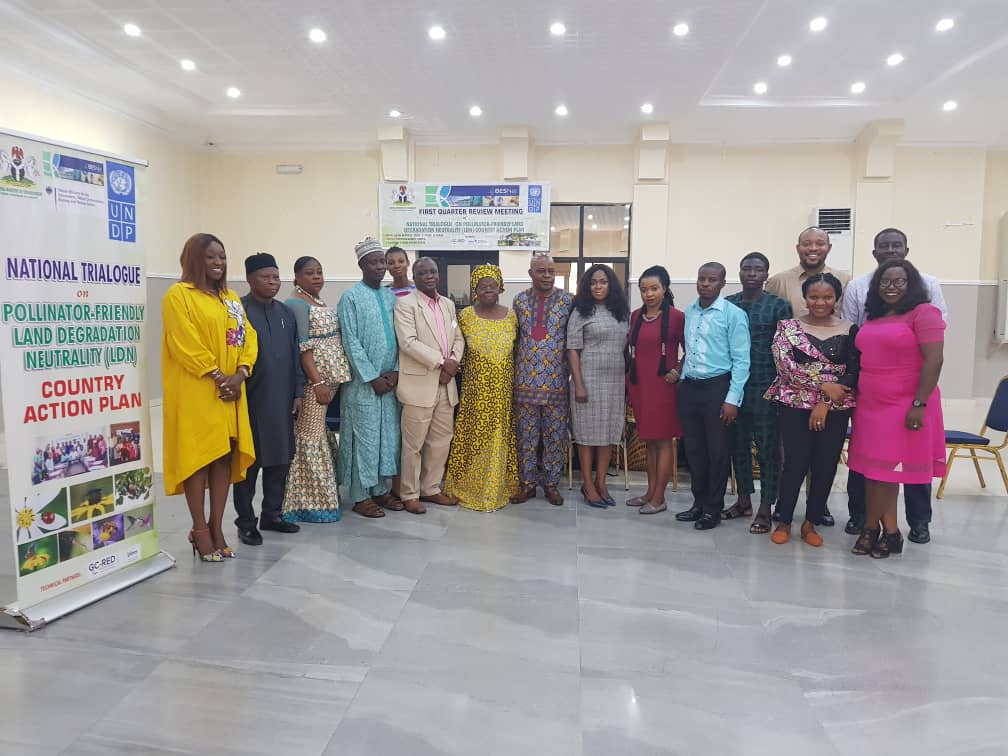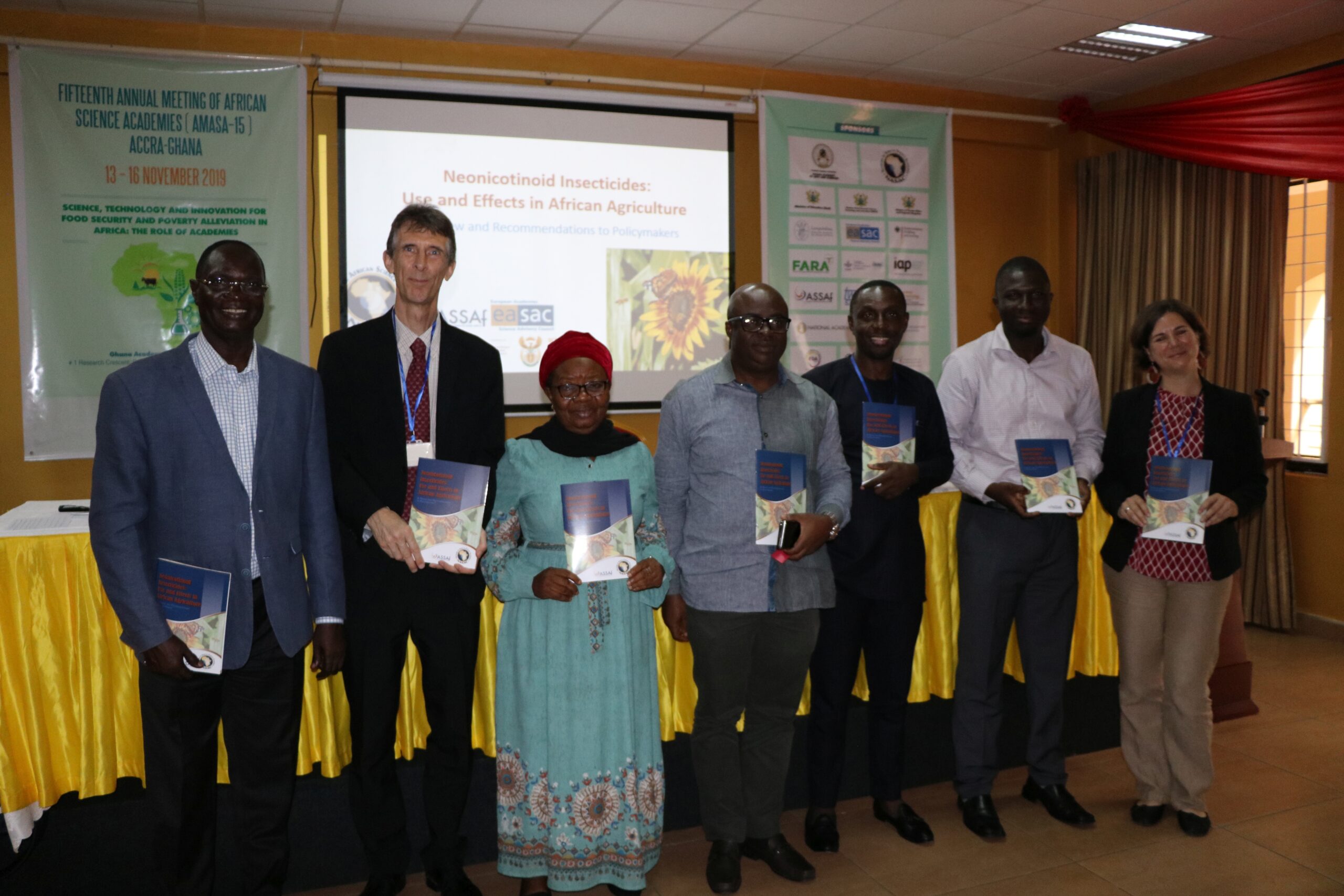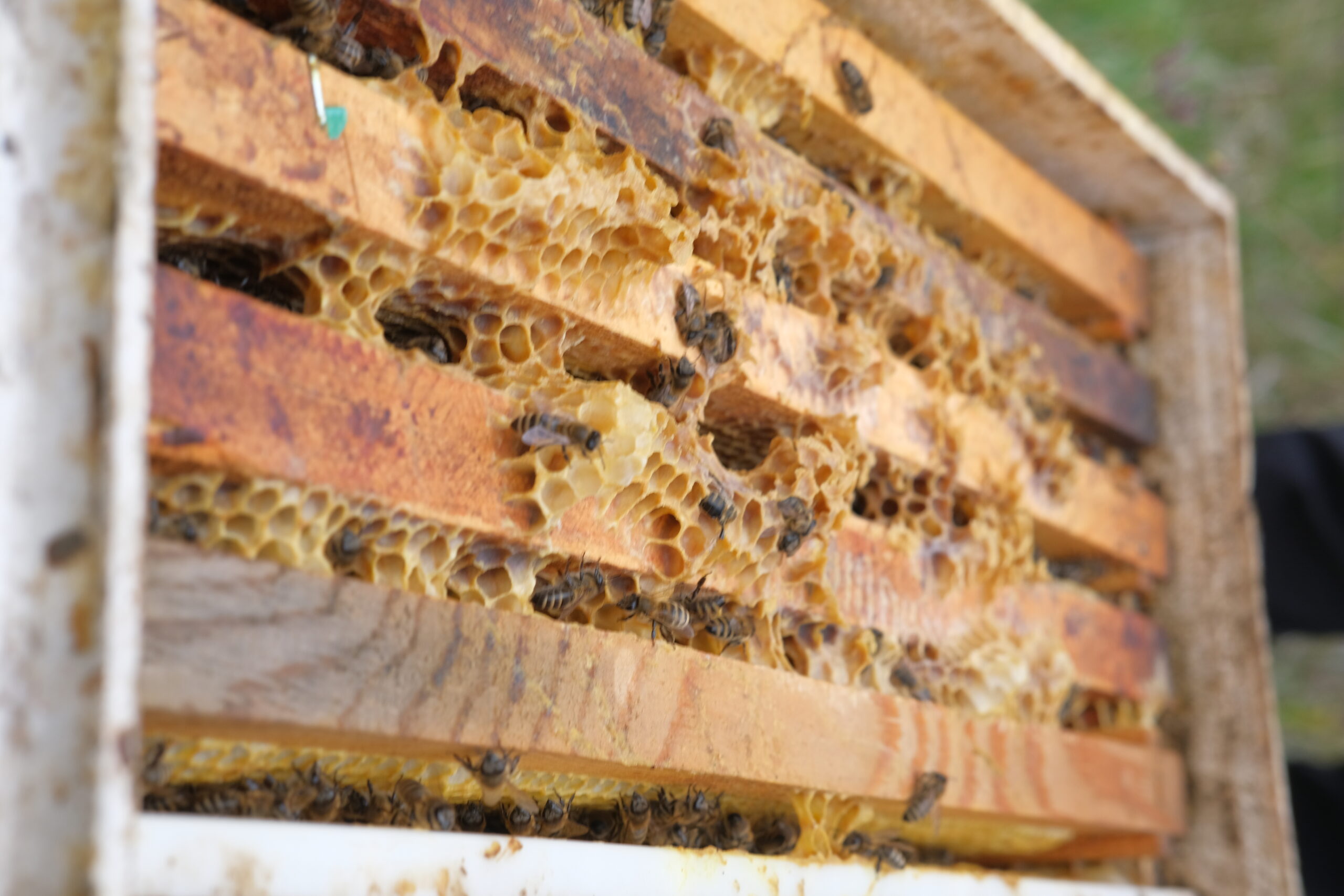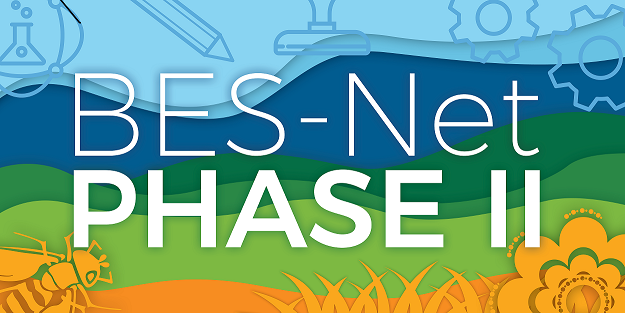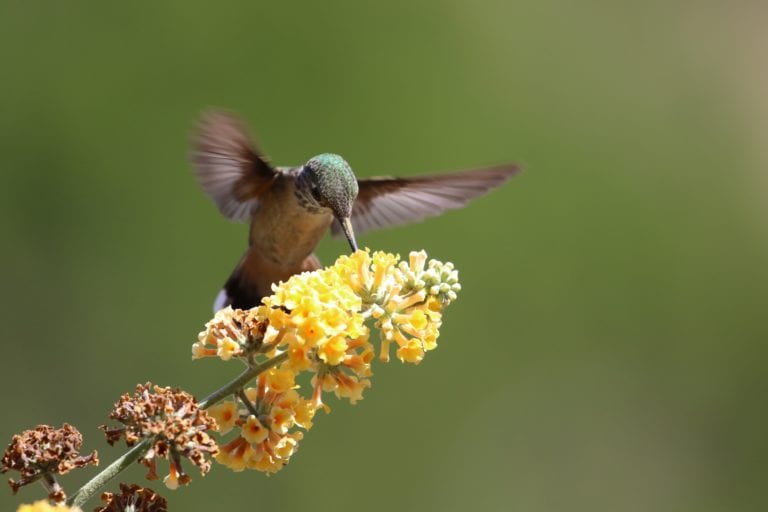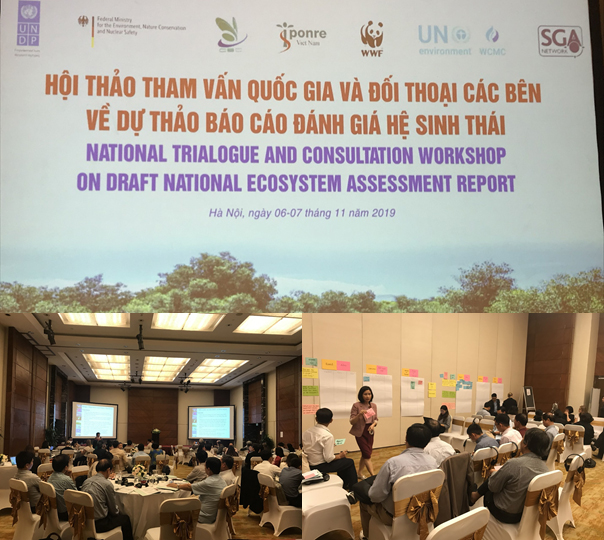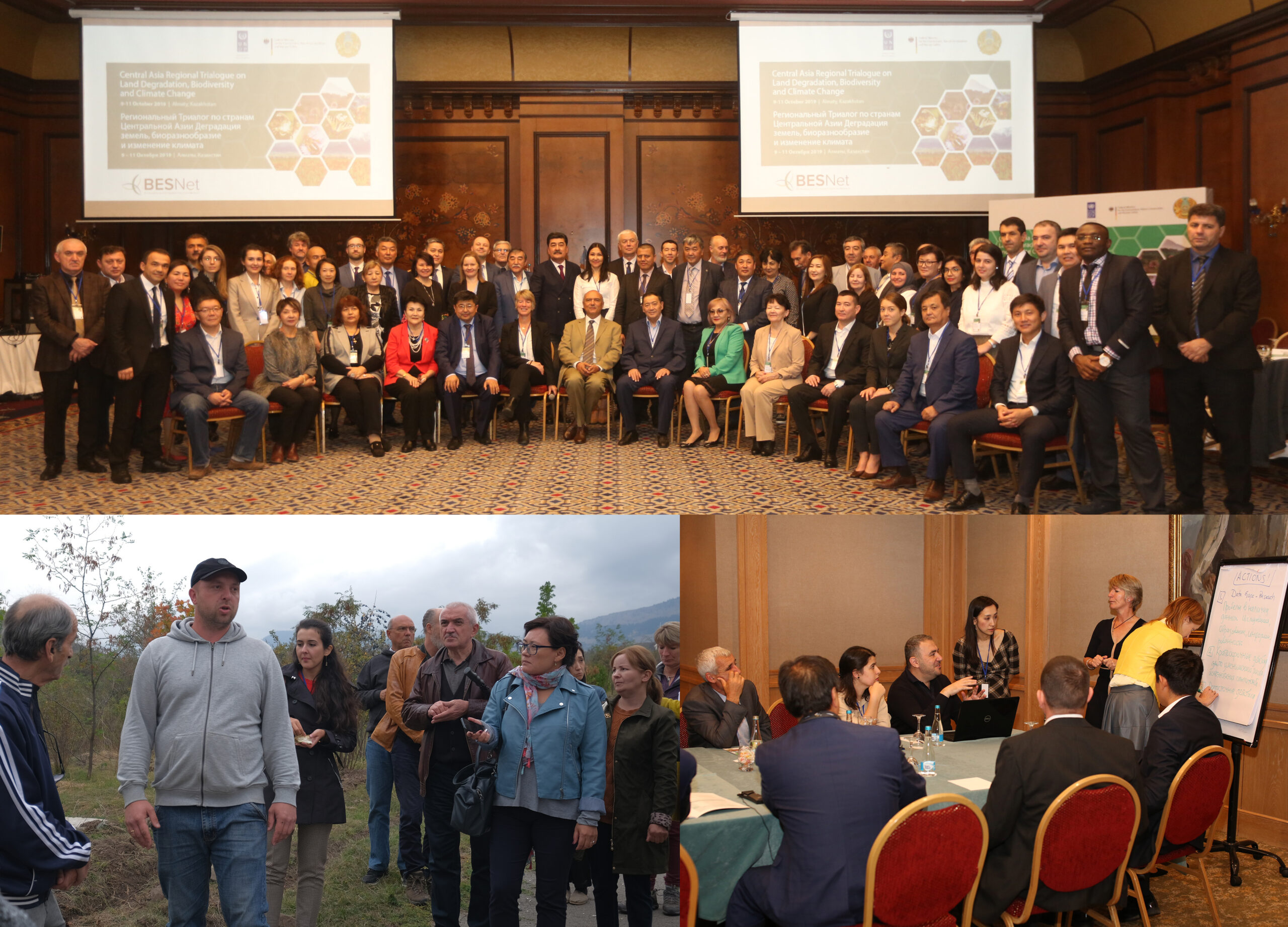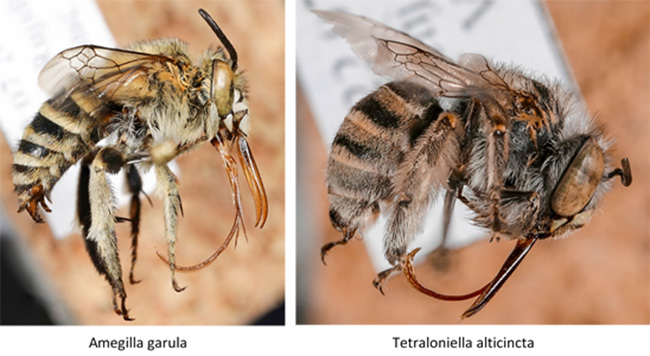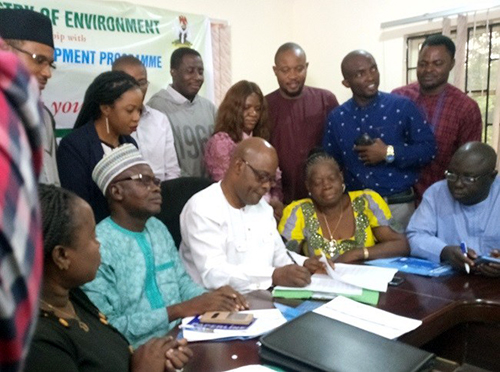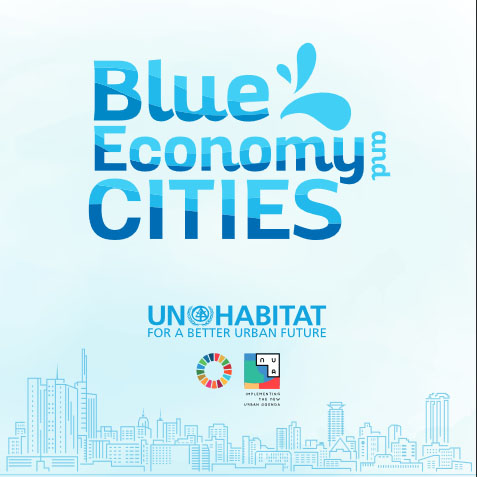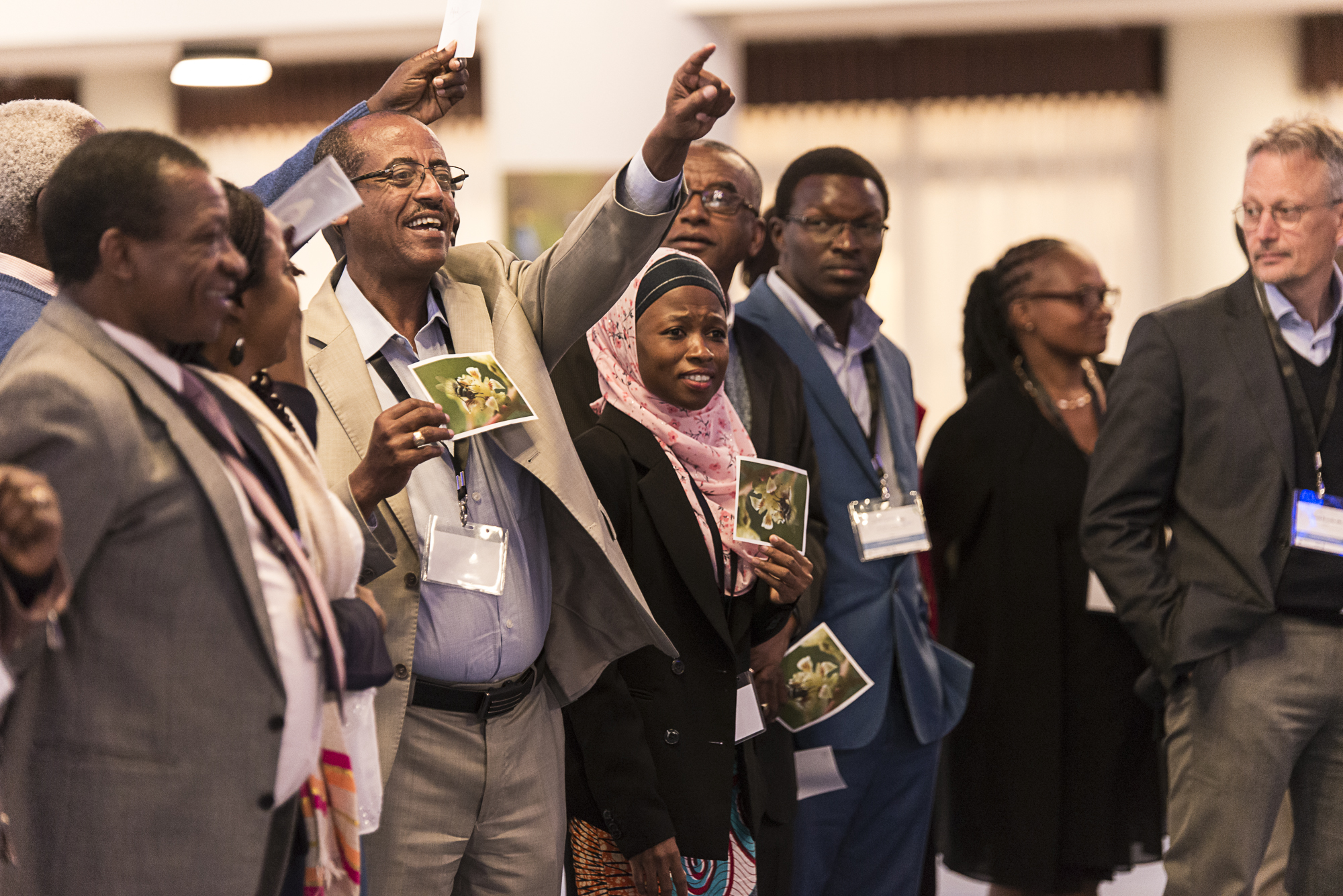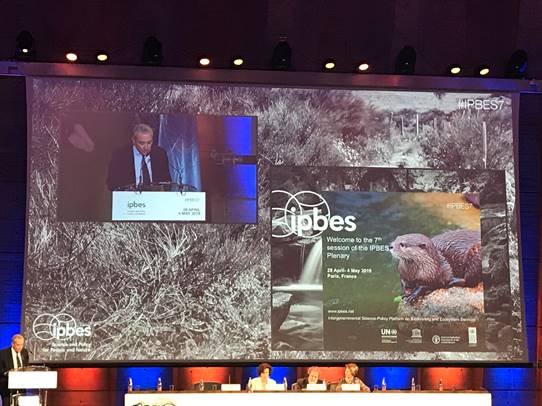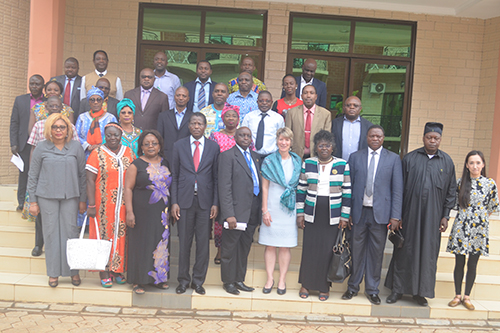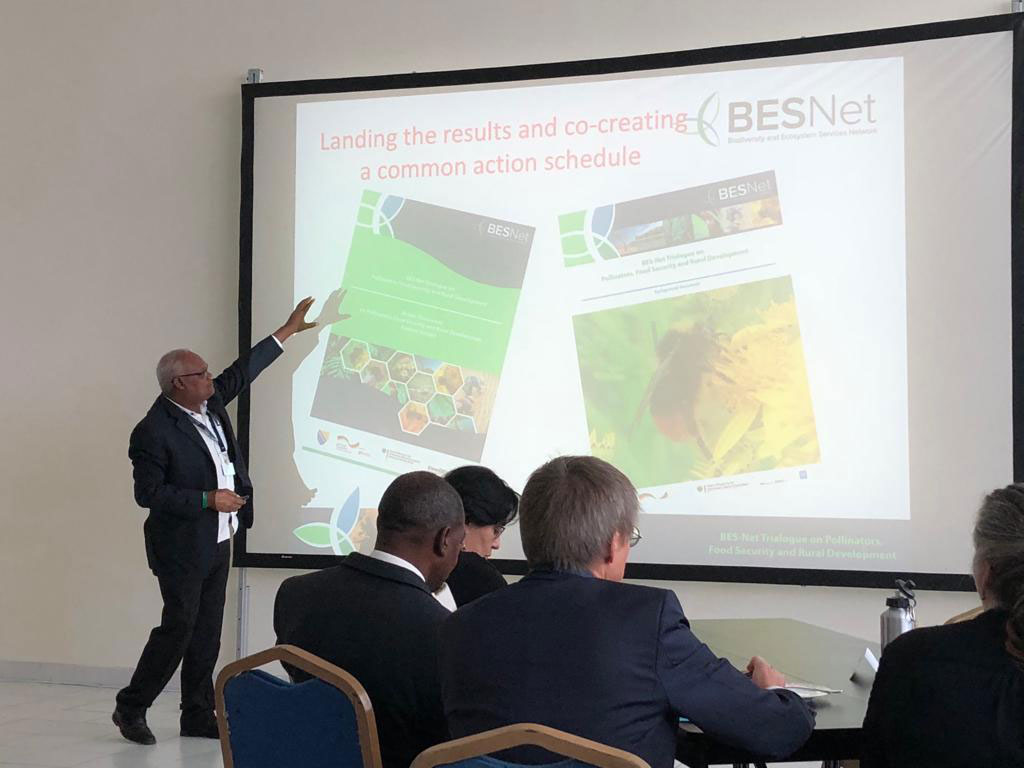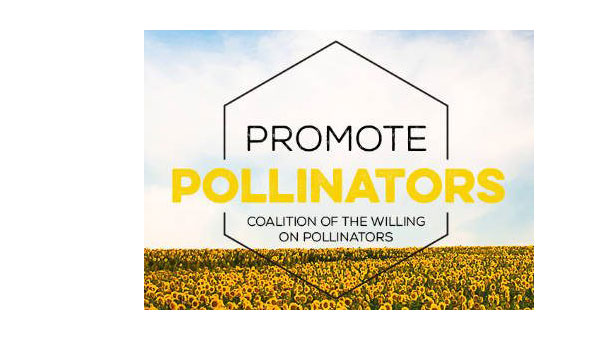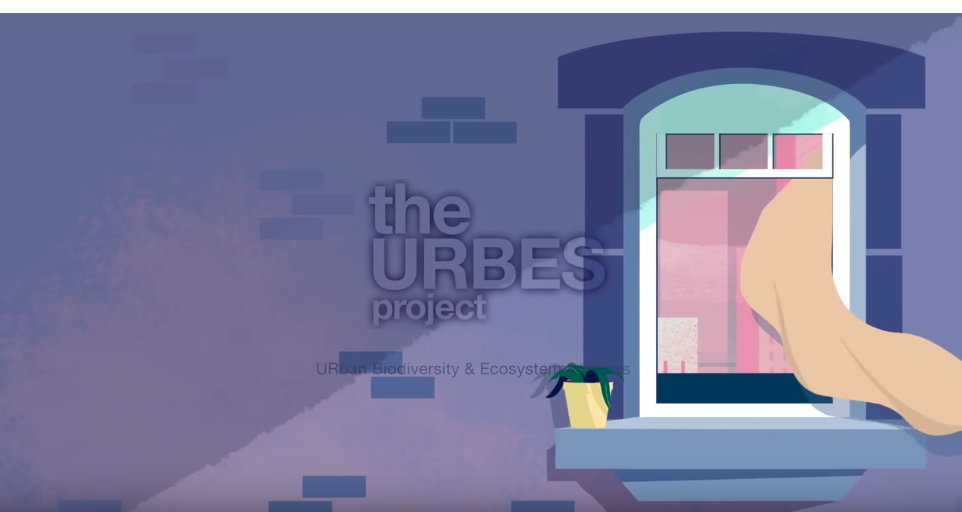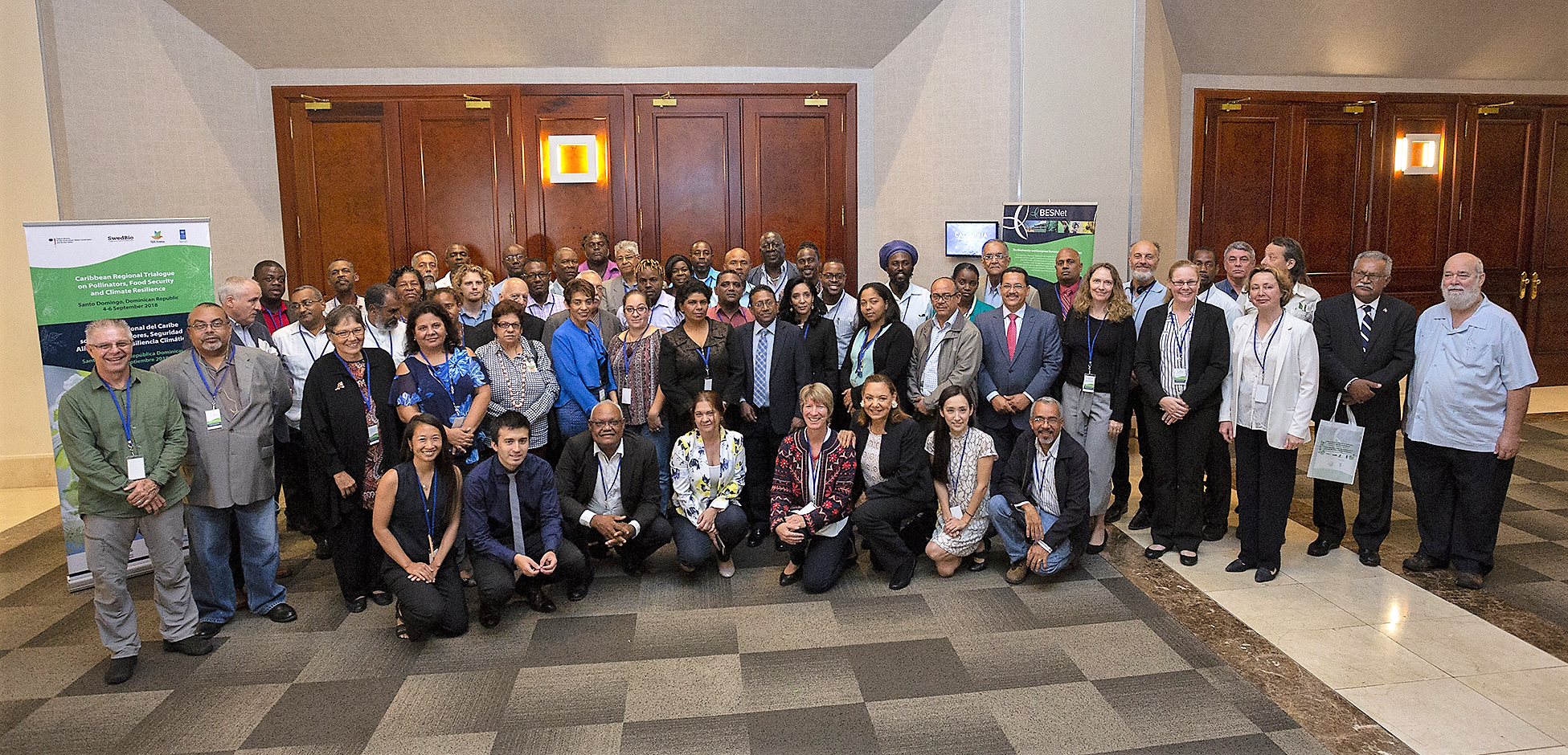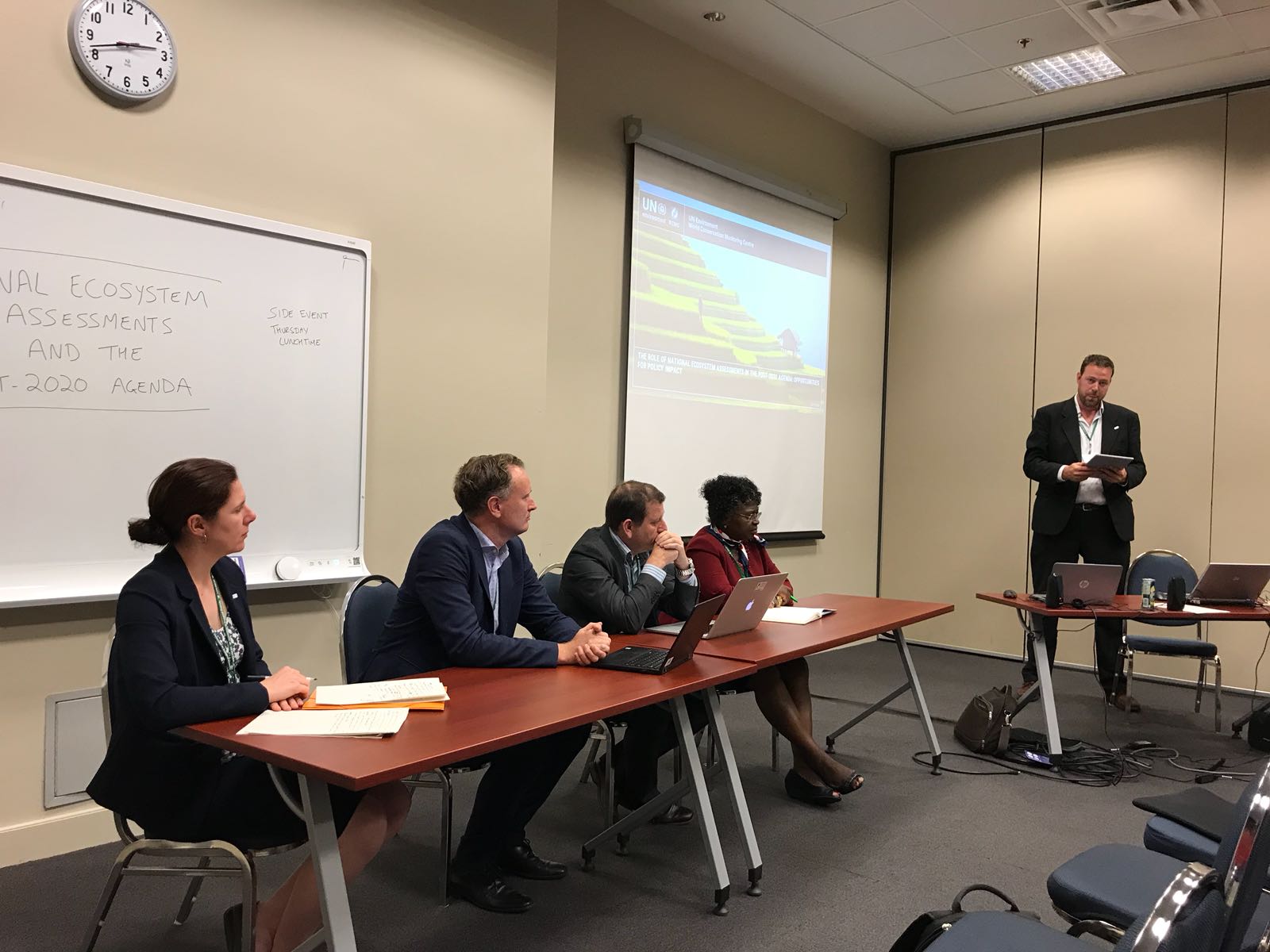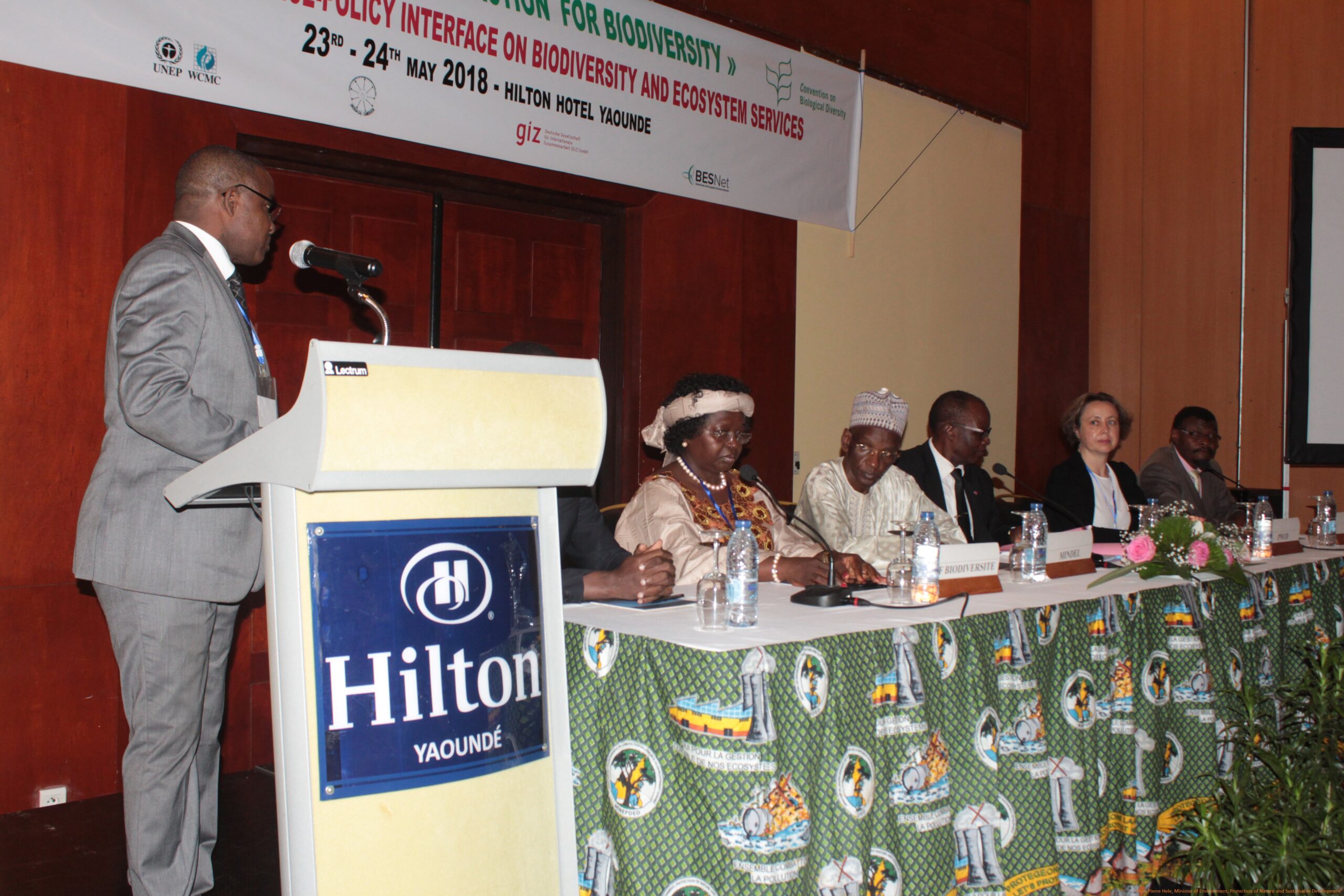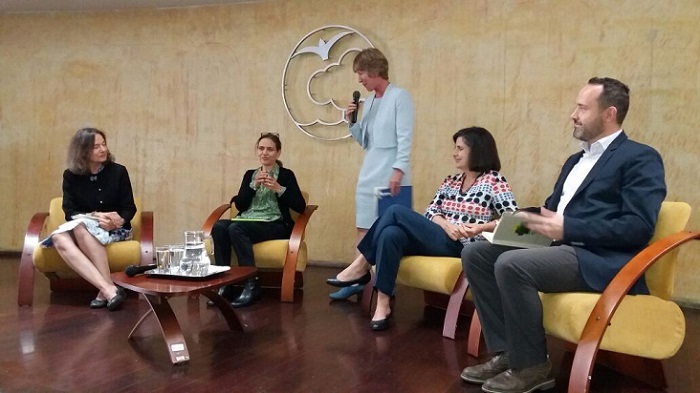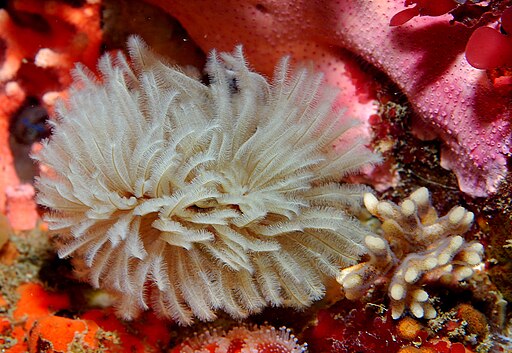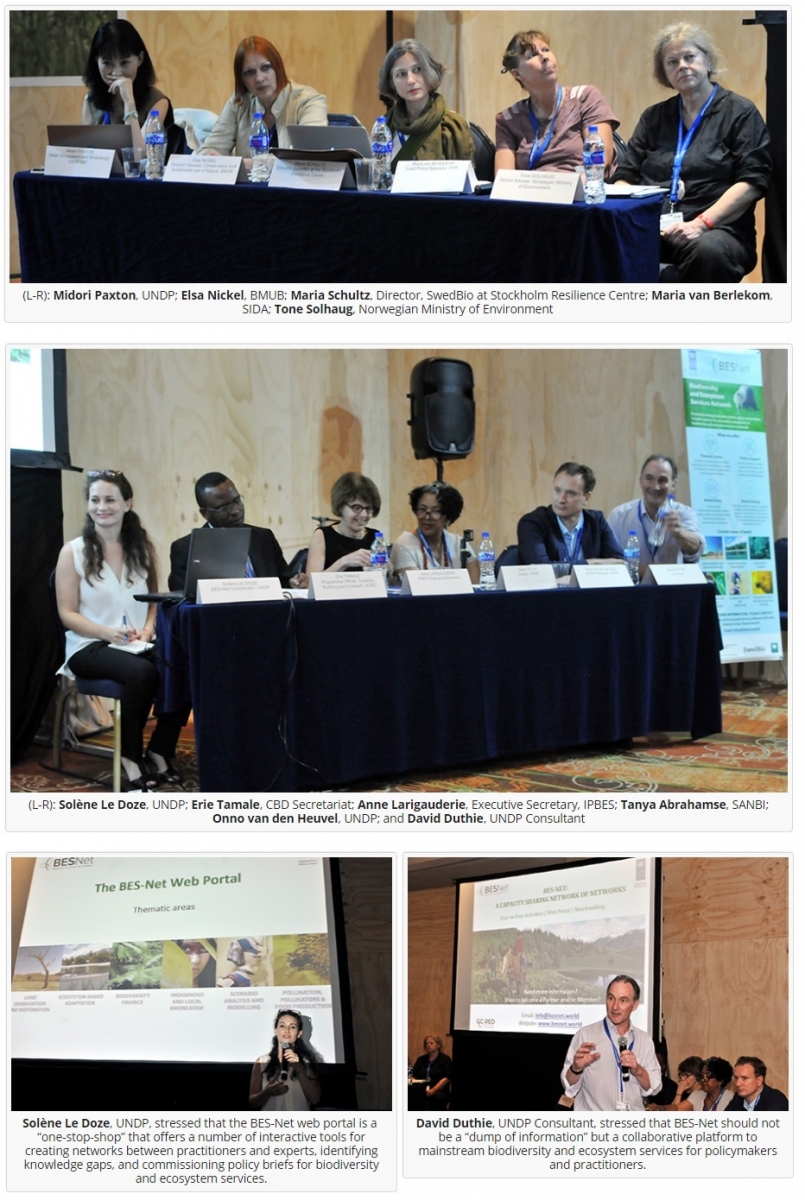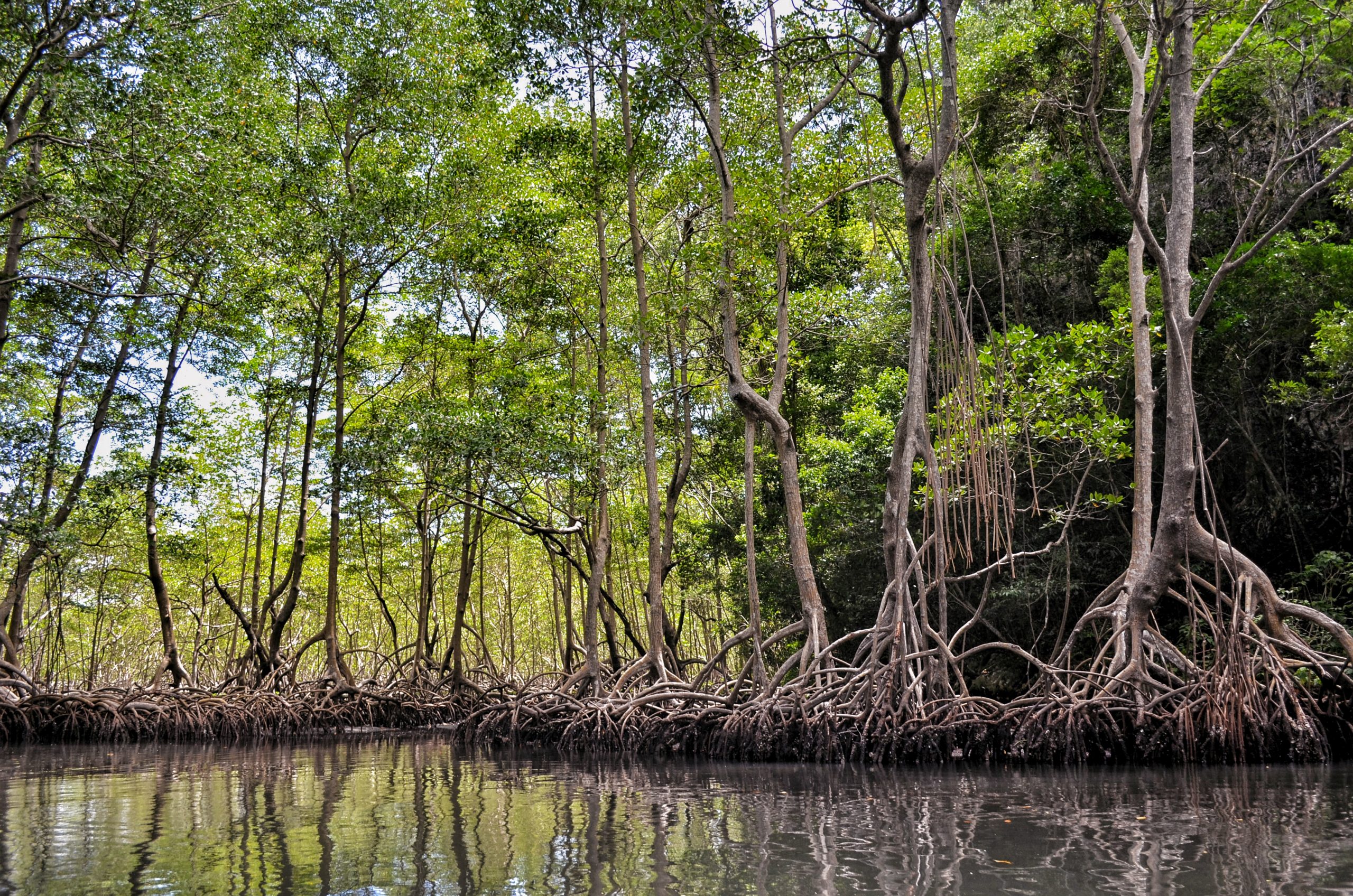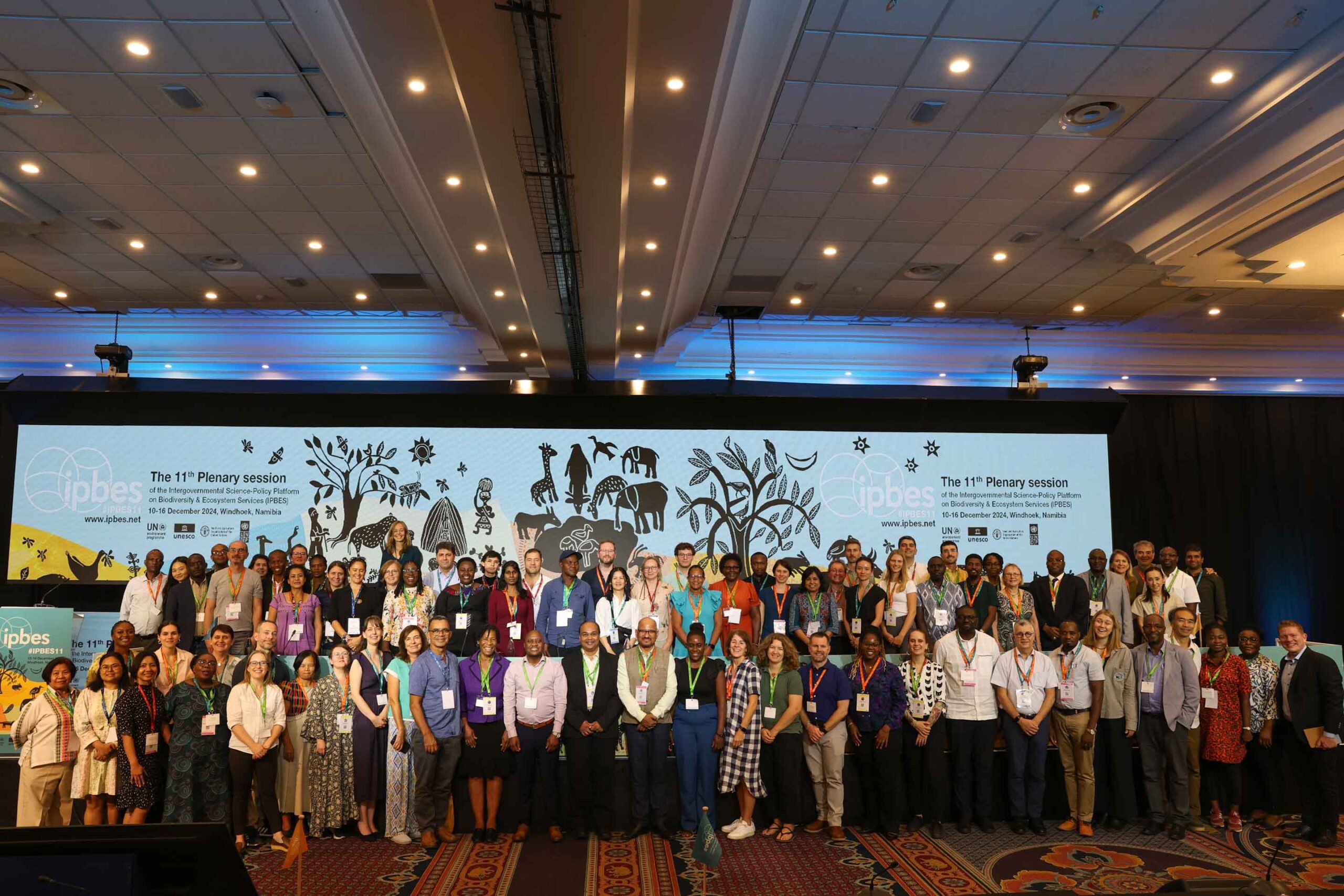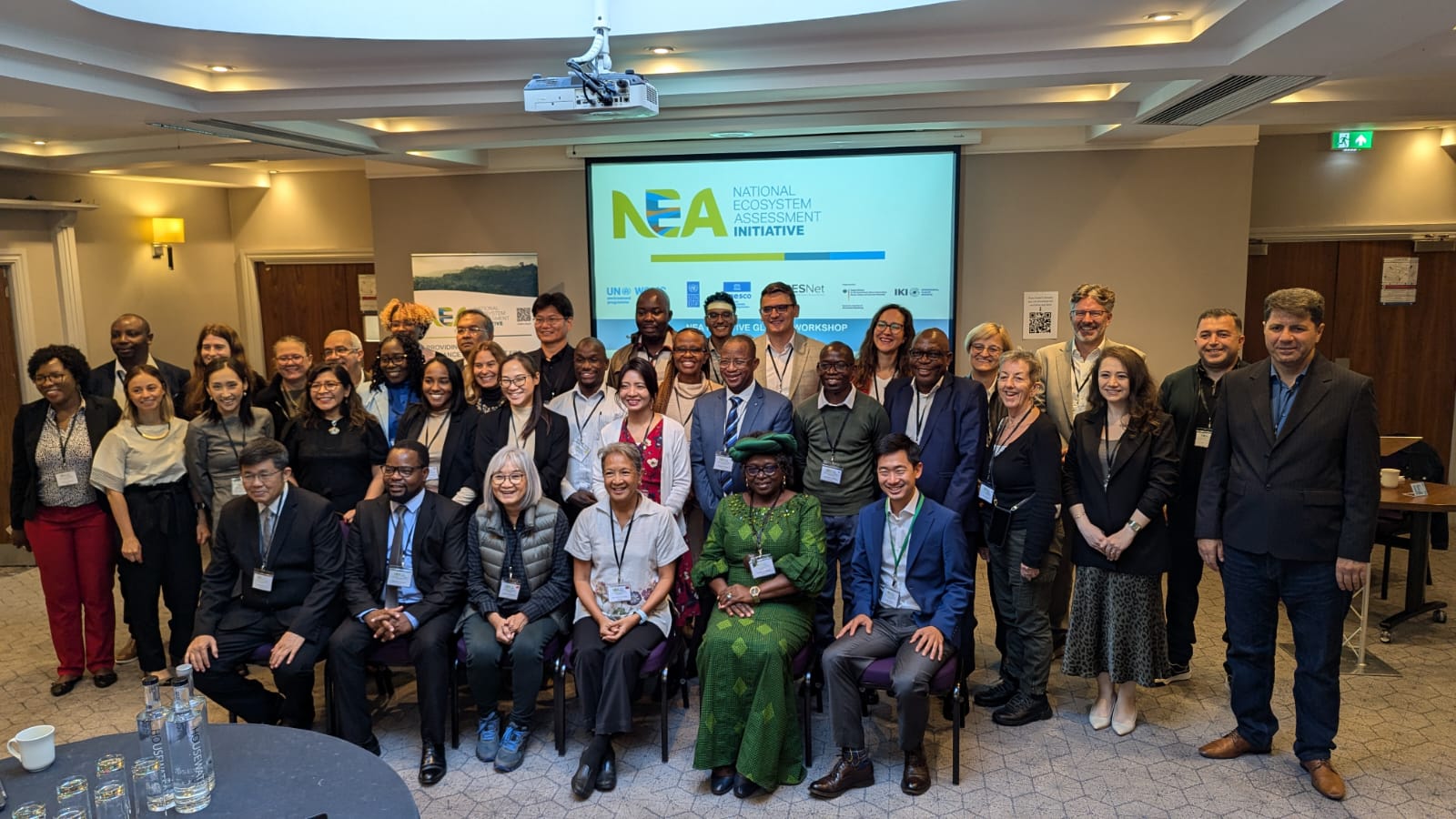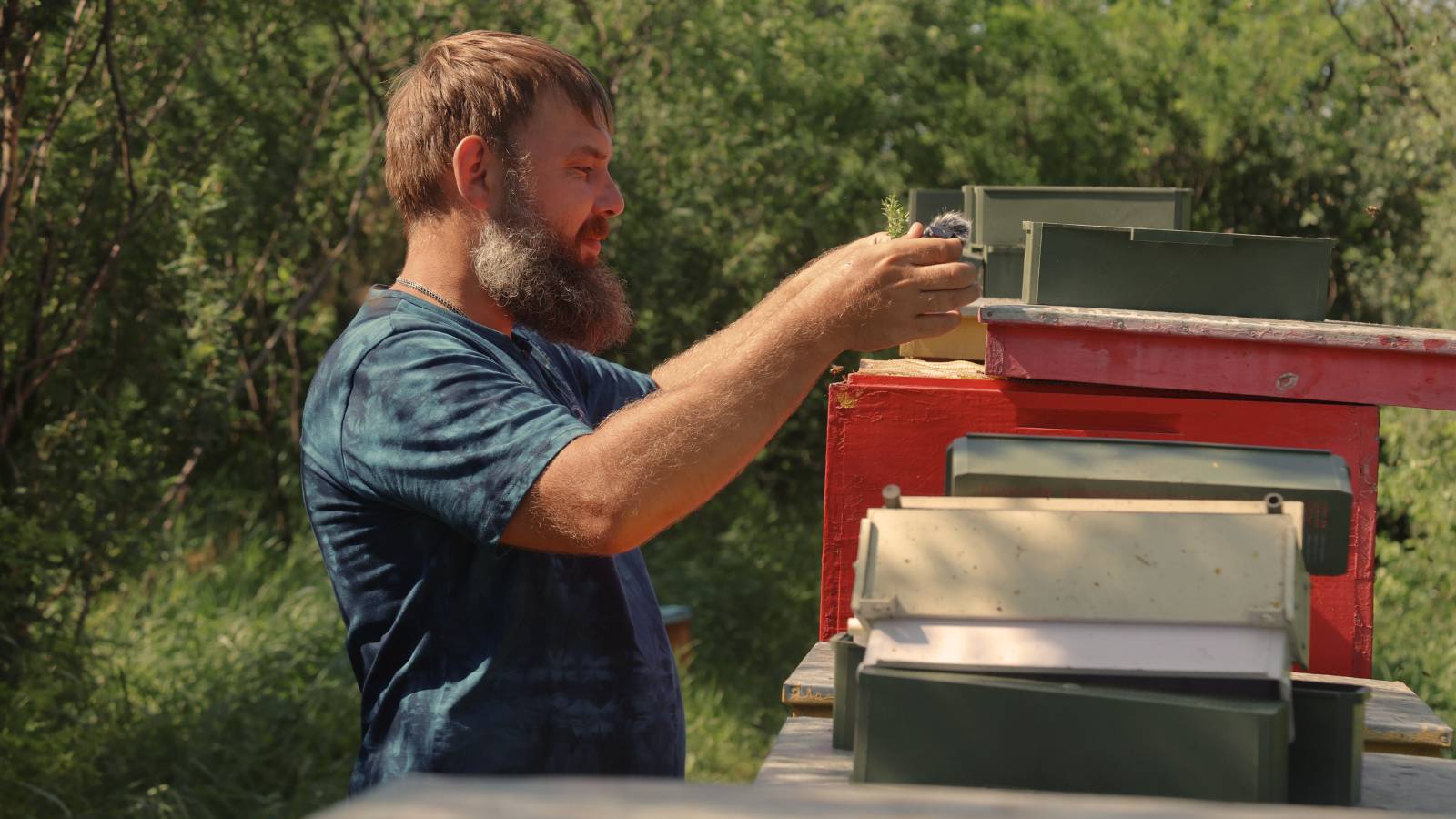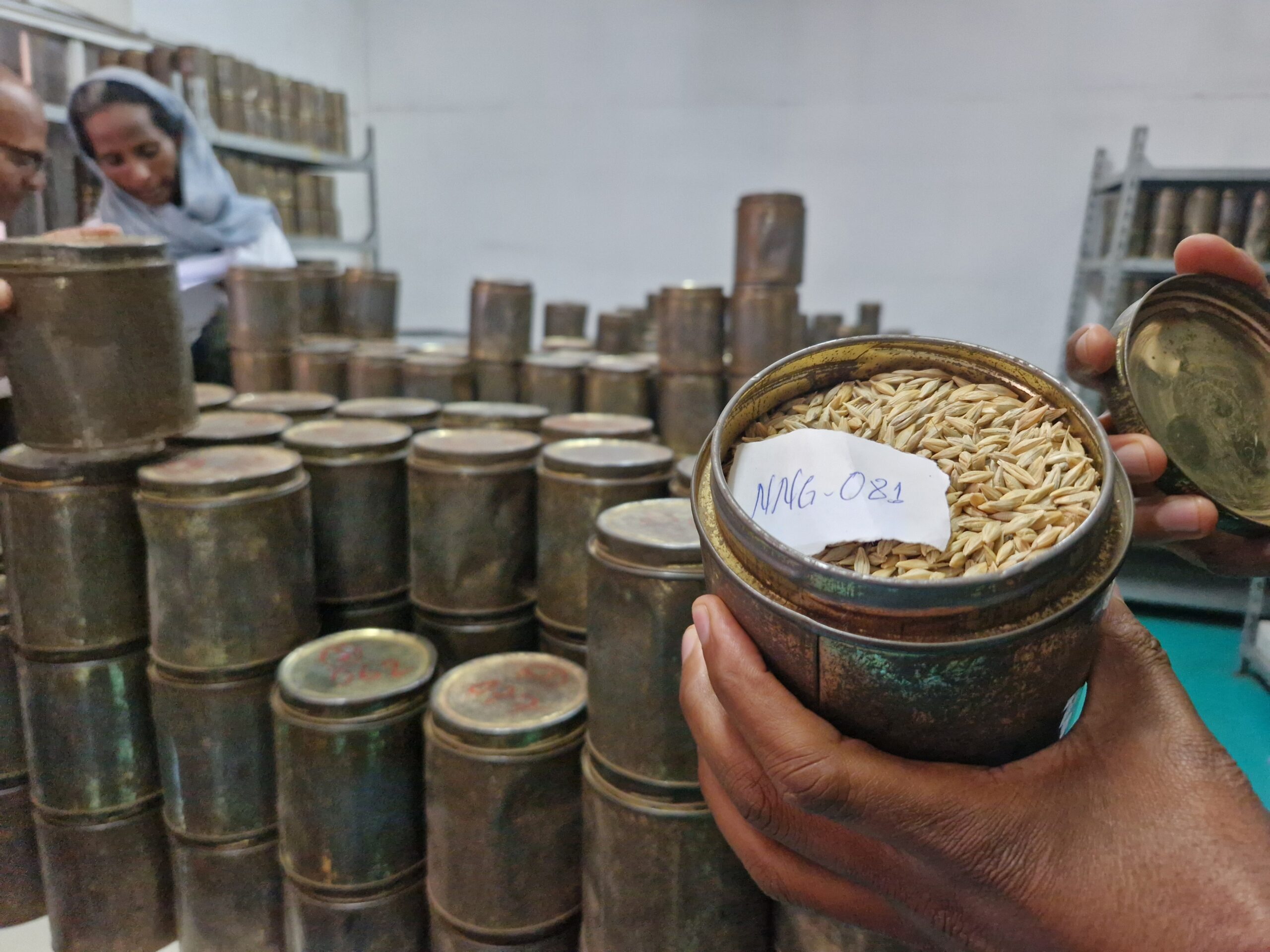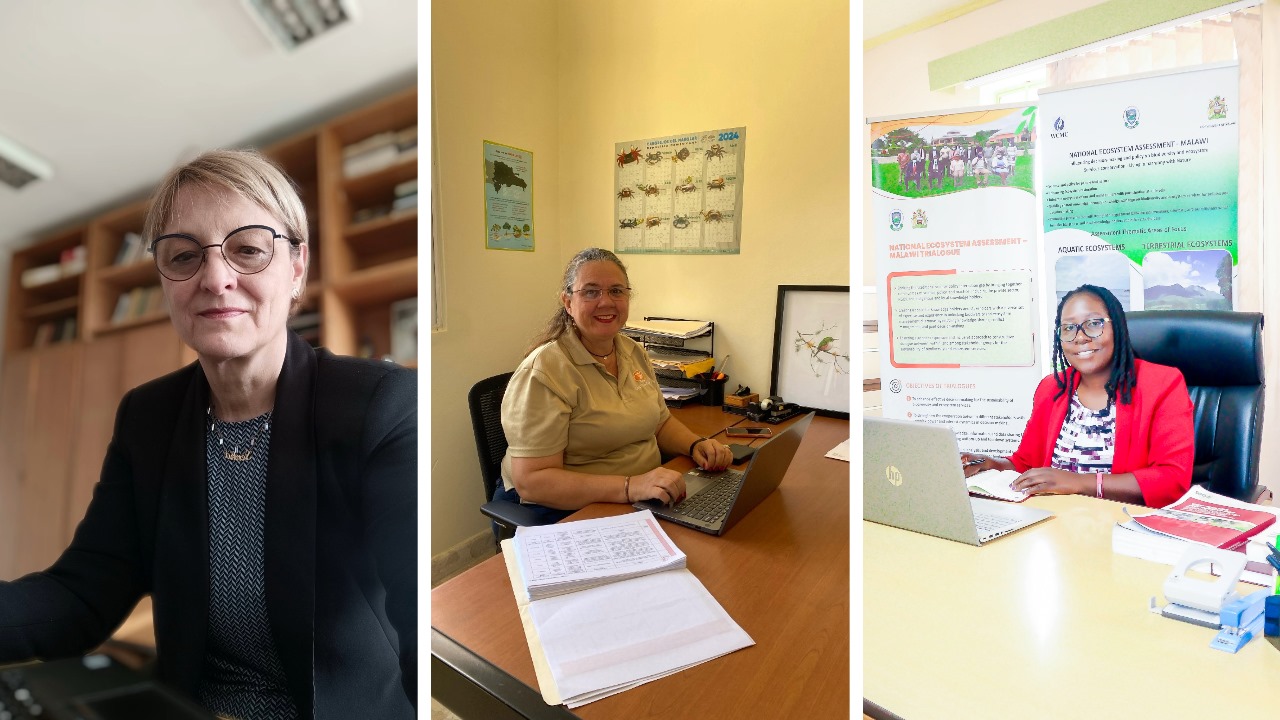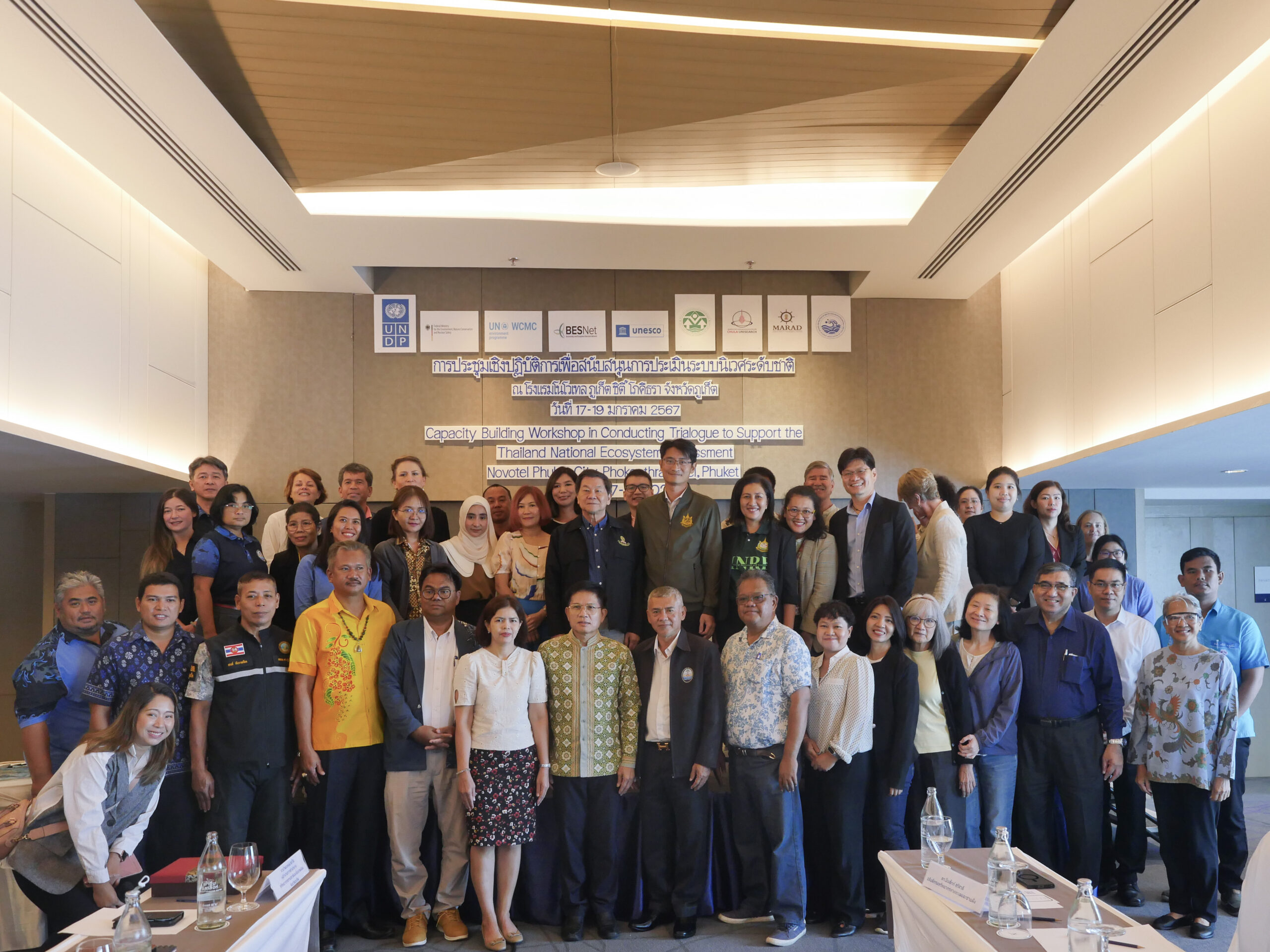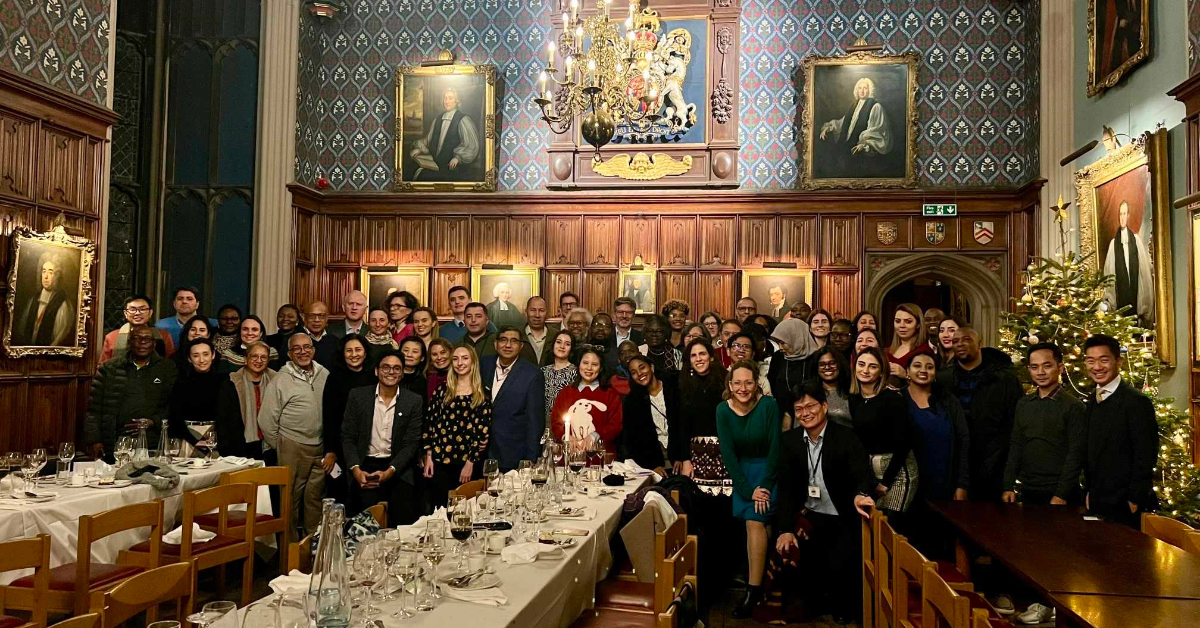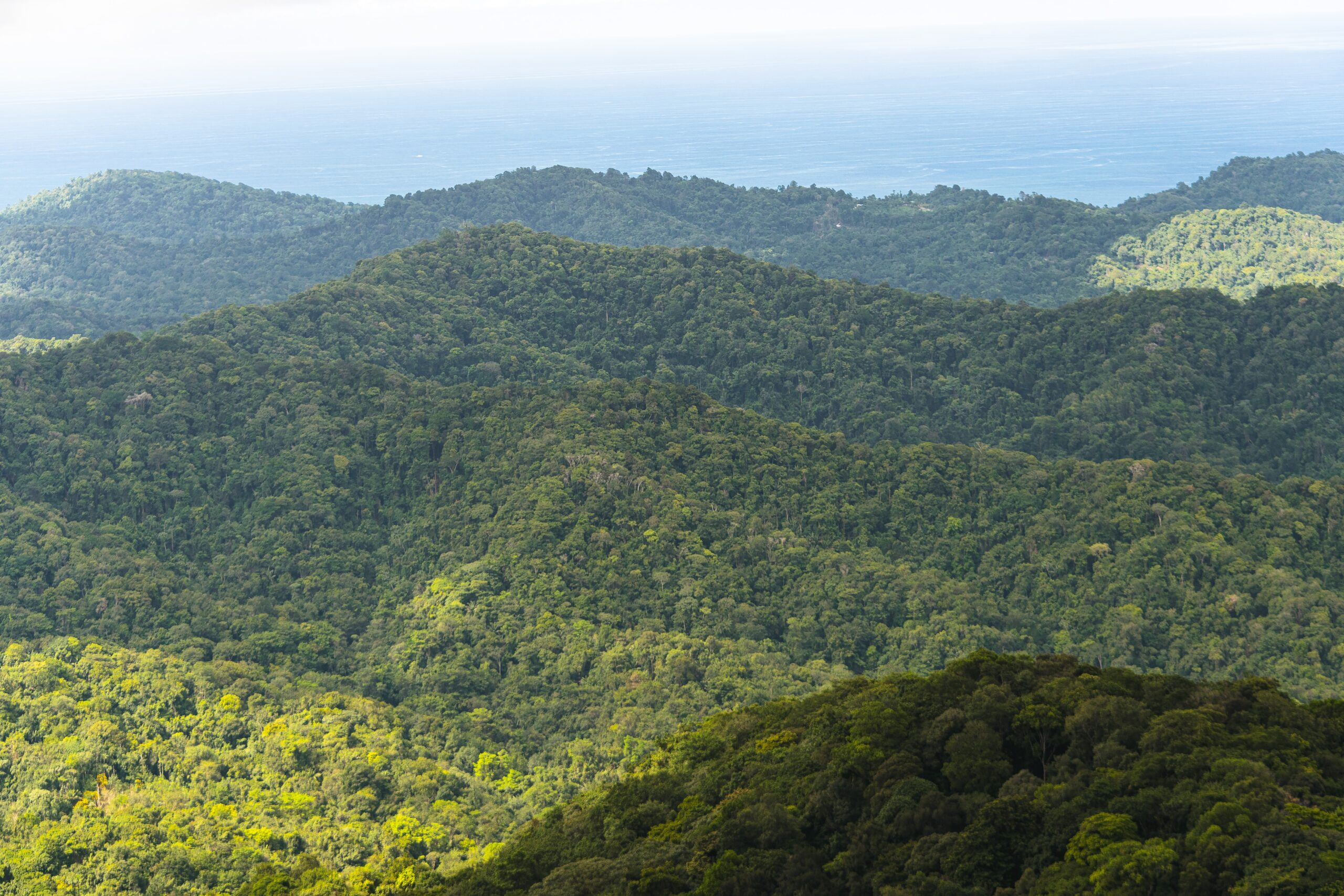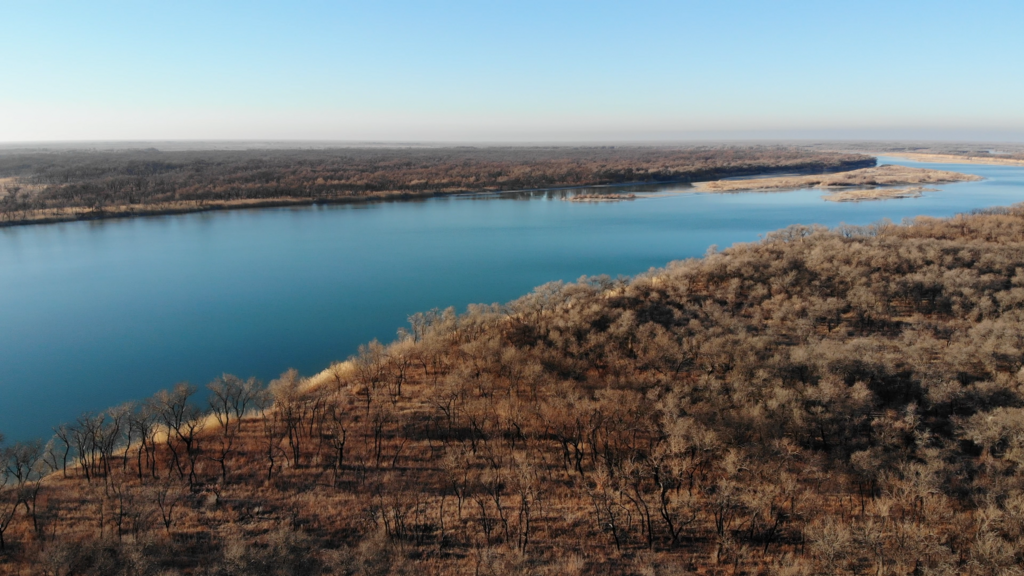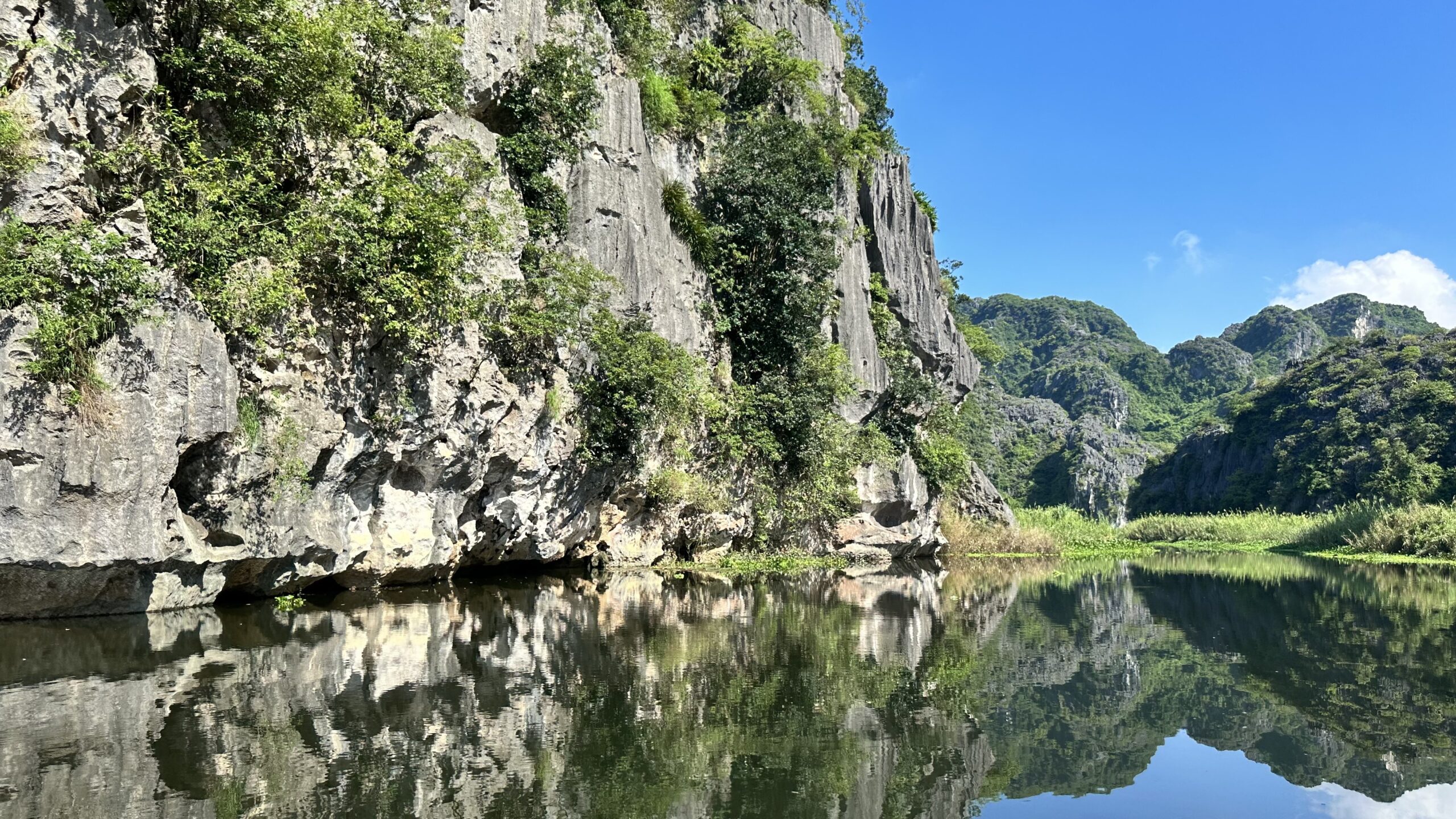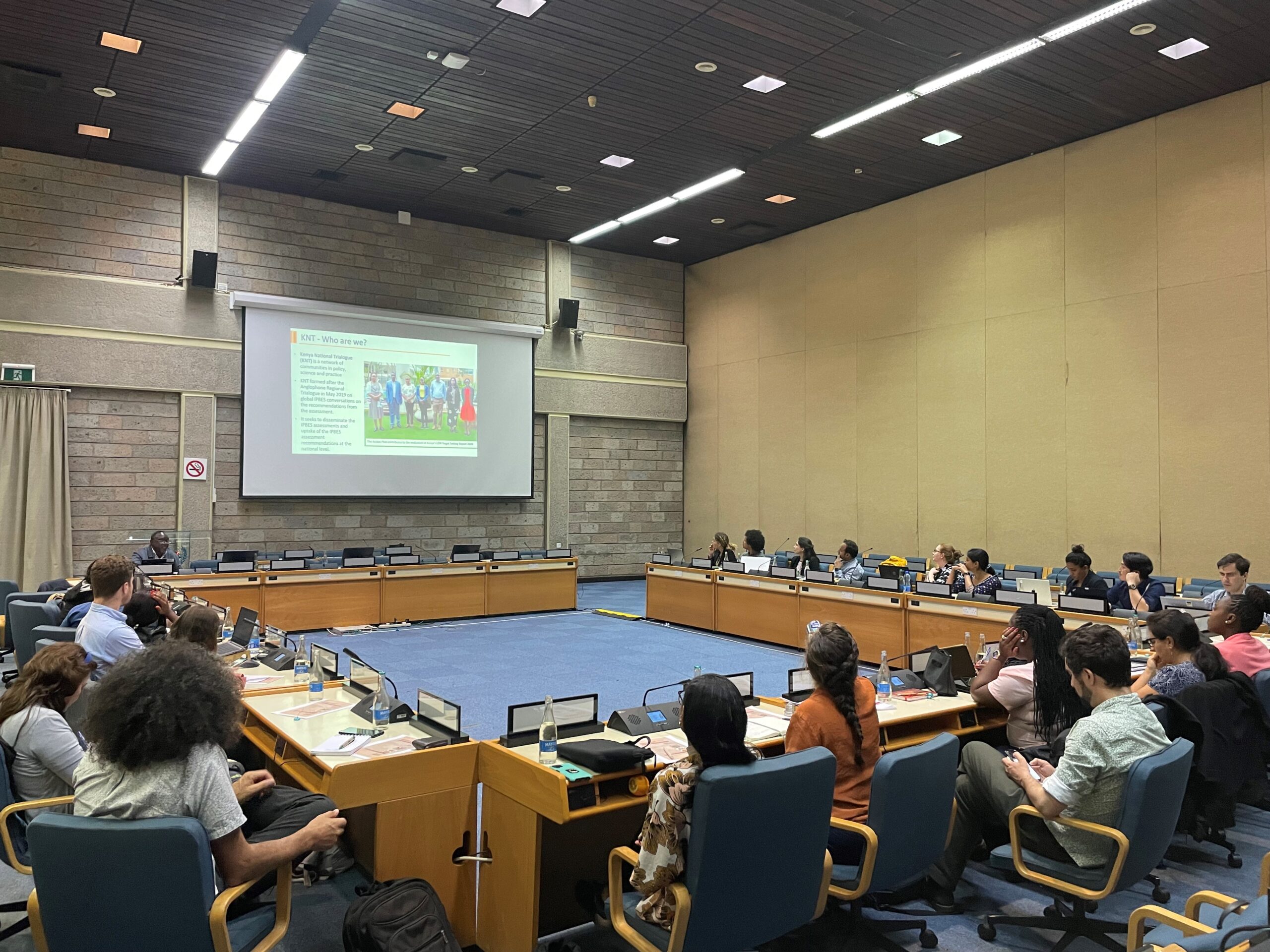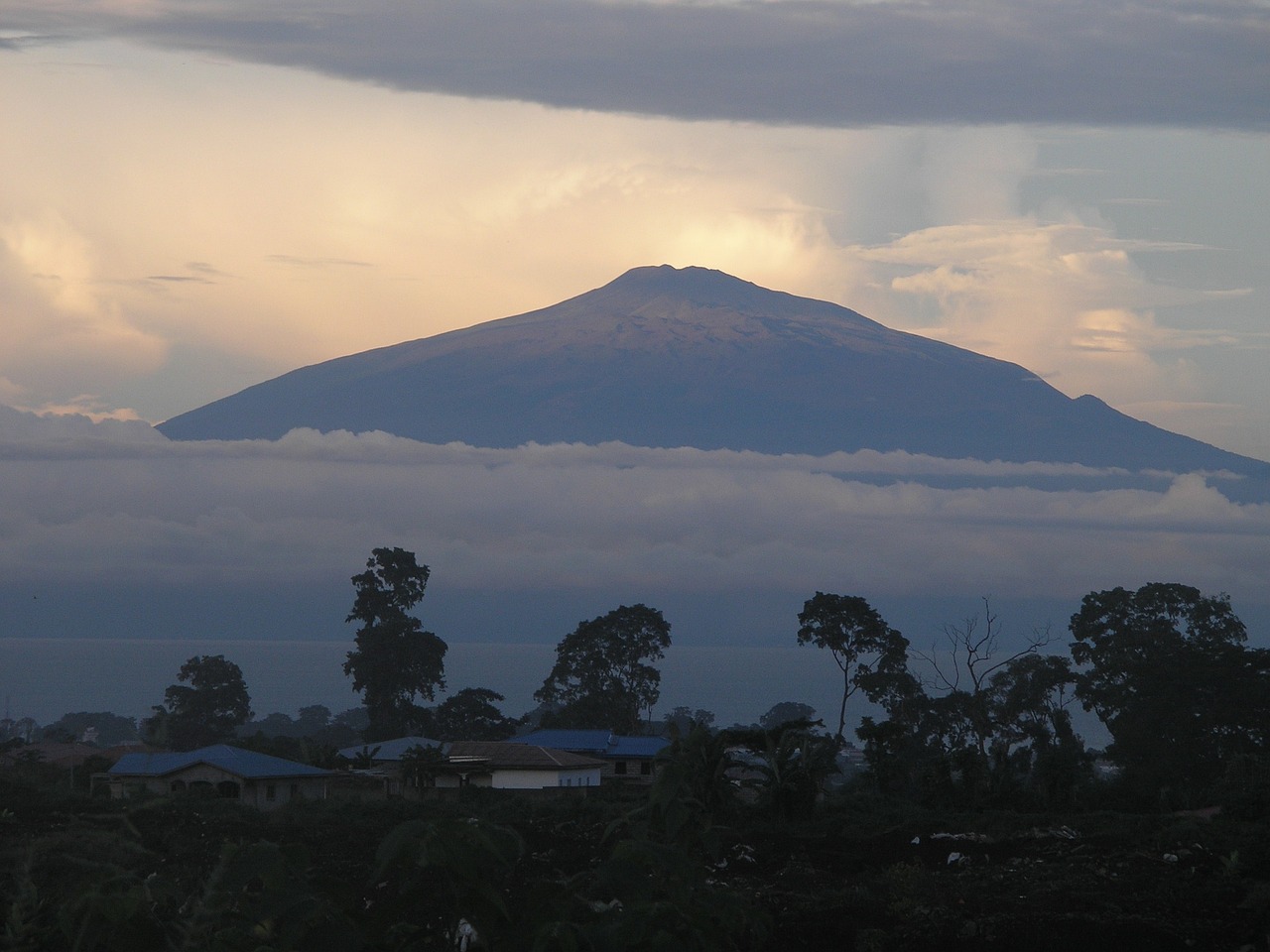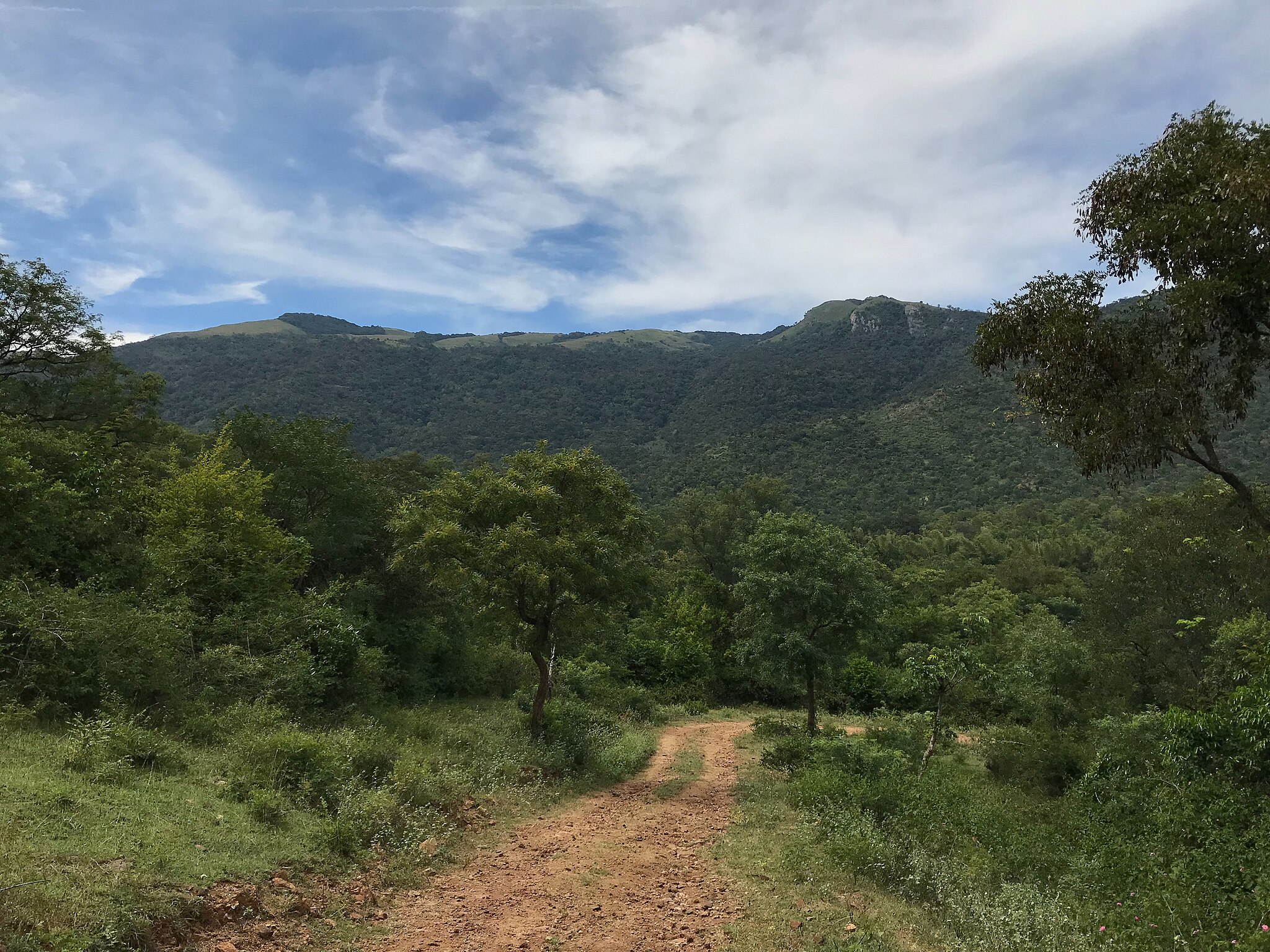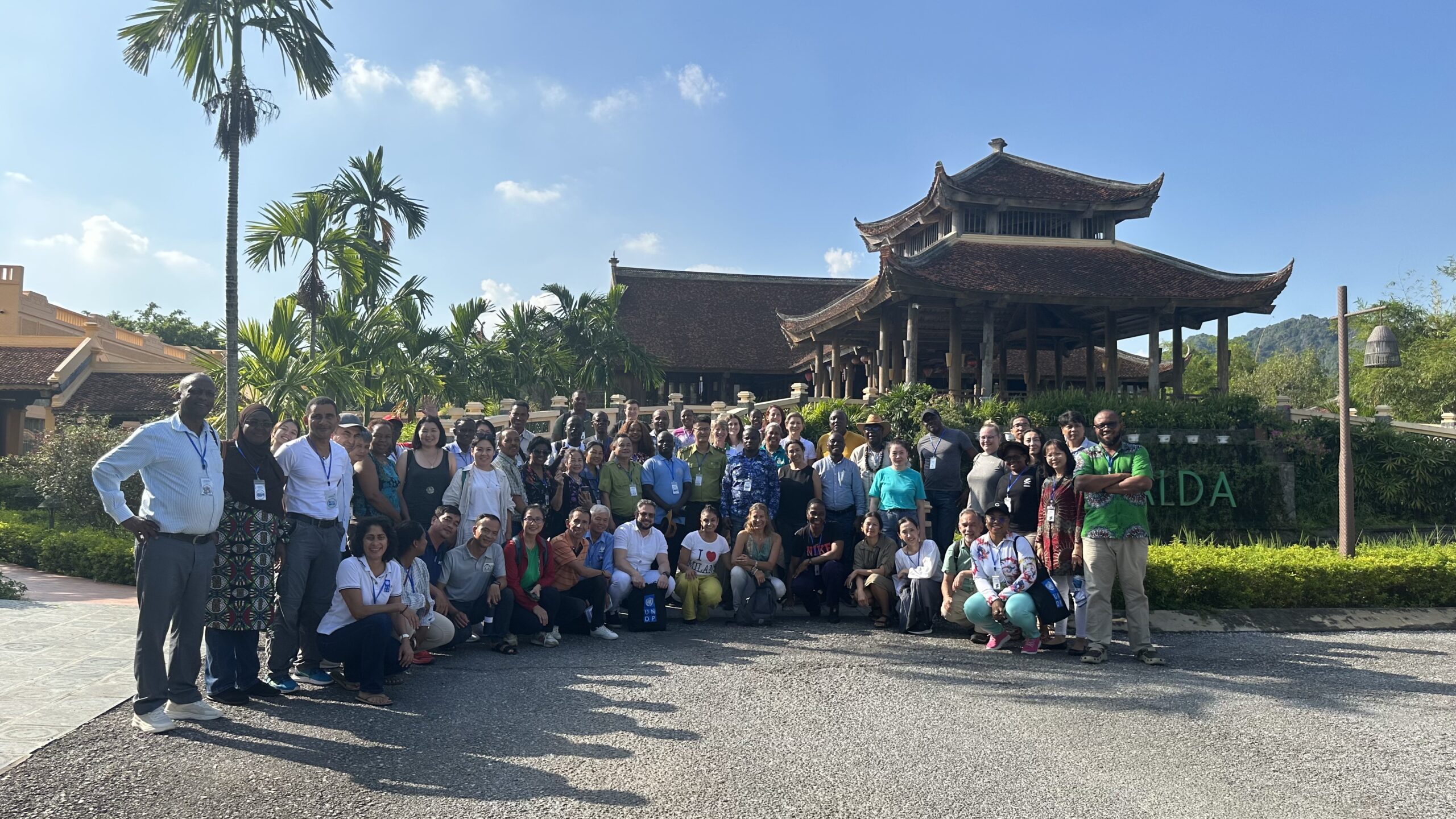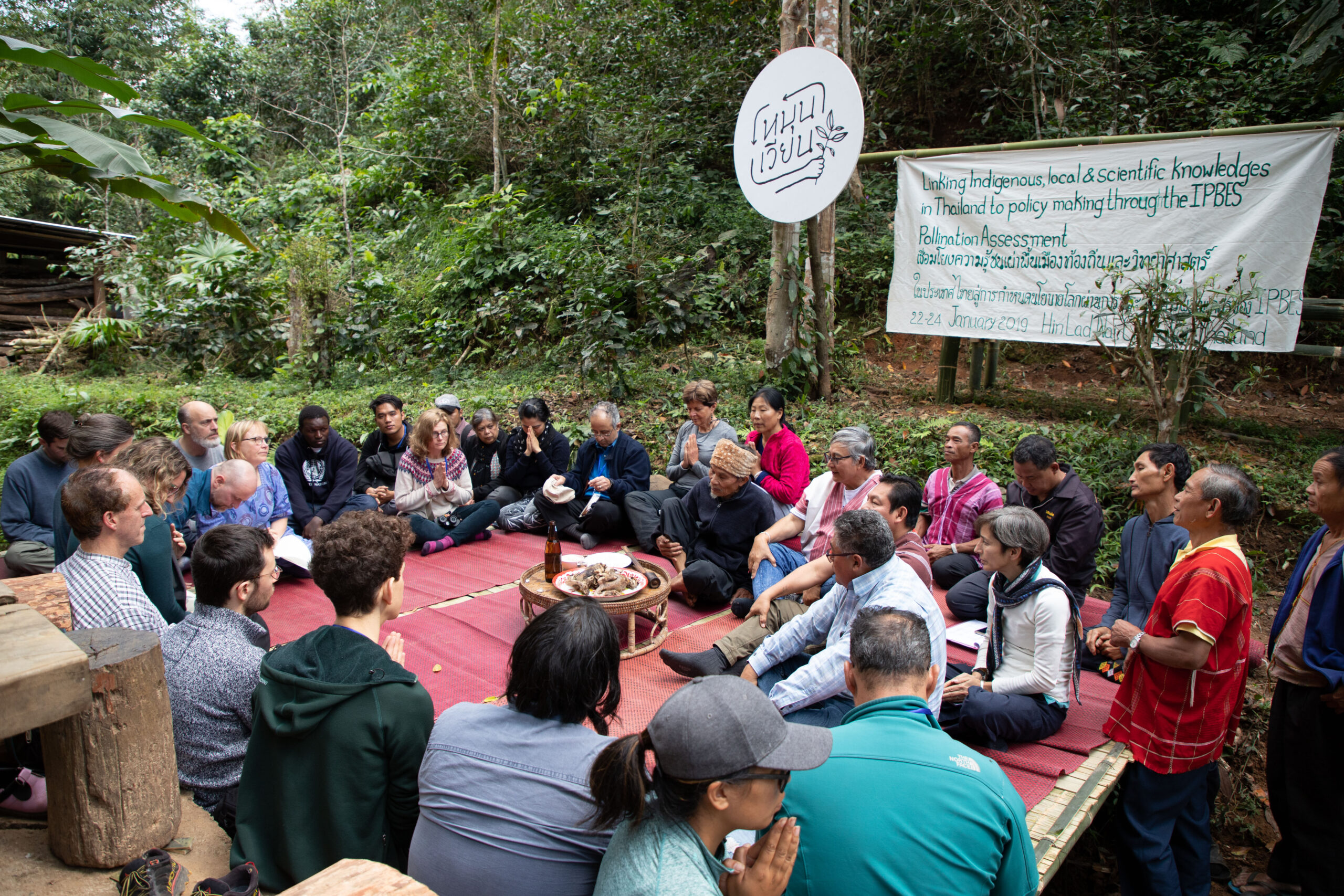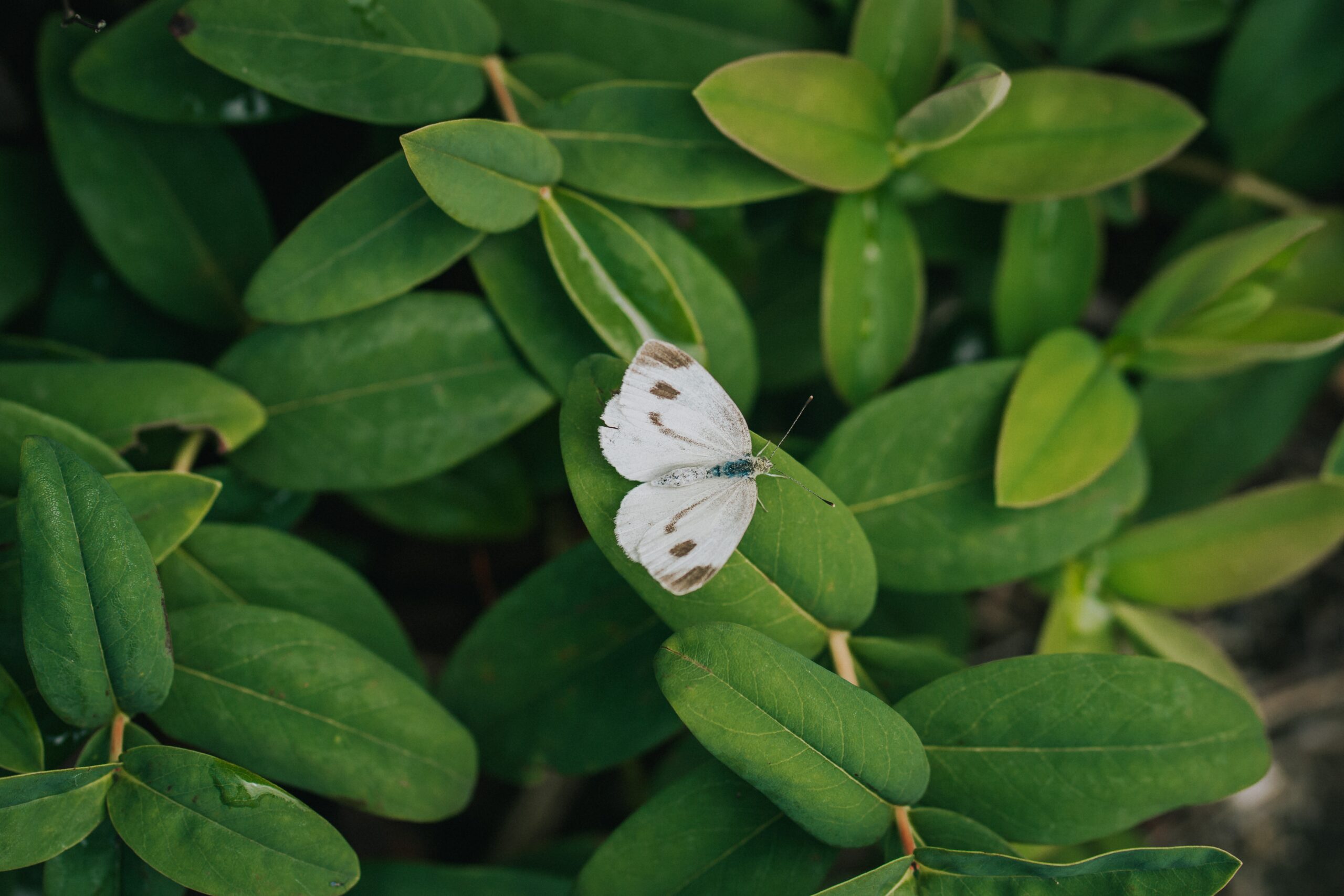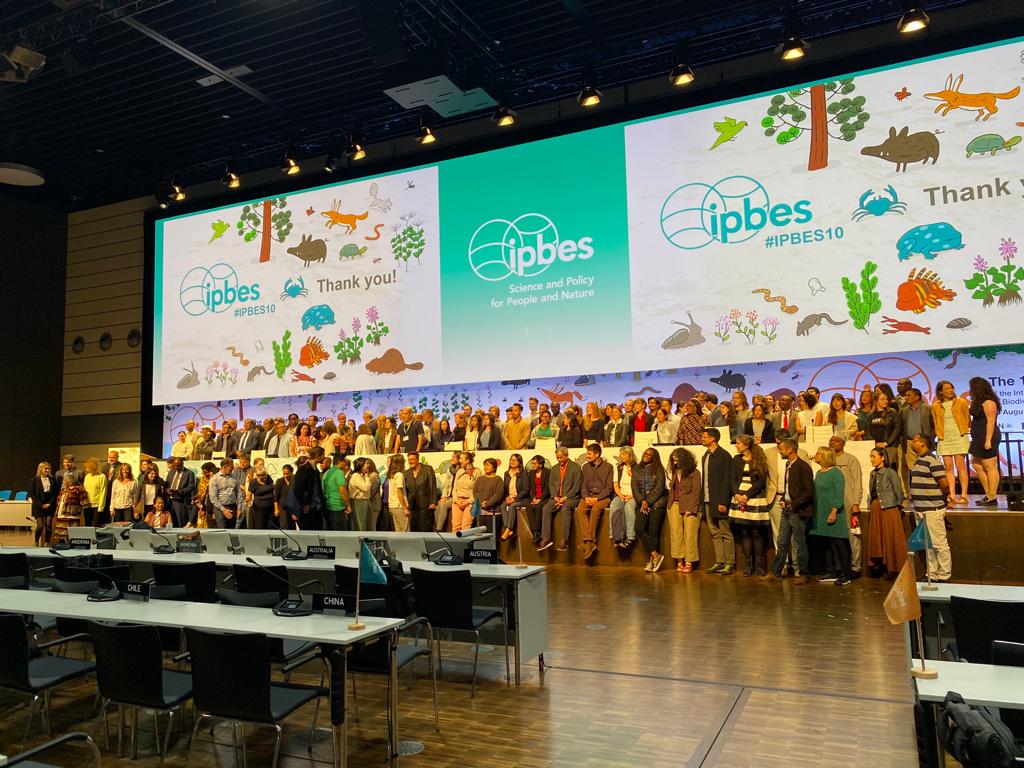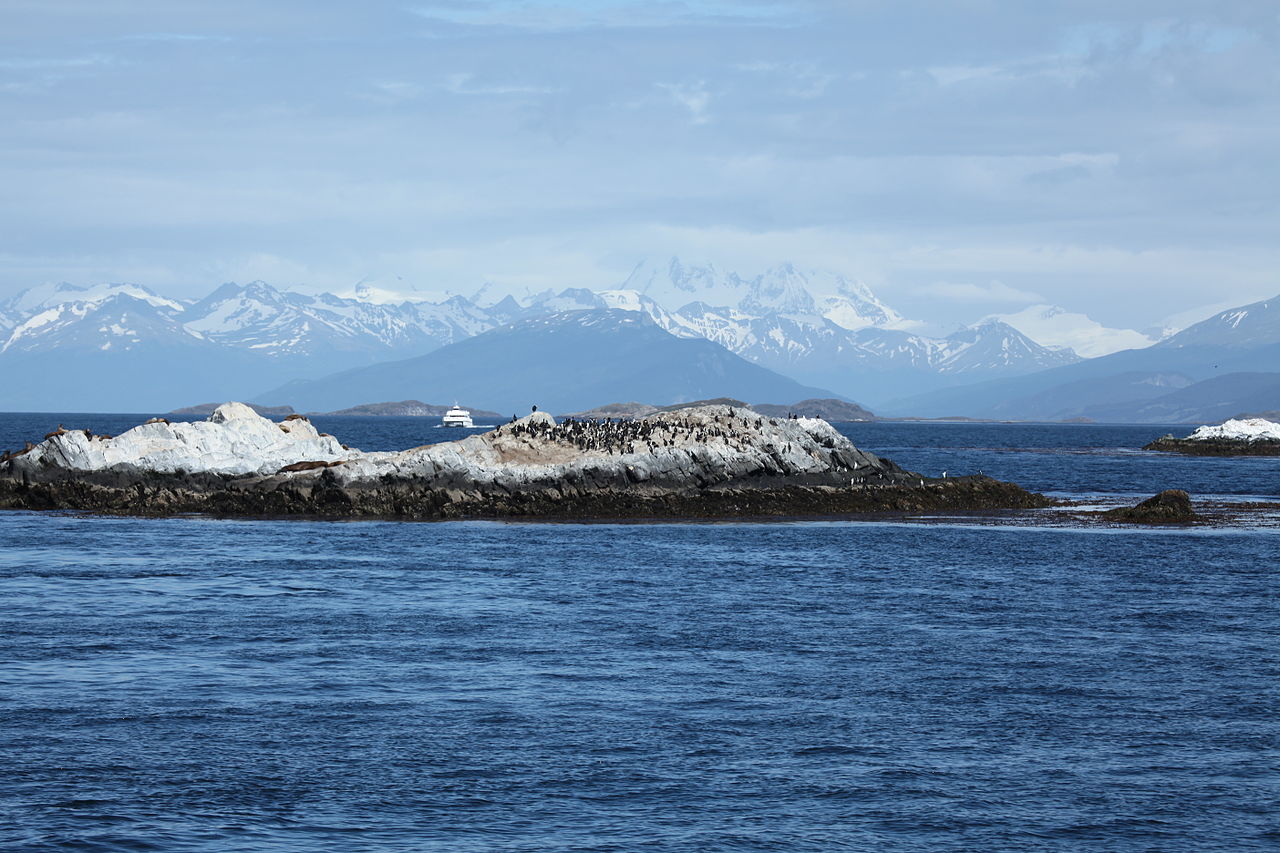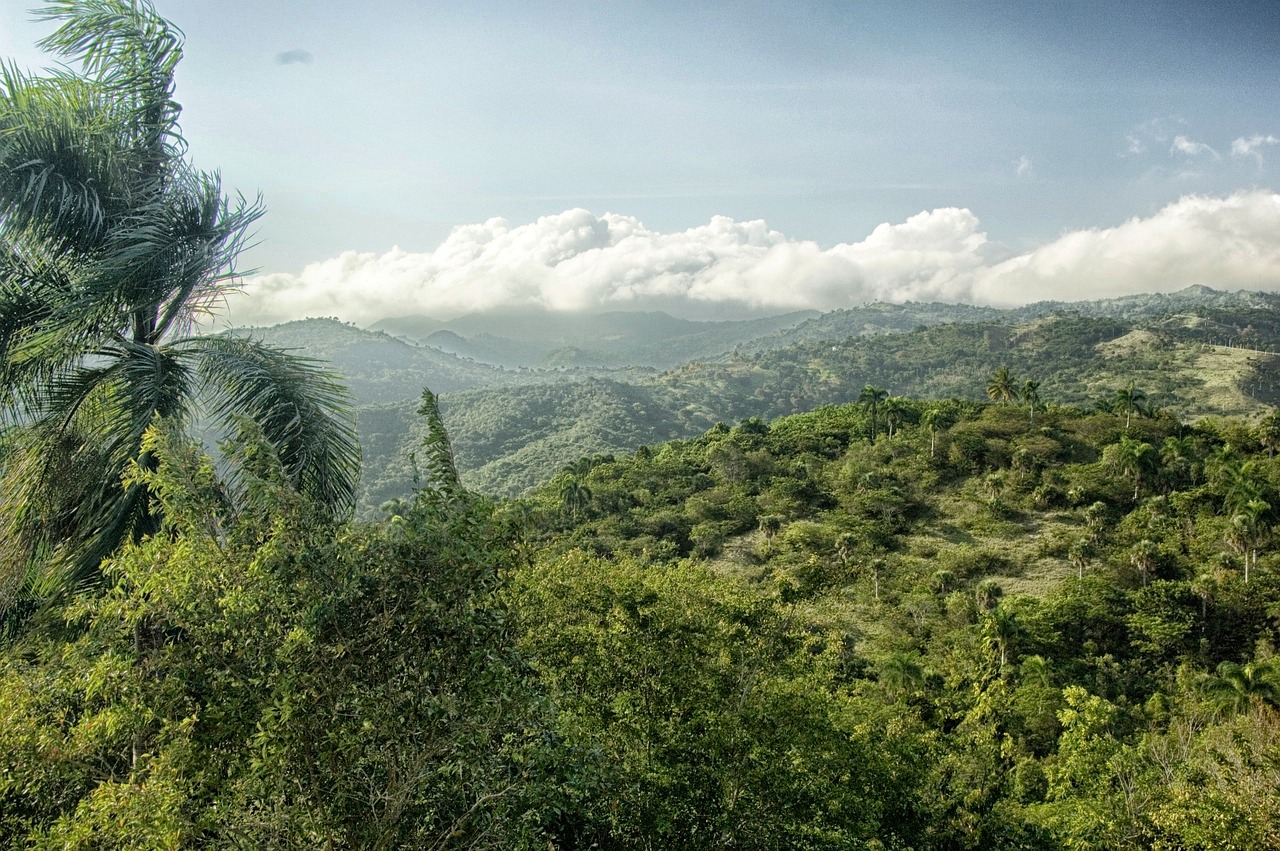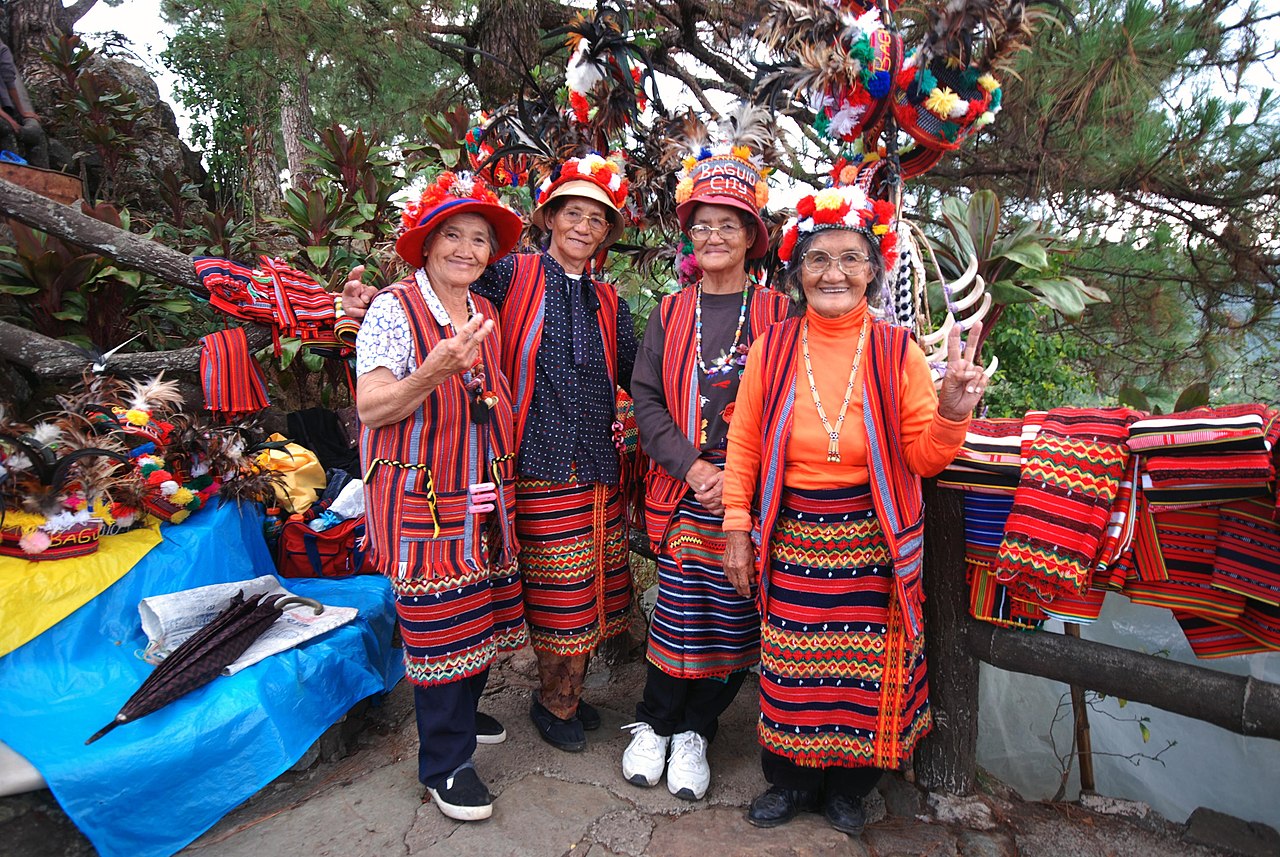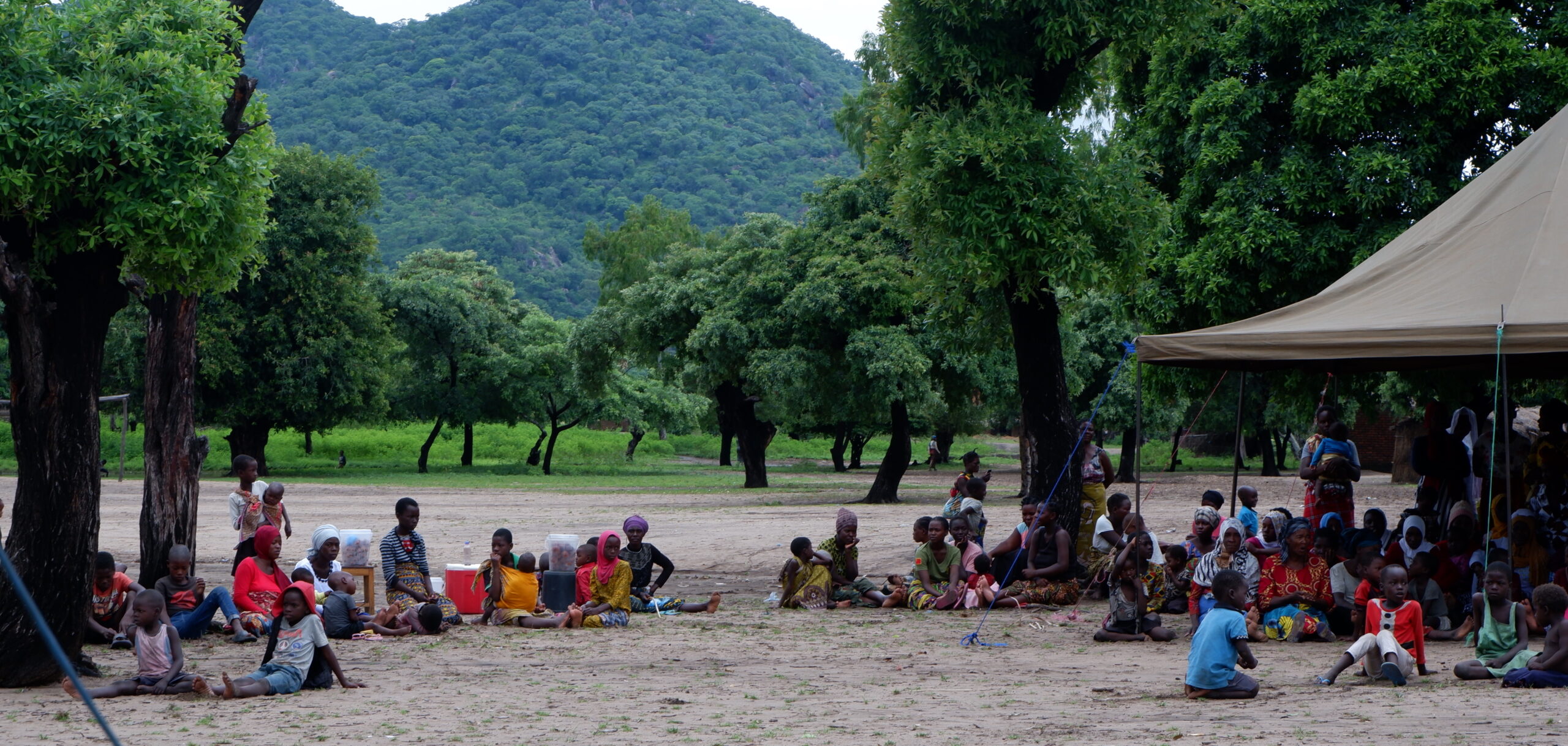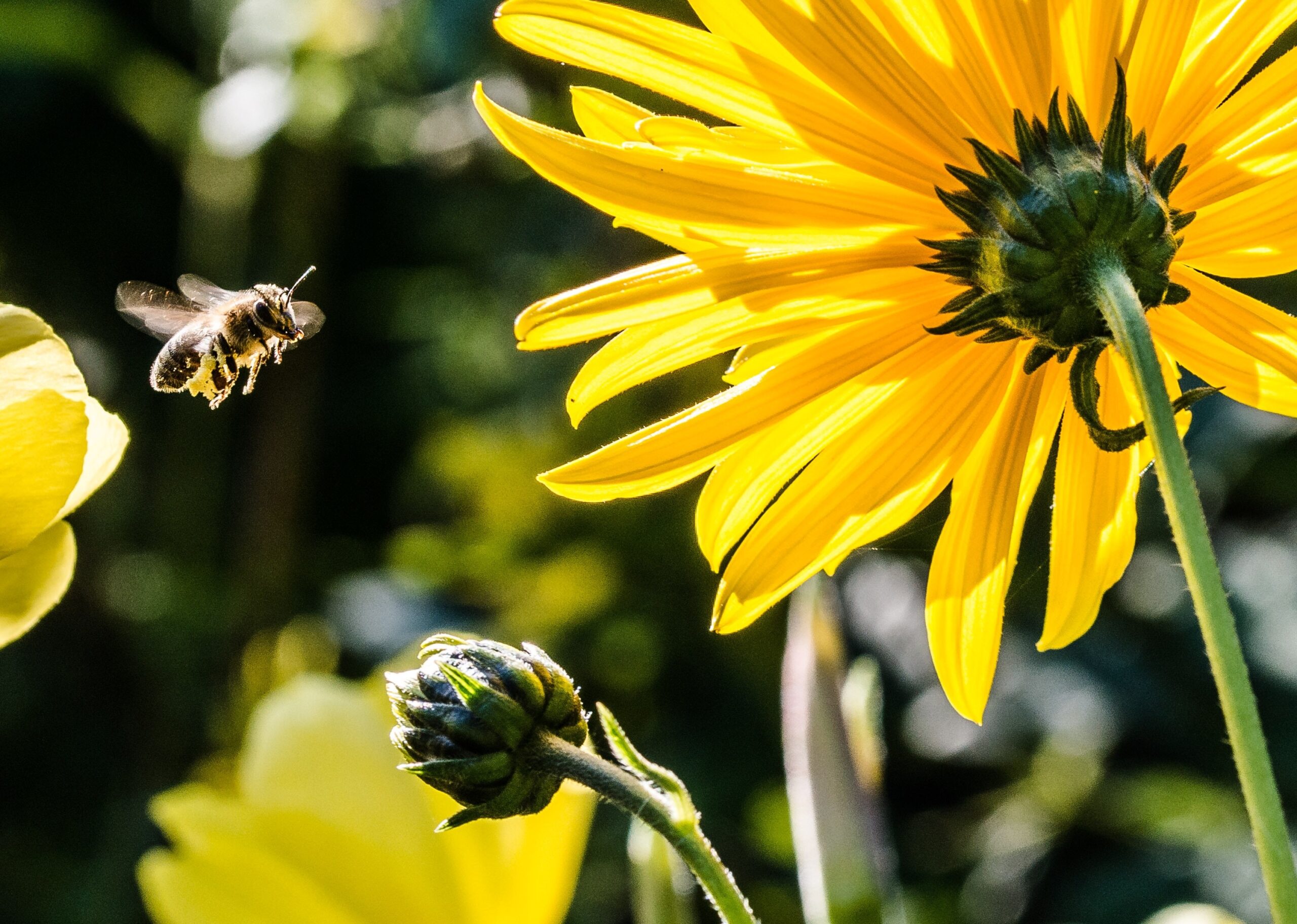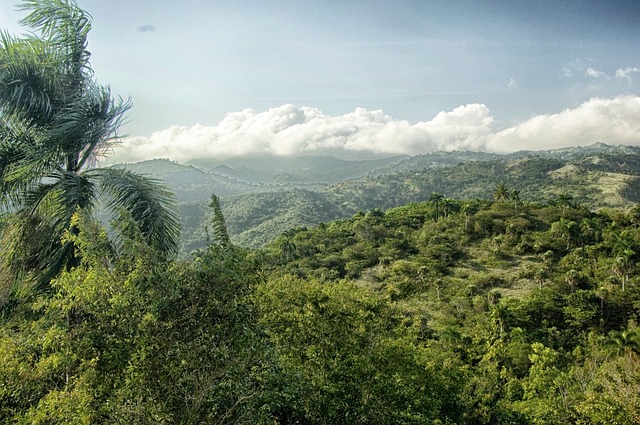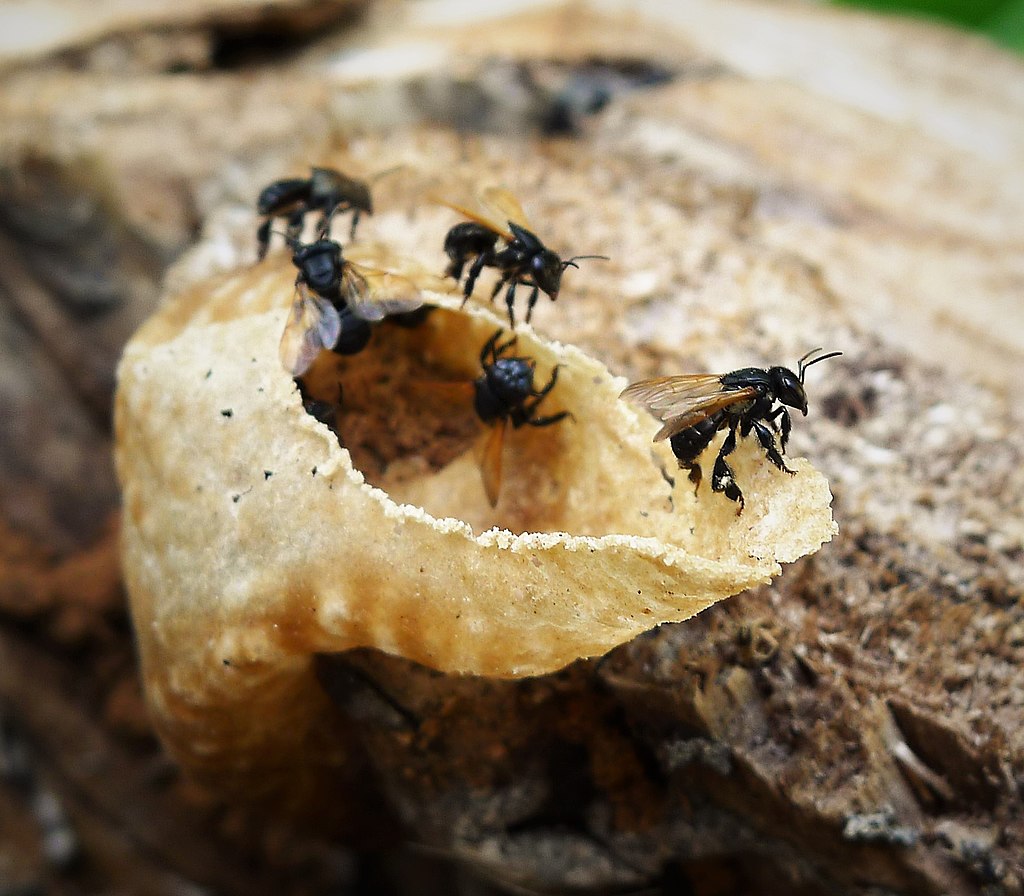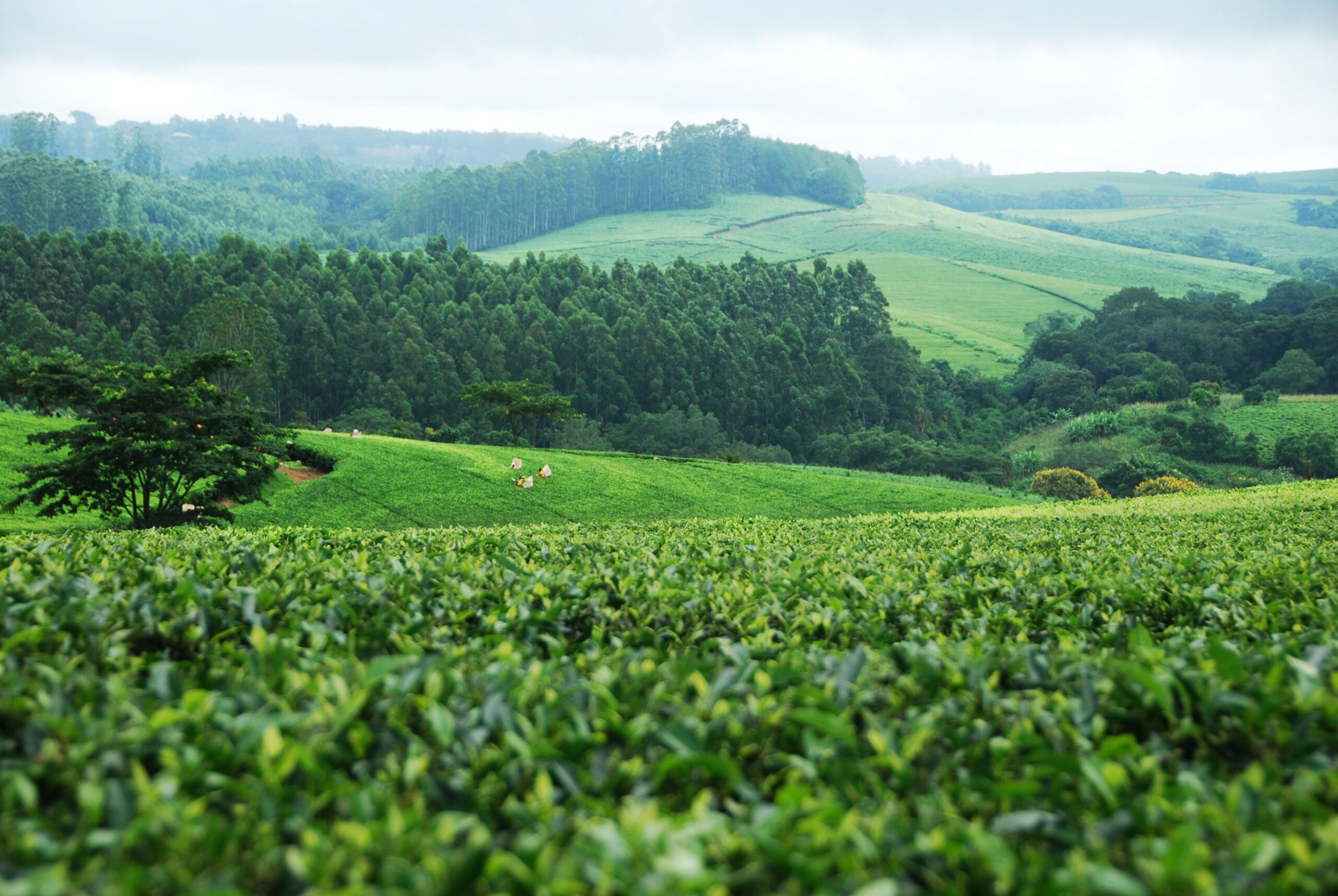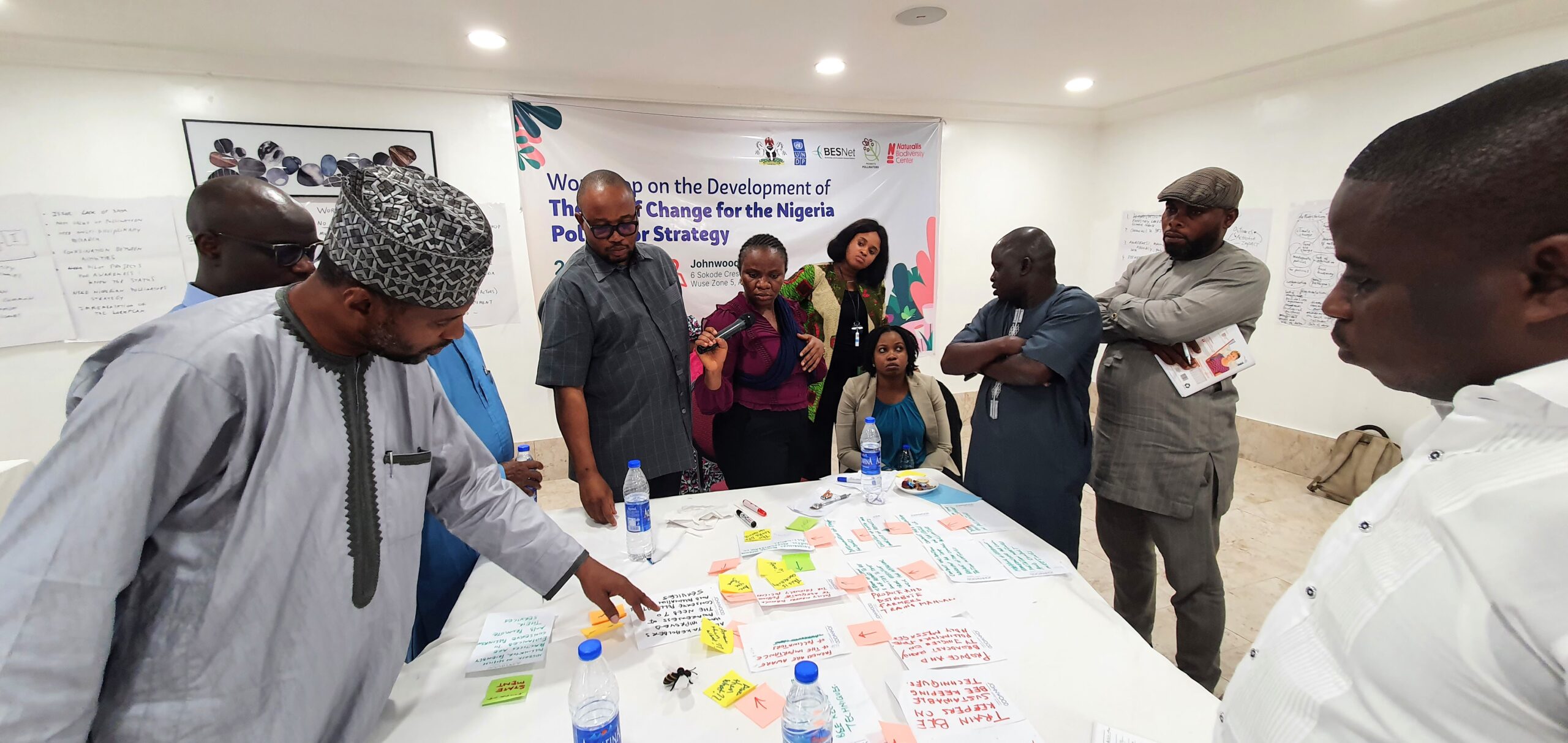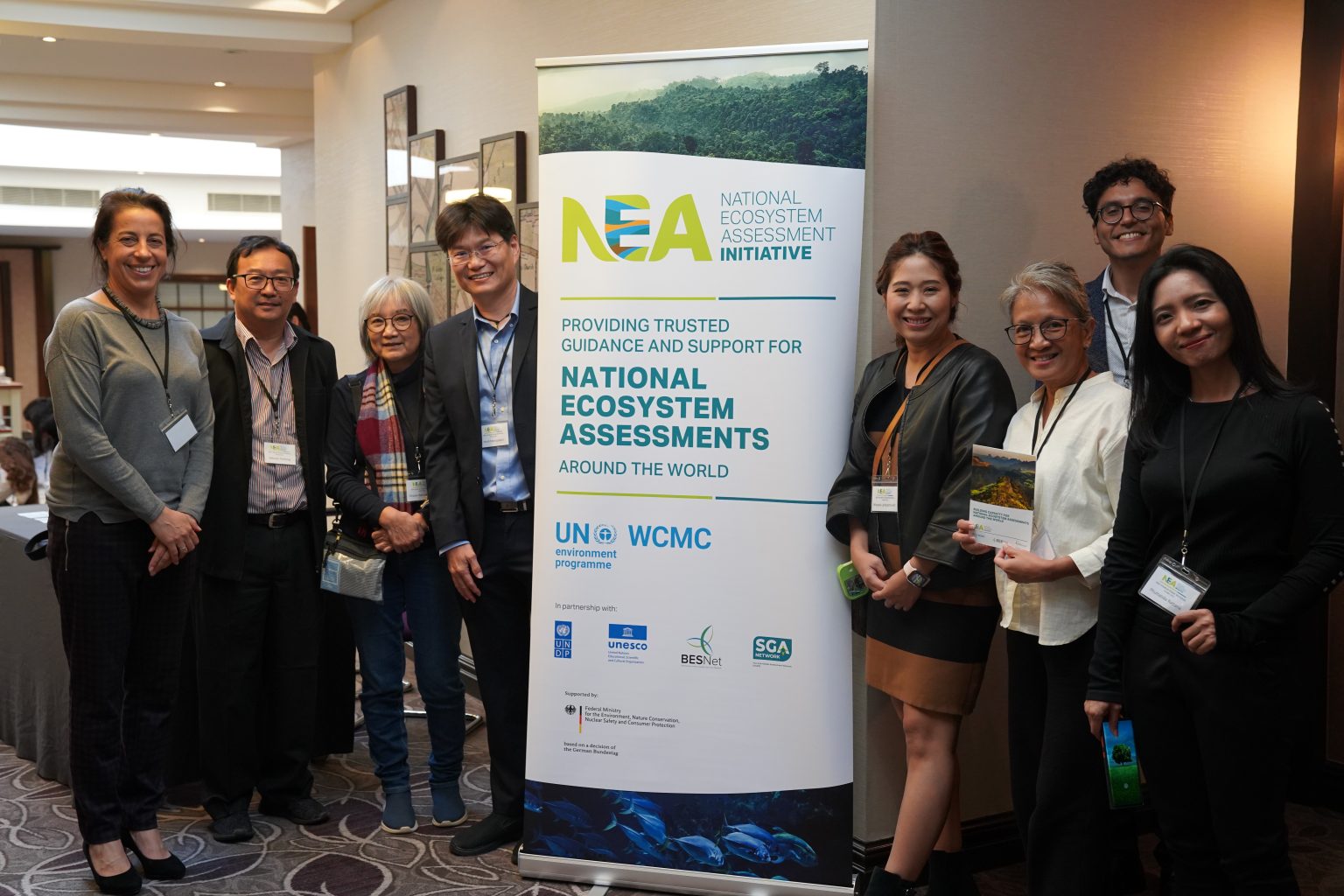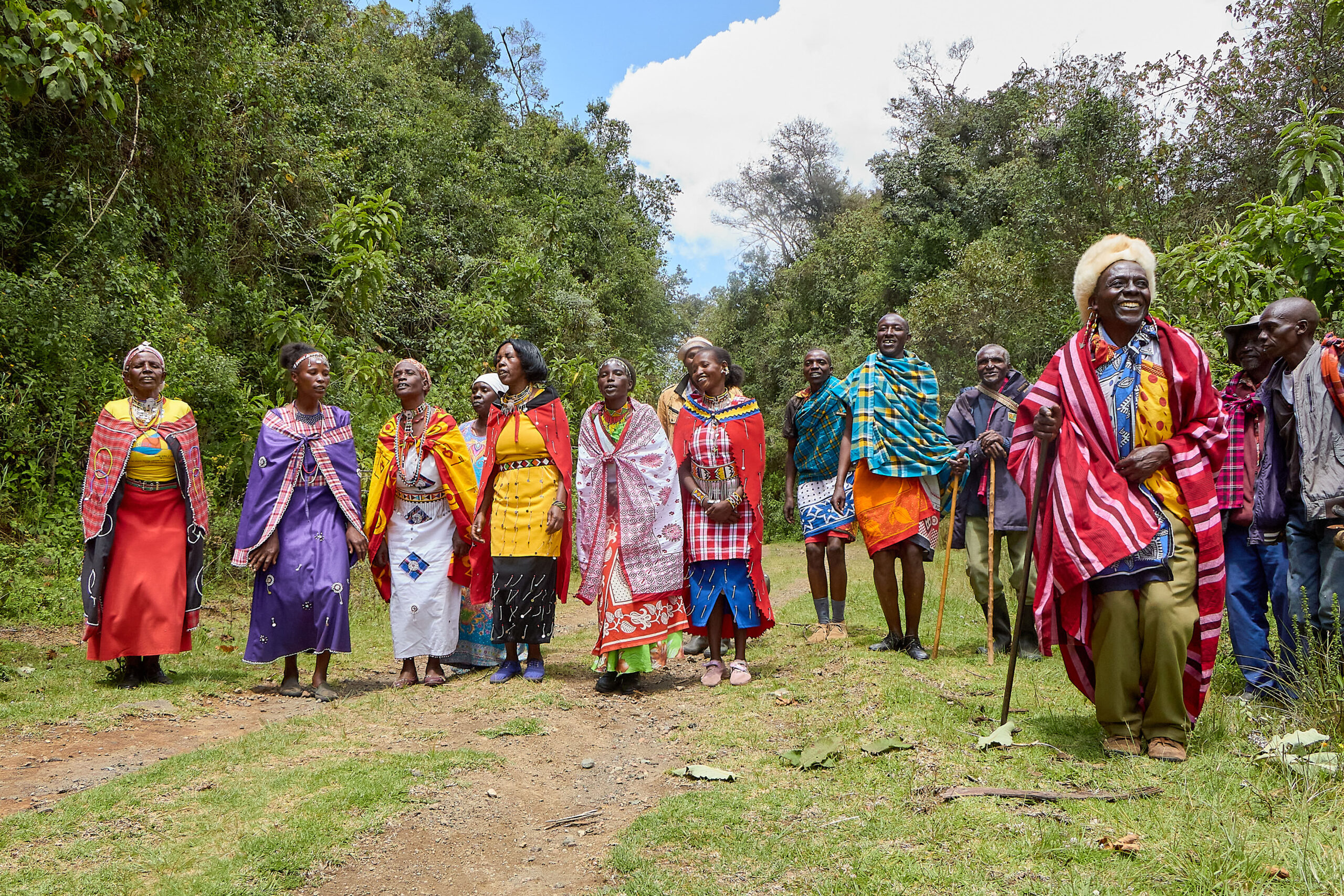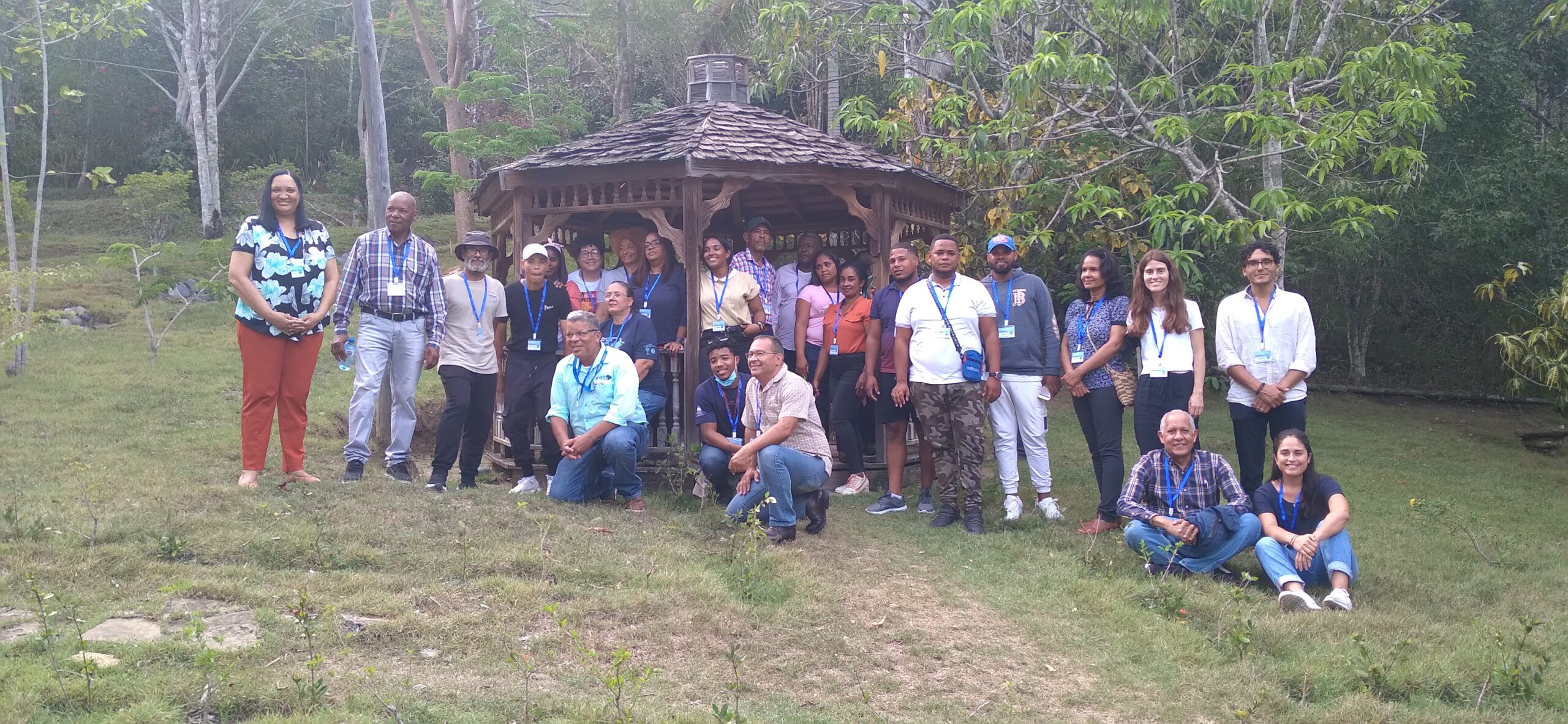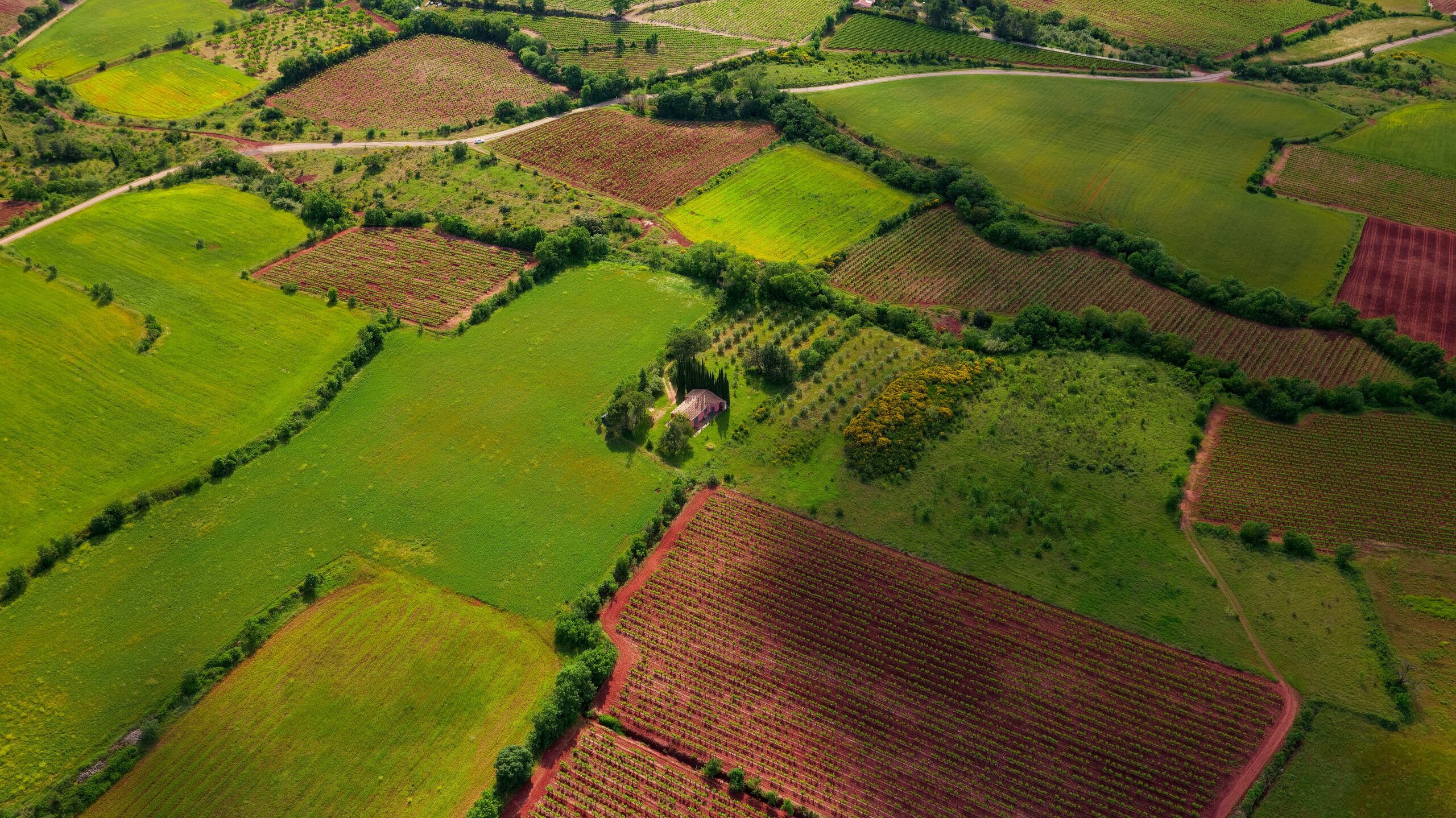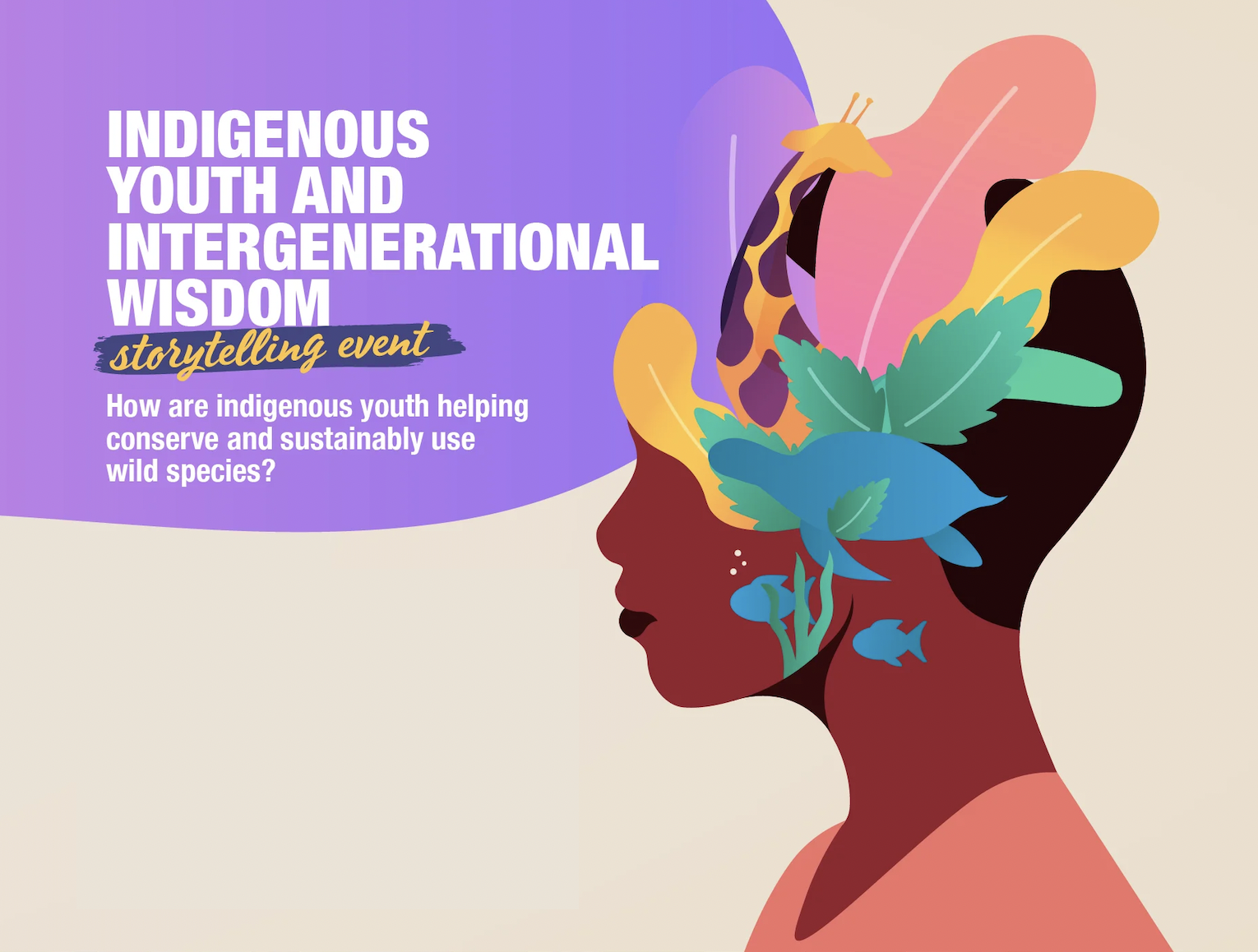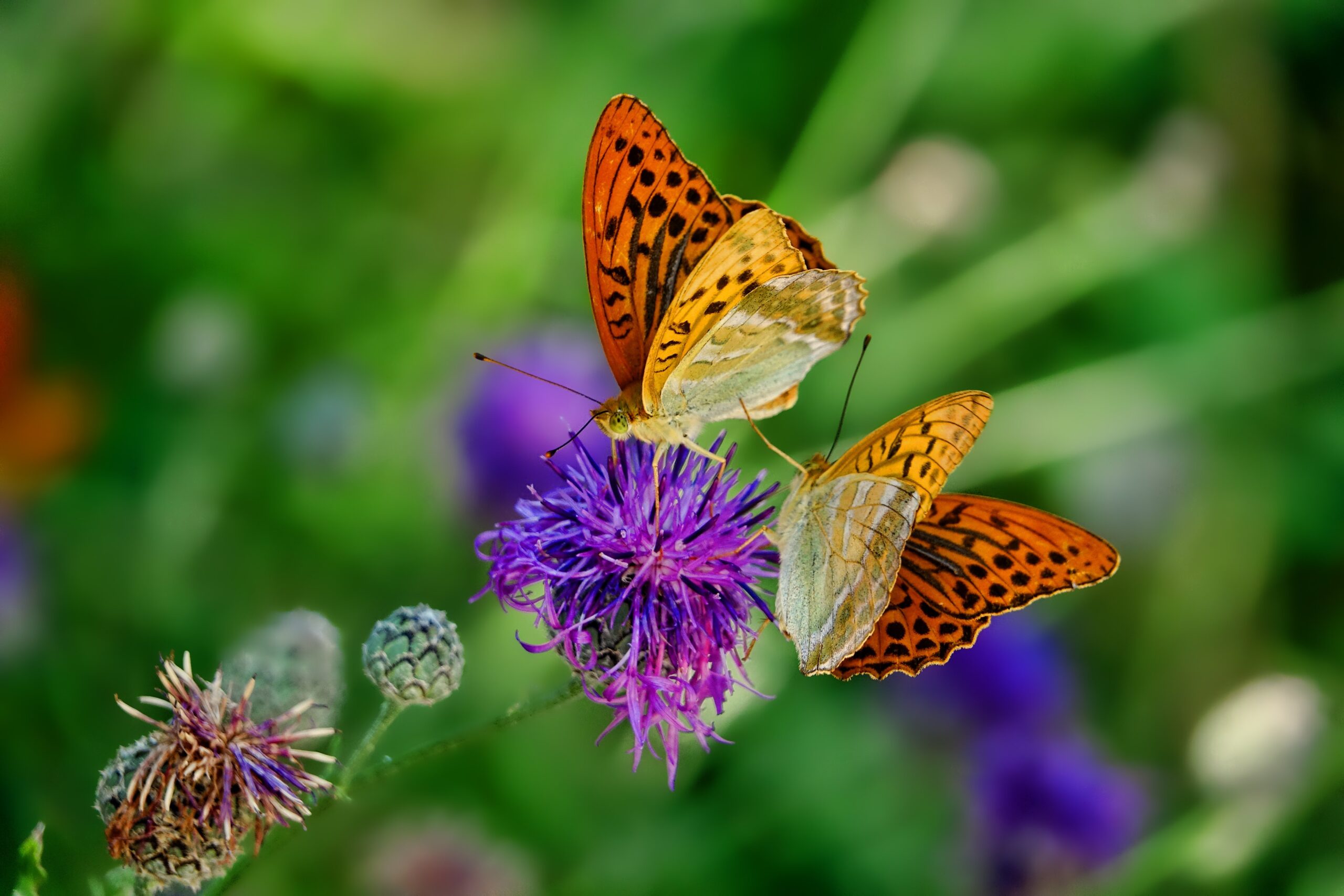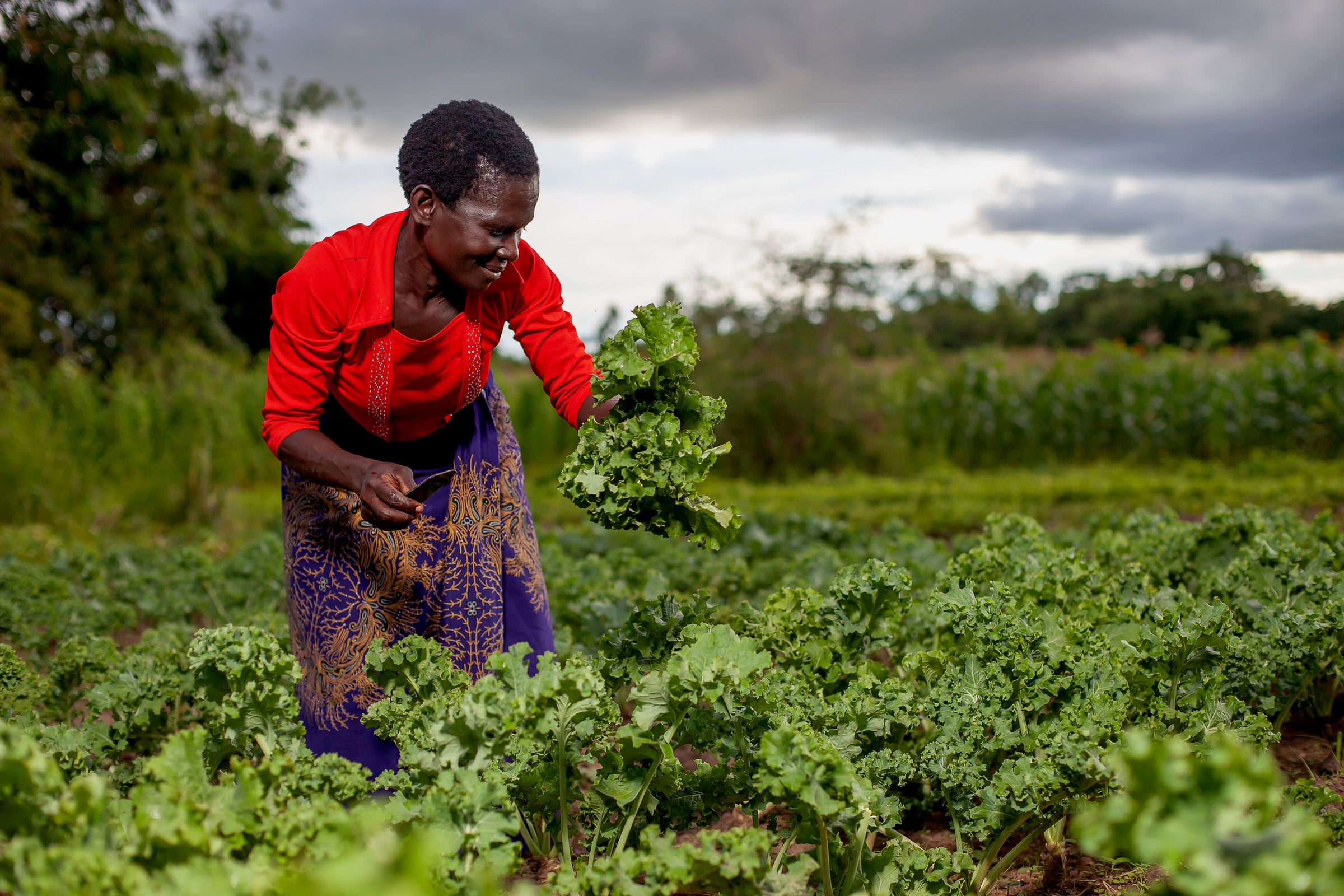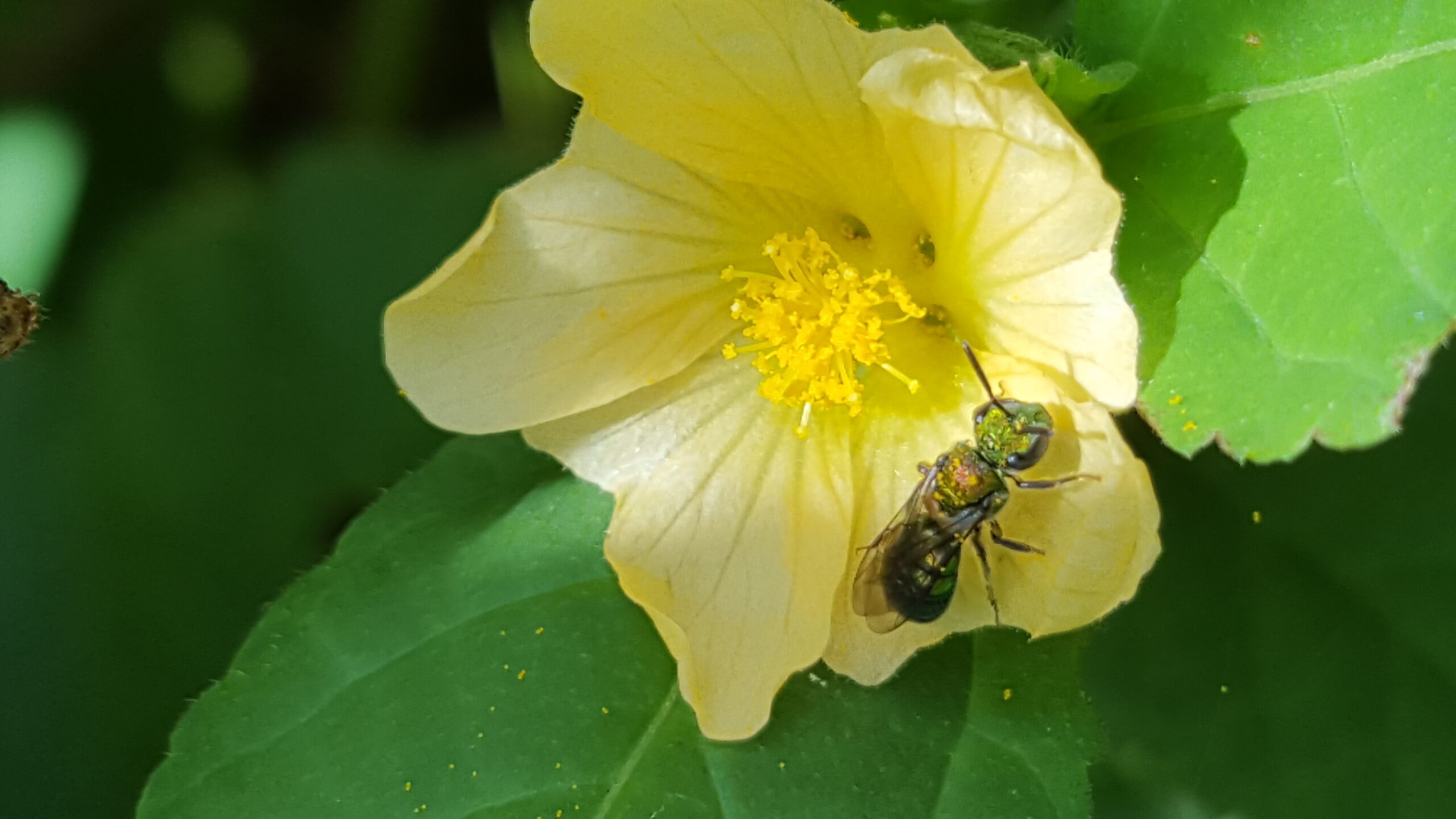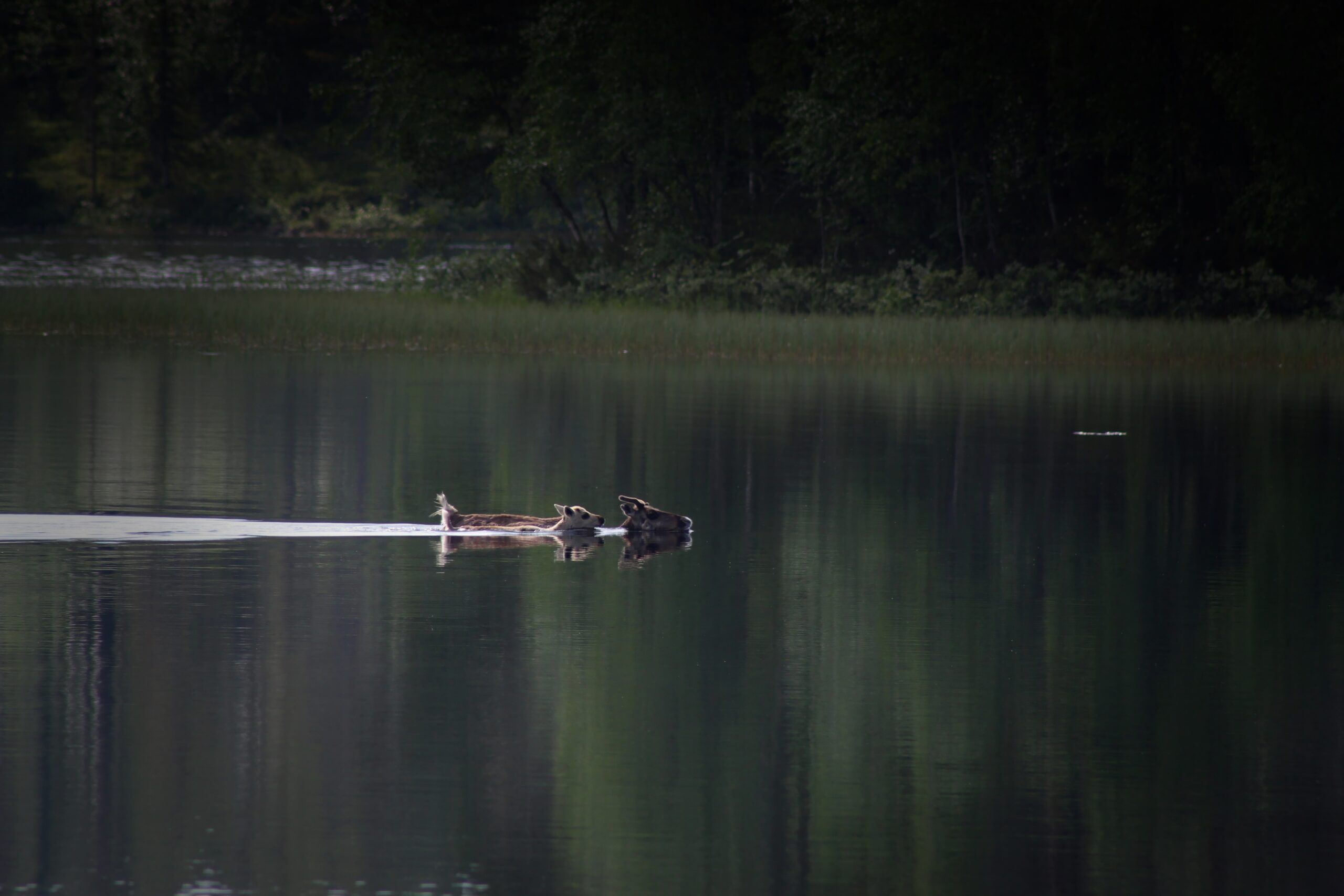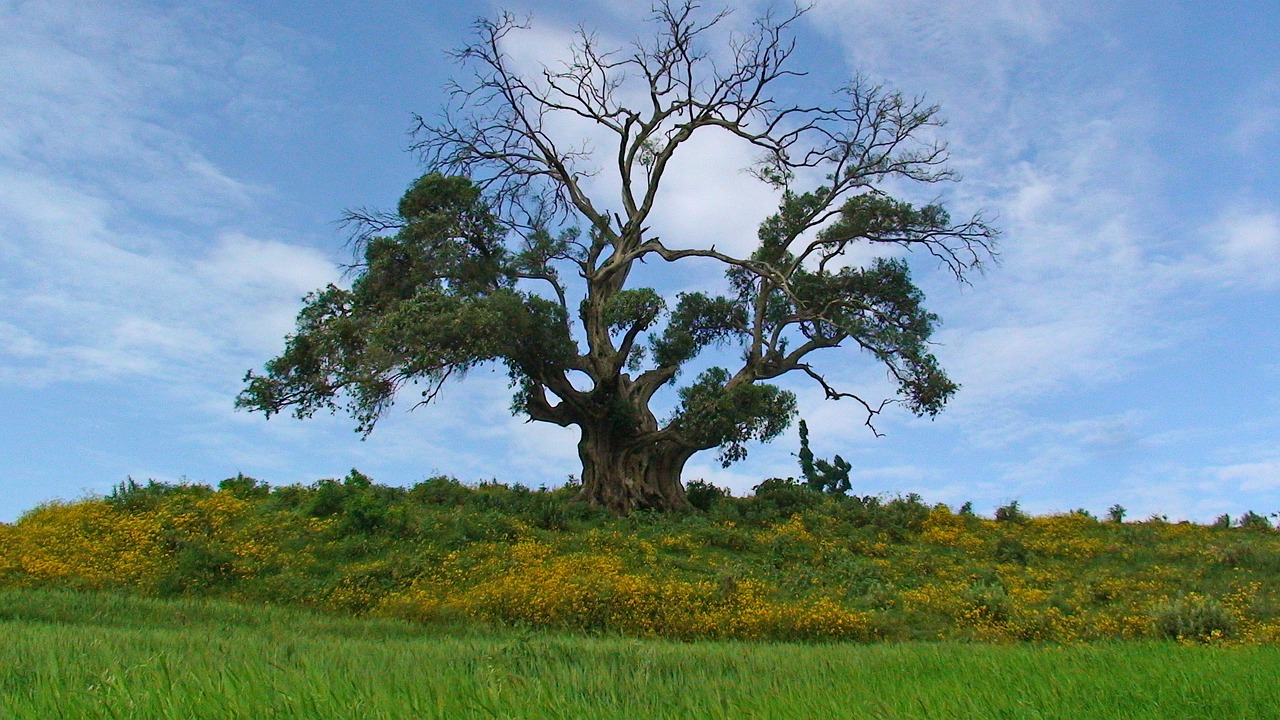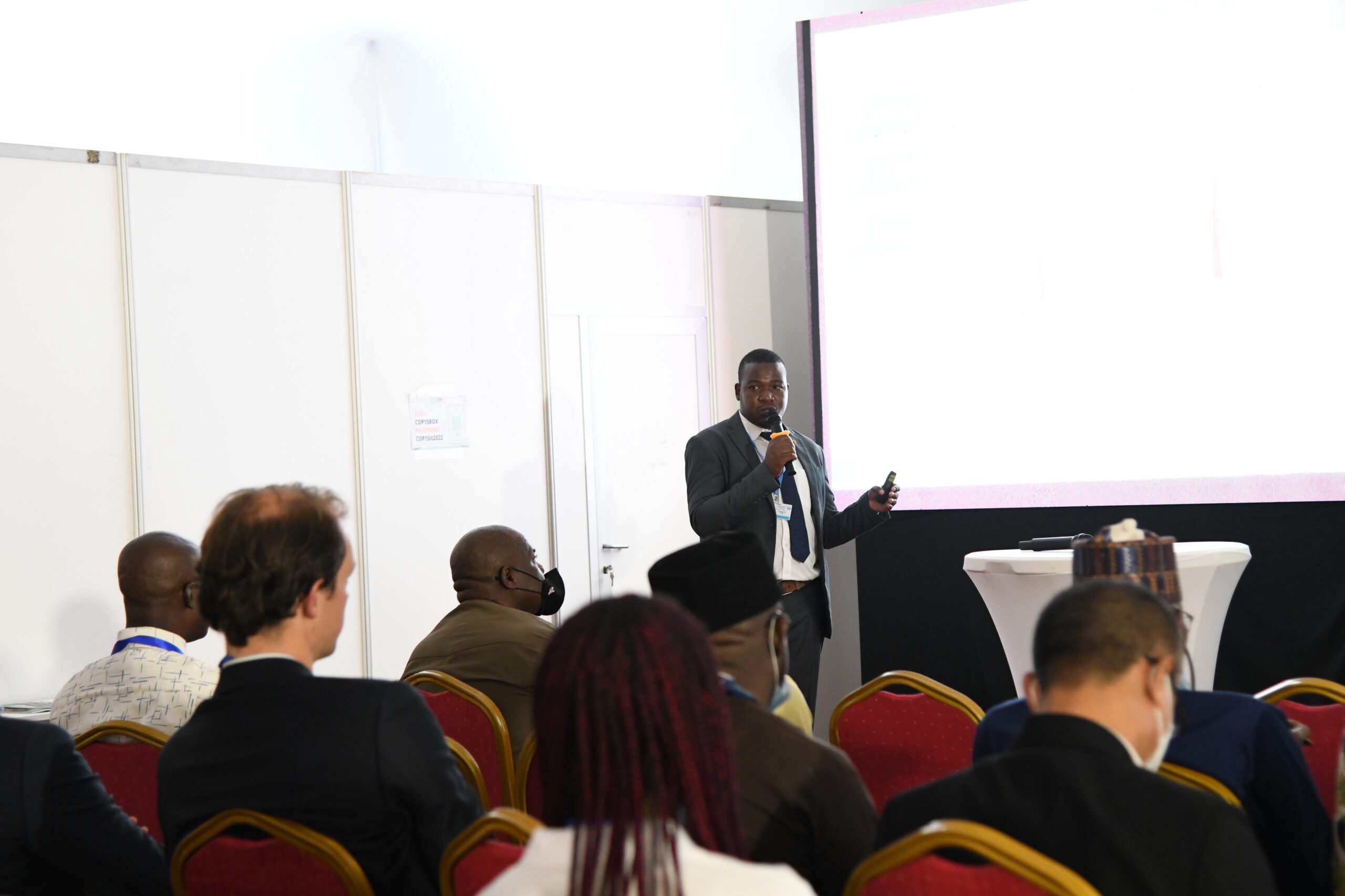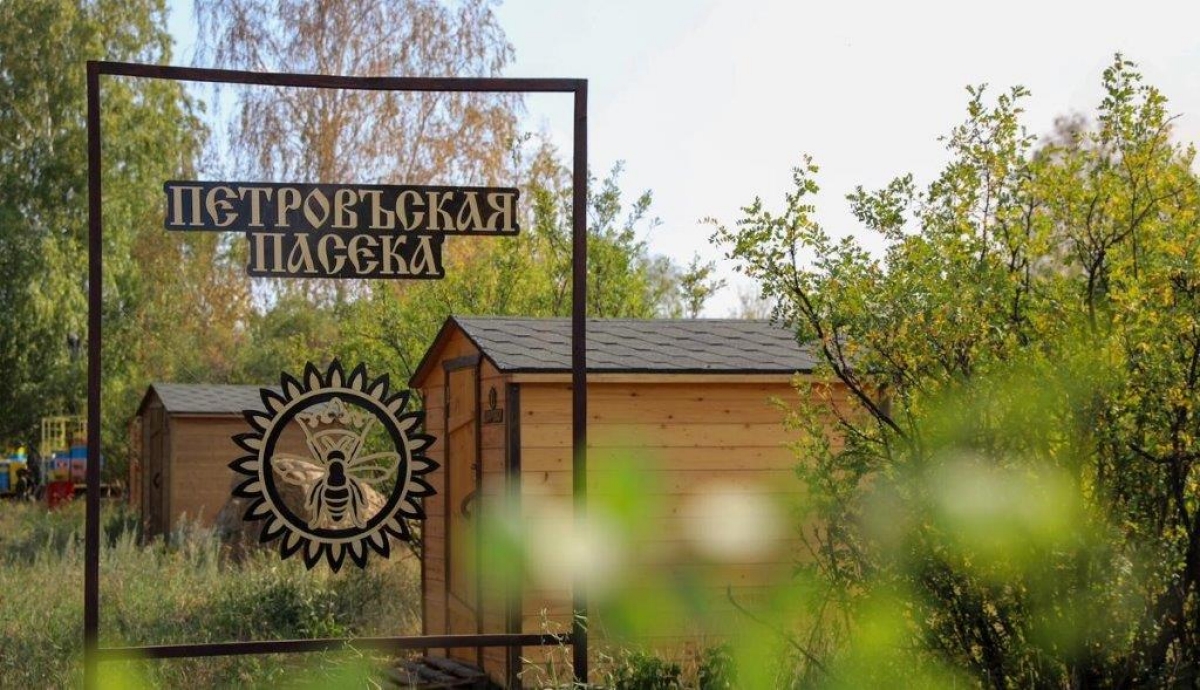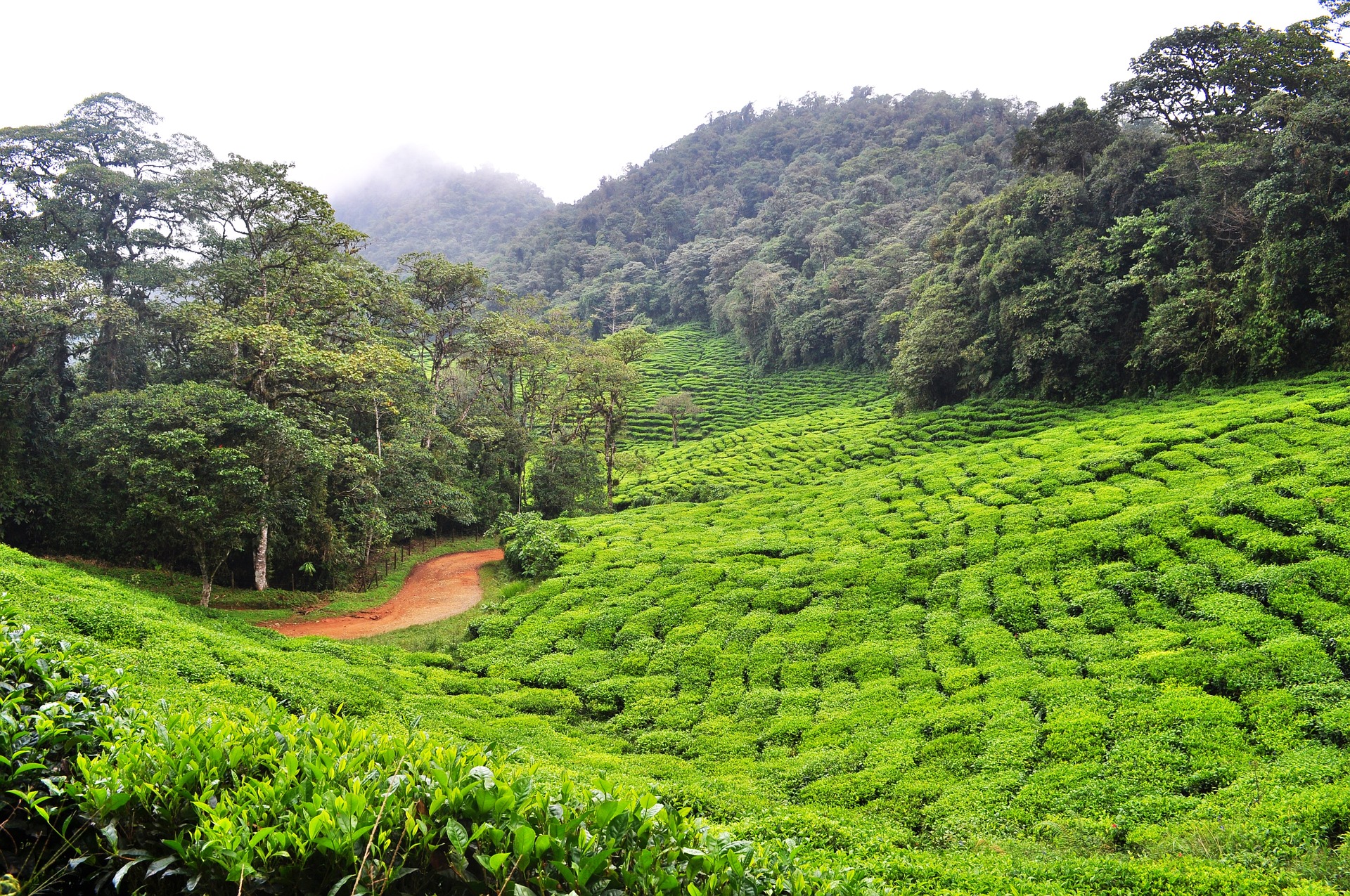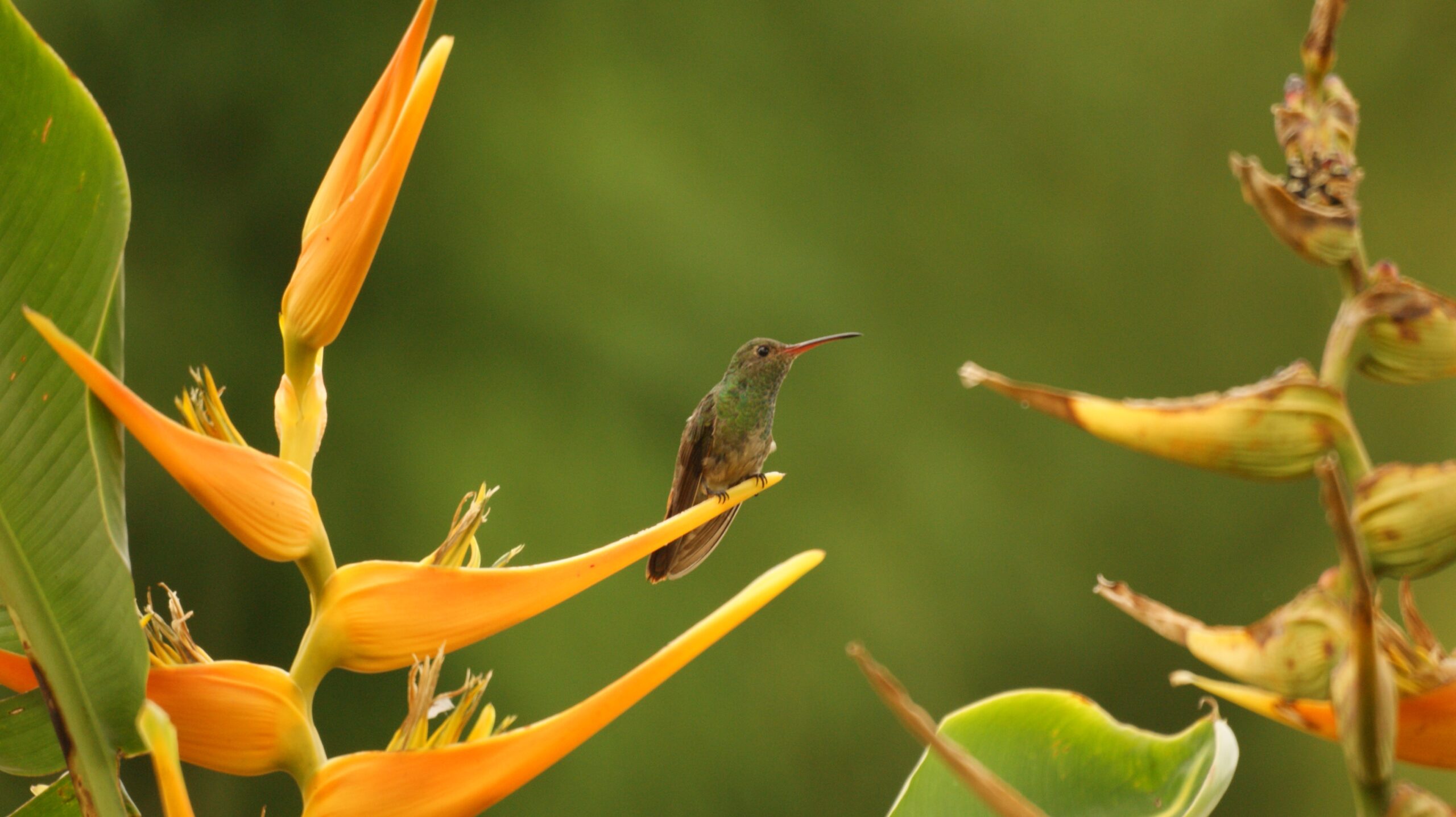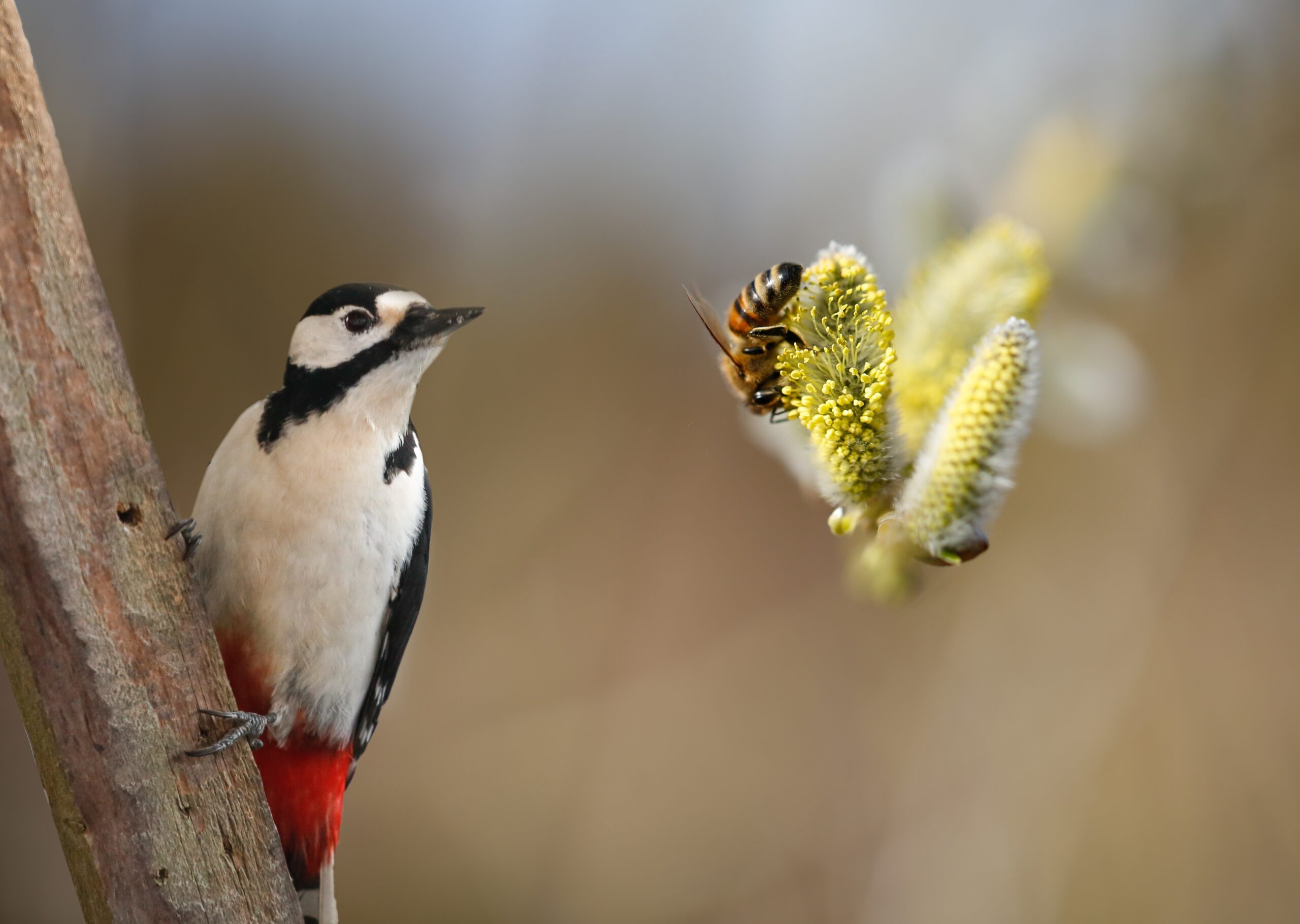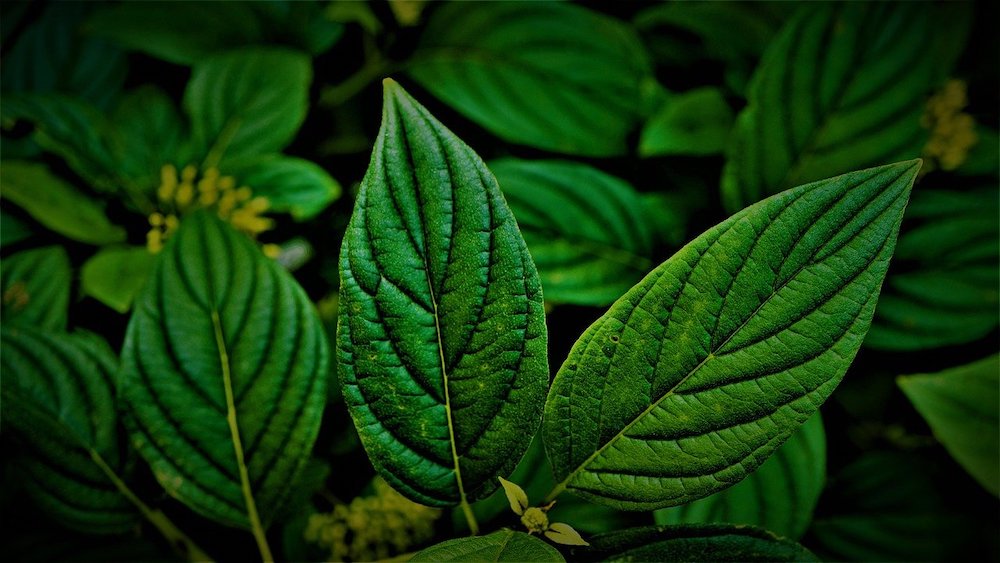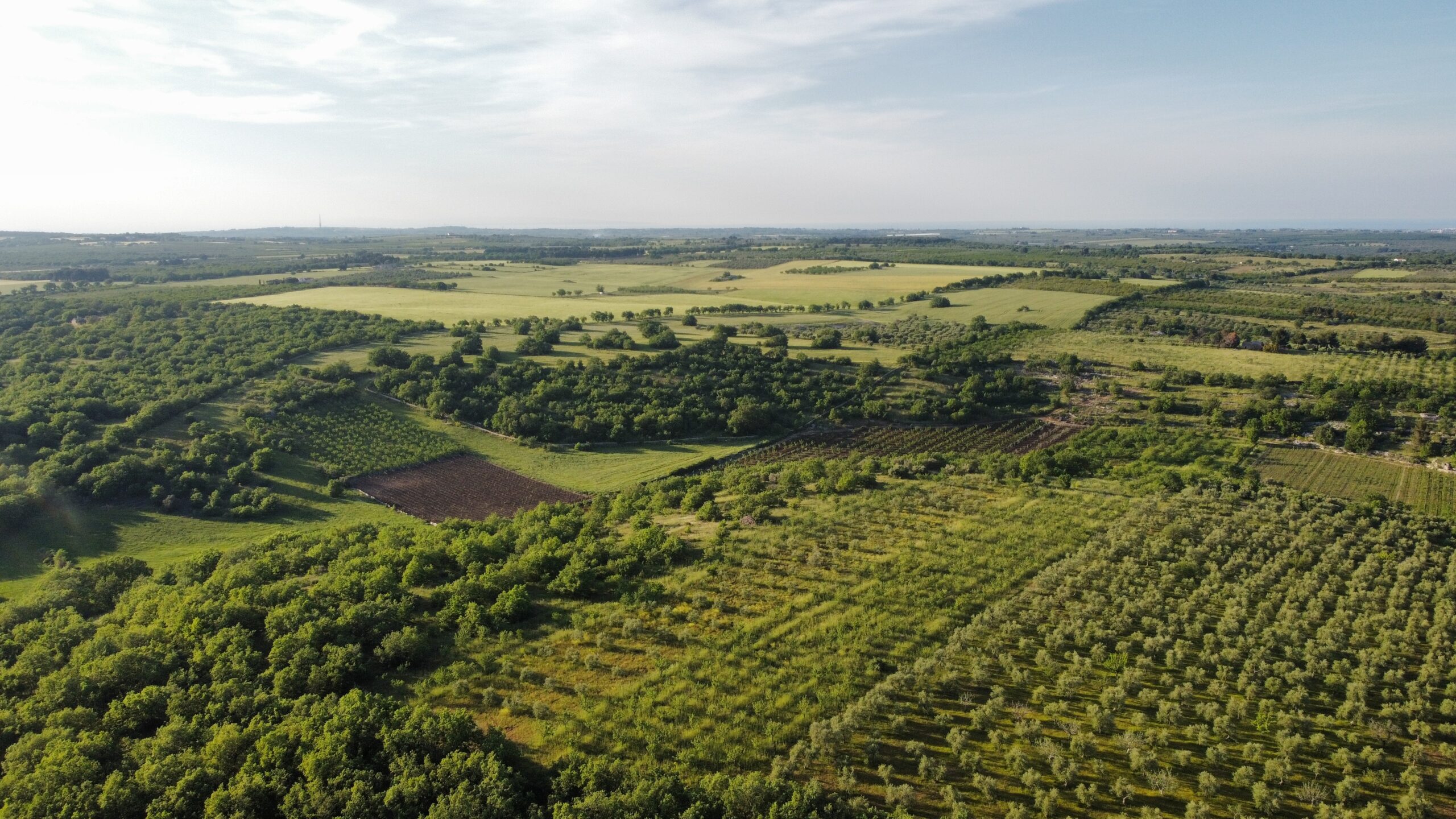
The Story of BES-Net Trinidad and Tobago

MAY 2024
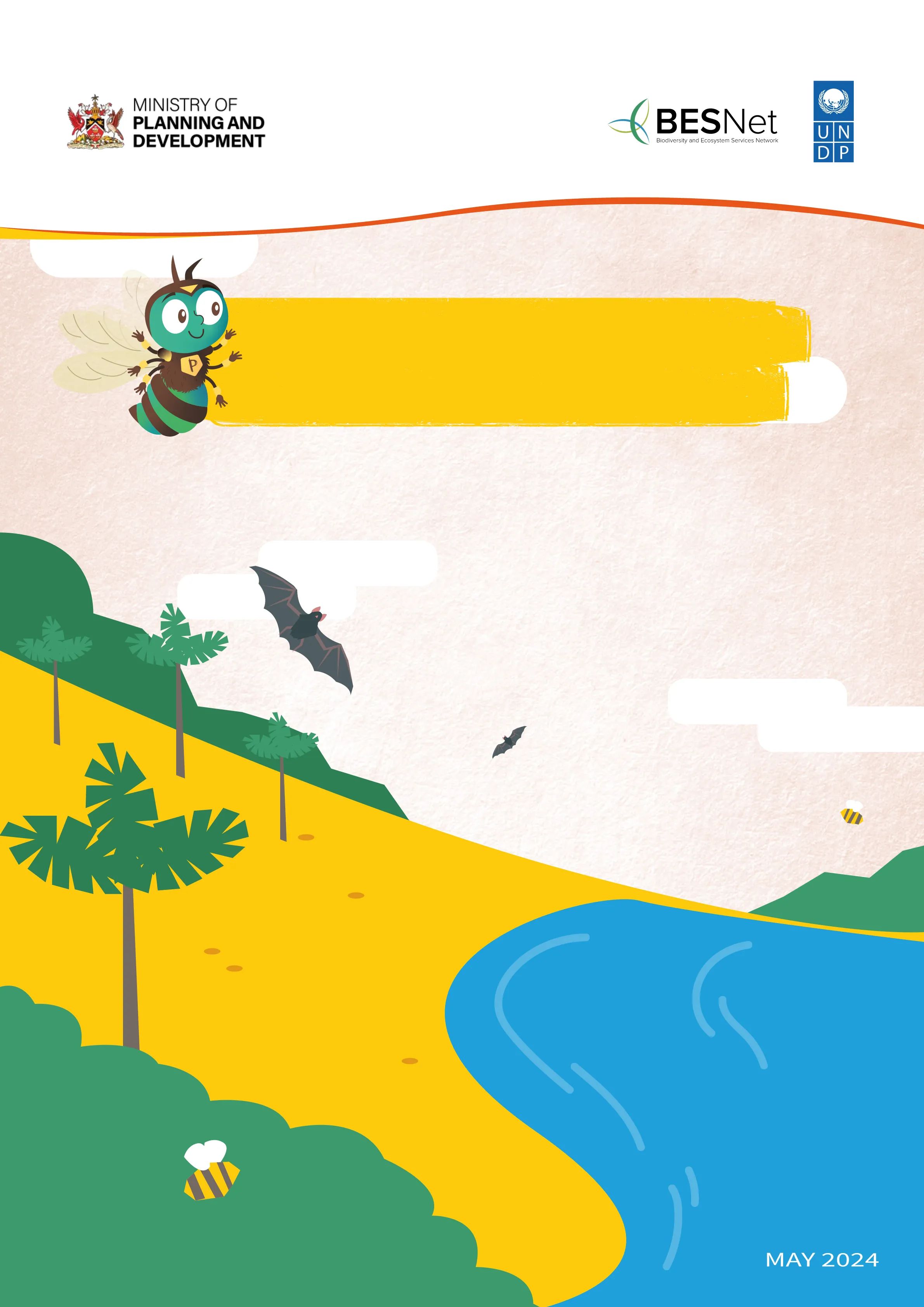

Foreword
Trinidad and Tobago, as an active participant in the Trialogue process of the Biodiversity and Ecosystem Services Network, secured financial support to undertake the “Biodiversity and Ecosystem Services Network Trinidad and Tobago (BES-Net TT) Project” in 2021.
Envisioned as a two-year project, its main objective was to undertake activities to address the science, policy and practice of pollination and pollinator management in Trinidad and Tobago.
The project was executed through the Environmental Policy and Planning Division (EPPD) of the Ministry of Planning and Development (MPD) with the support of the United Nations Development Programme (UNDP) Trinidad and Tobago country office.
This document presents a summary of the project’s execution, prepared in May 2024.
Foreword
Trinidad and Tobago, as an active participant in the Trialogue process of the Biodiversity and Ecosystem Services Network, secured financial support to undertake the “Biodiversity and Ecosystem Services Network Trinidad and Tobago (BES-Net TT) Project” in 2021.
Envisioned as a two-year project, its main objective was to undertake activities to address the science, policy and practice of pollination and pollinator management in Trinidad and Tobago.
The project was executed through the Environmental Policy and Planning Division (EPPD) of the Ministry of Planning and Development (MPD) with the support of the United Nations Development Programme (UNDP) Trinidad and Tobago country office.
This document presents a summary of the project’s execution, prepared in May 2024.
One, two, three!
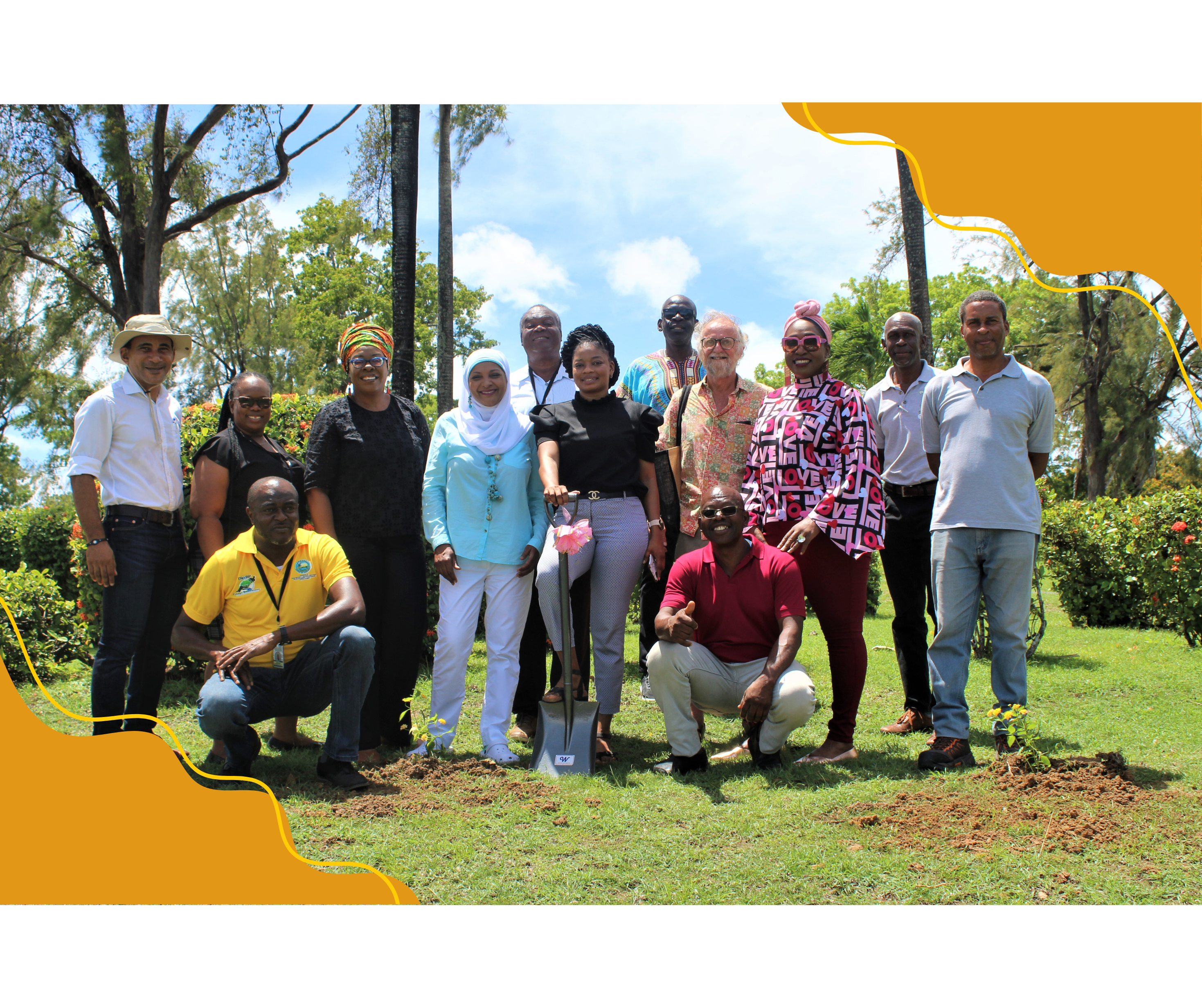
The project was made up of three main components: Science, Policy and Practice.
The Science component sought to improve scientific knowledge of pollinators and pollination services. The project engaged the services of research teams and undertook the development of products which document information on local plants and their pollinators, particularly the local Lepidoptera (i.e., butterflies). This component also devised methods for data collection on local pollinators.
The Policy component addressed the conservation of pollinators through the generation of recommendations for policy improvement and was marked by a key collaborative session among stakeholders.
The Practice component connected with practitioners and the public, providing educational resources, tools and support to improve the practice and application of pollinator science in multiple contexts. This included the production of guidelines and tips to aid key target groups and the general public in contributing to pollinator conservation in meaningful ways.
One, two, three!
The project was made up of three main components: Science, Policy and Practice.
The Science component sought to improve scientific knowledge of pollinators and pollination services. The project engaged the services of research teams and undertook the development of products which document information on local plants and their pollinators, particularly the local Lepidoptera (i.e., butterflies). This component also devised methods for data collection on local pollinators.
The Policy component addressed the conservation of pollinators through the generation of recommendations for policy improvement and was marked by a key collaborative session among stakeholders.
The Practice component connected with practitioners and the public, providing educational resources, tools and support to improve the practice and application of pollinator science in multiple contexts. This included the production of guidelines and tips to aid key target groups and the general public in contributing to pollinator conservation in meaningful ways.
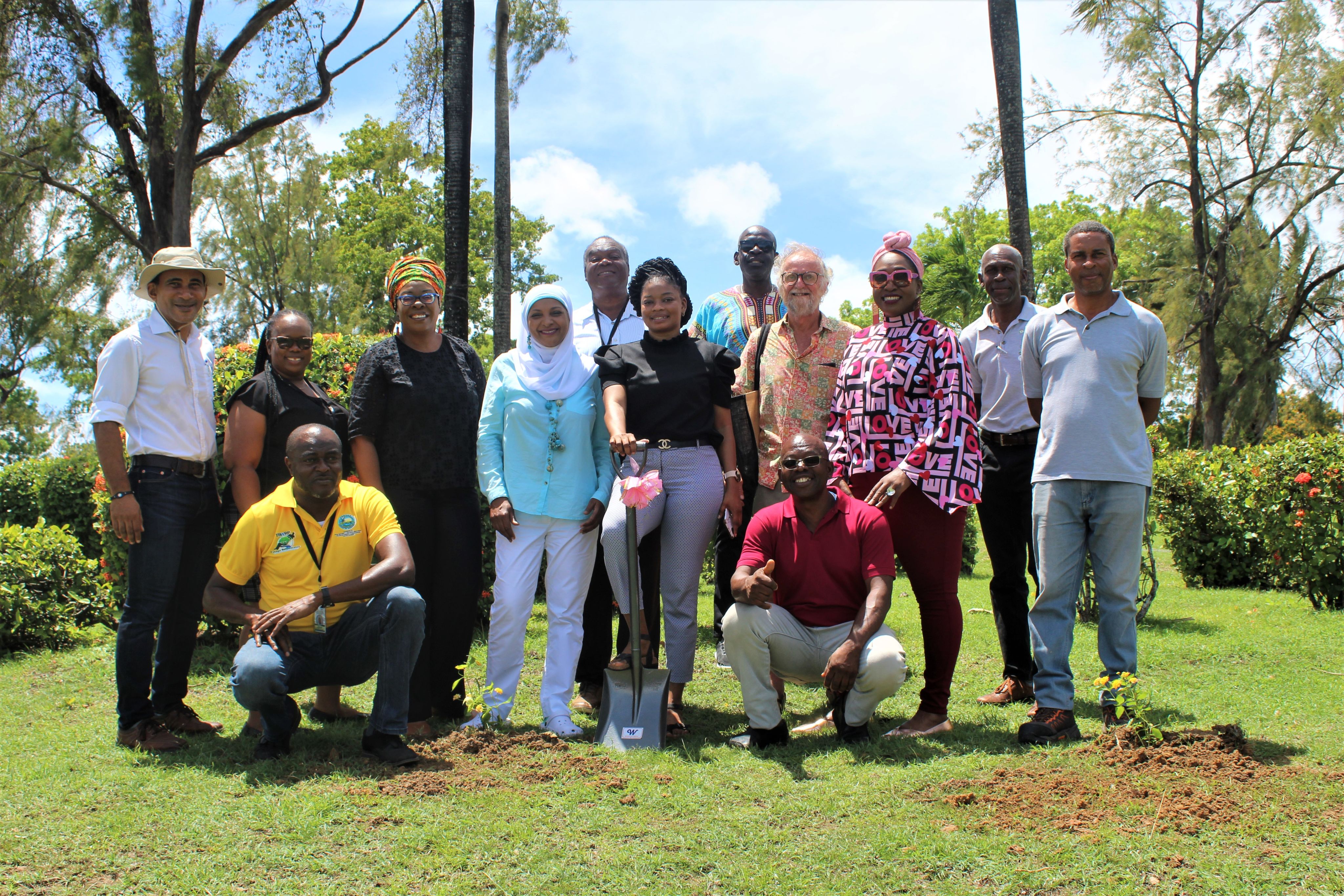
Pollinator Science
The pollinator science component involved diverse research activities, such as fieldwork and literature reviews. A crucial initial activity for this component was conducting a Knowledge, Attitudes and Practices survey. Initially shared online due to pandemic restrictions, it was later conducted through in-person interactions with the public. The survey yielded valuable data that informed the creation of activities under the Practice component.
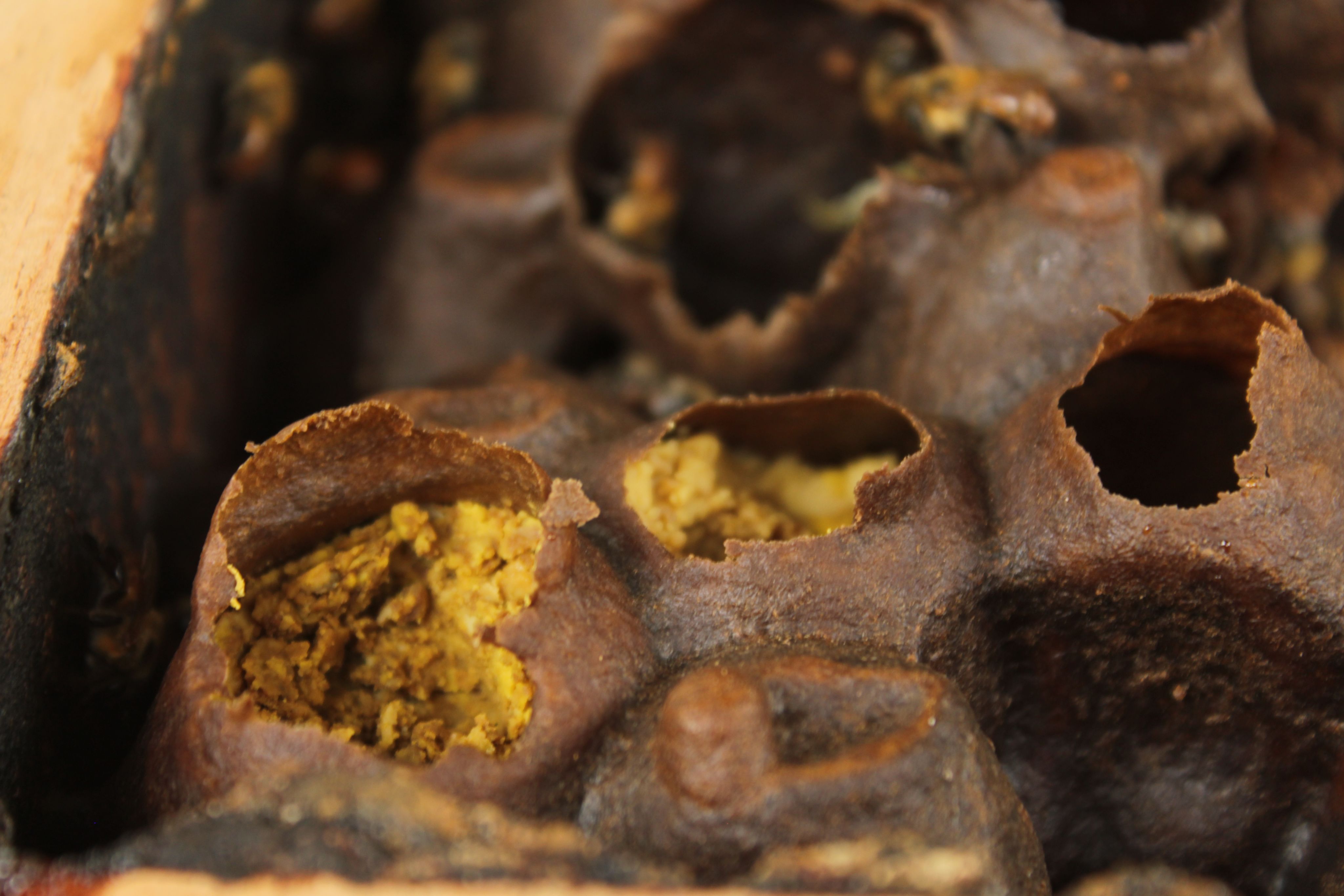

Pollinator Science
The pollinator science component involved diverse research activities, such as fieldwork and literature reviews. A crucial initial activity for this component was conducting a Knowledge, Attitudes and Practices survey. Initially shared online due to pandemic restrictions, it was later conducted through in-person interactions with the public. The survey yielded valuable data that informed the creation of activities under the Practice component.


FORMAL FIELD RESEARCH STUDIES
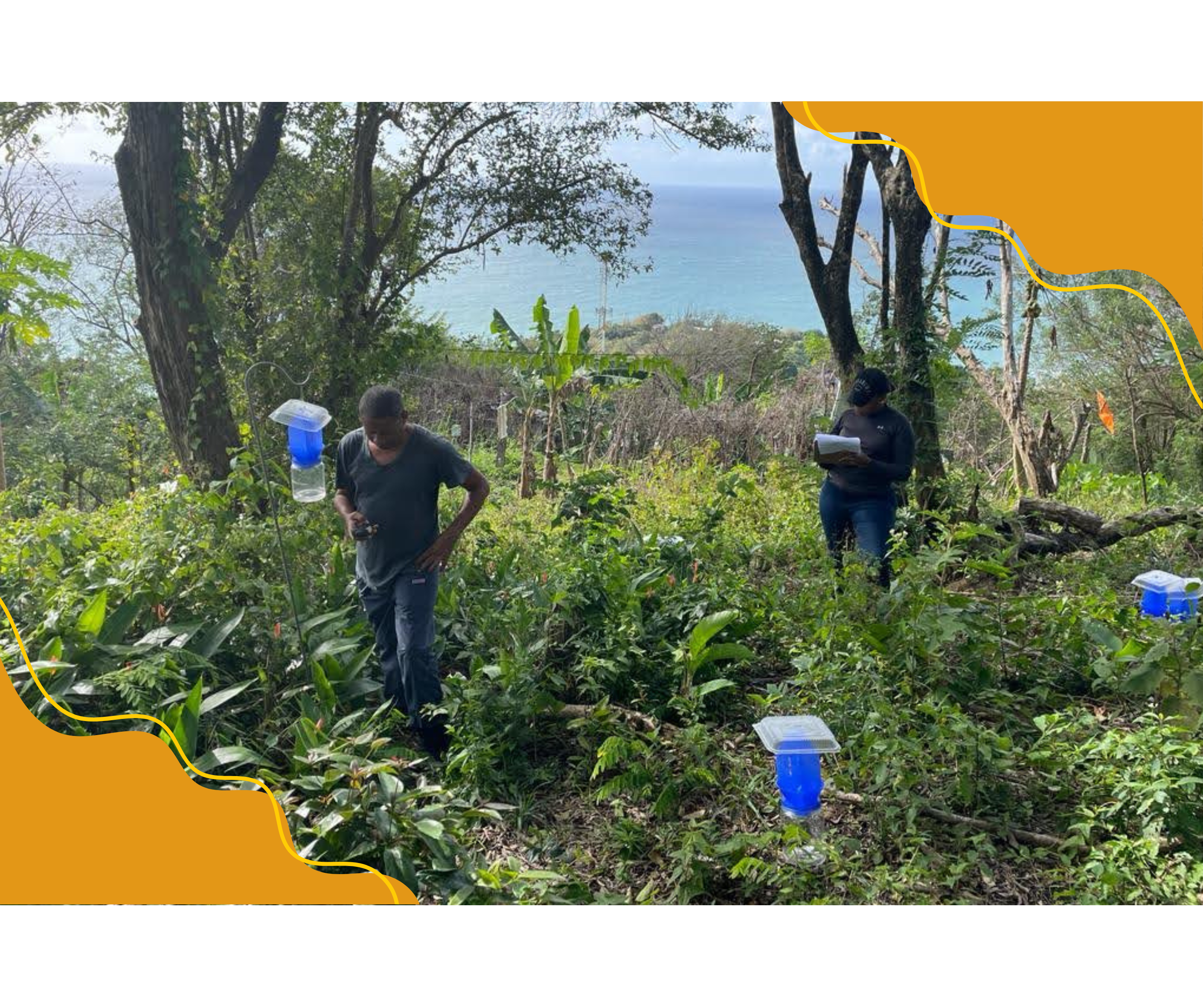
Three research teams actively conducted field investigations on pollinator groups to address information gaps that were identified at the project’s outset. One team focused on local bee species and was unique in its composition, being made up of members of a local nongovernmental organization (NGO) and maintaining a strong connection with community members from nearby farming communities. This partnership, supported by a grant from the Global Environment Facility (GEF) Small Grants Programme (SGP), involved sampling local bee species on farms near two protected areas. The bees were later identified using DNA barcoding at York University, Canada.
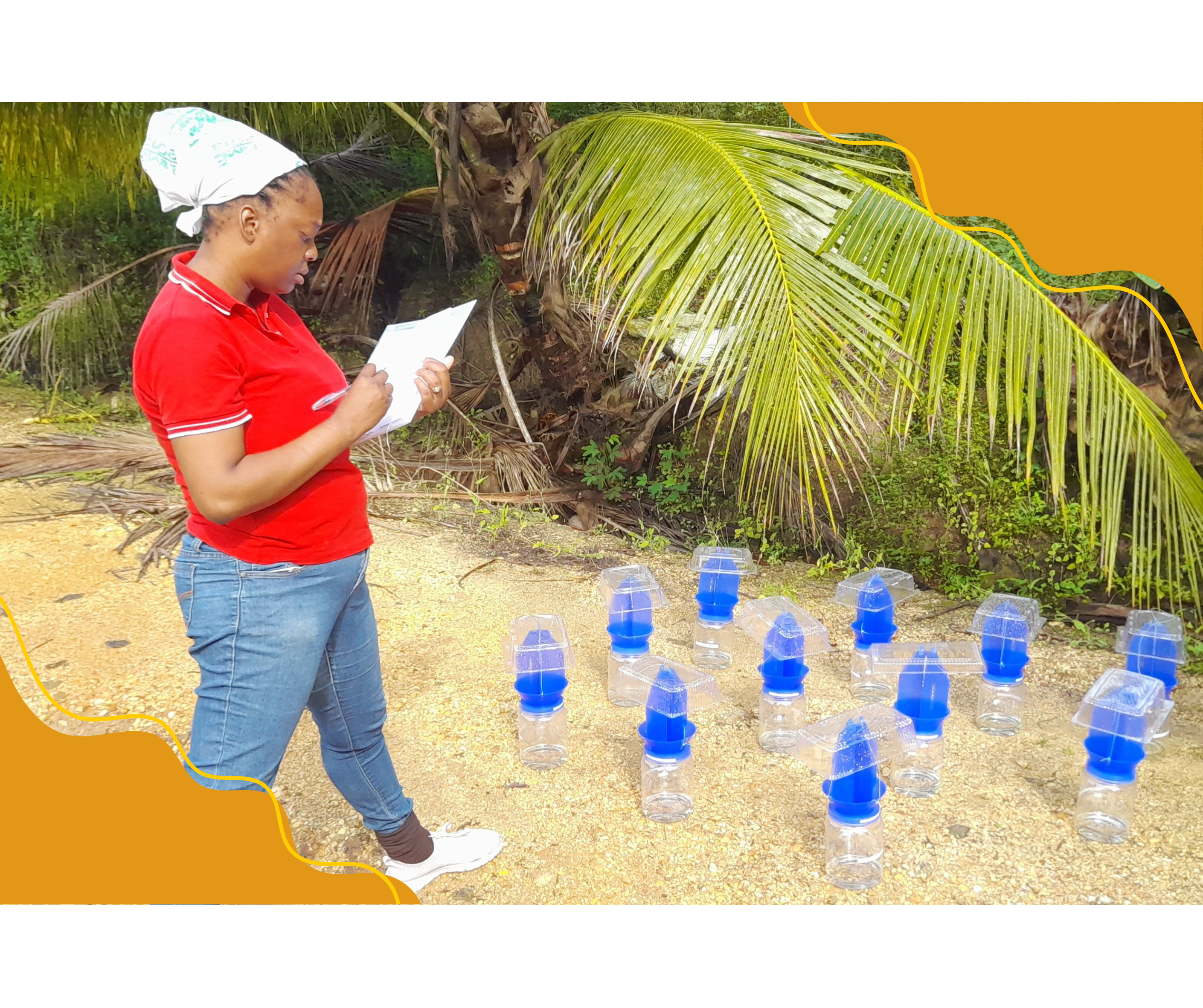
During this research, additional sampling was conducted at a reserve managed by an indigenous group, further expanding the network of research partners. The project included workshops to train participants in sampling methods and to identify pollinator groups, cofacilitated by the Research Division of the Ministry of Agriculture, Land and Fisheries. A third workshop shared the research findings with the farmers involved in the study. One significant result was the potential discovery of two bee genera previously unrecorded in Trinidad and Tobago. Further research is underway to confirm if these truly represent new species.
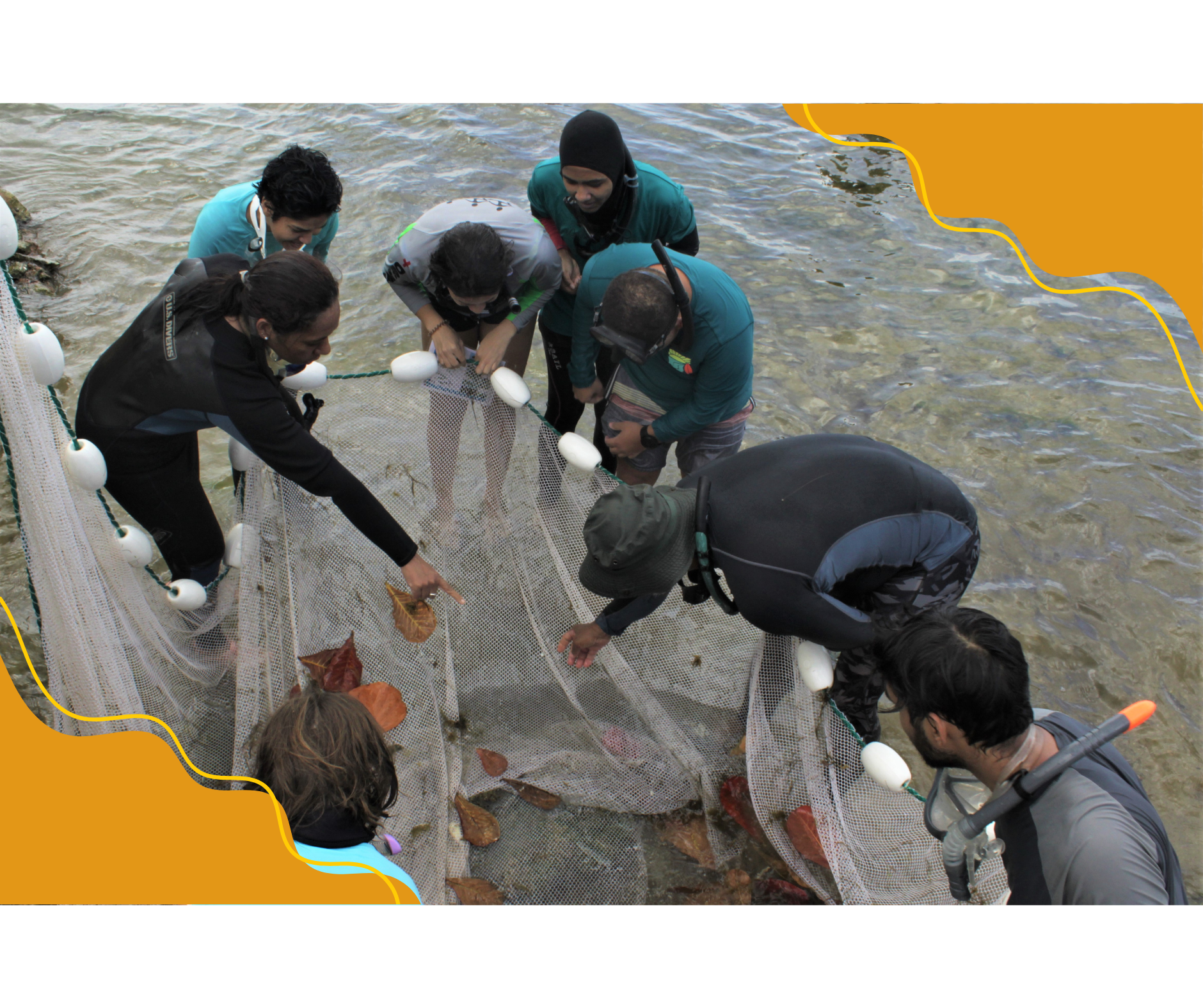
A second research project examined bat pollinators at two sites in eastern Trinidad: one relatively undisturbed secondary forest and another undergoing recovery after quarrying. This study, conducted over a three-month period, used mist nets for nocturnal sampling. A webinar and a workshop were organized during the research period to share methodological insights. The research report revealed that both sites hosted a variety of bat species, with a greater number of individual bats found at the less disturbed site, while the previously quarried site hosted more species overall. Around 90% of the bats surveyed were frugivorous and two nectivorous bat species were identified. Both groups play a primary role in pollination.
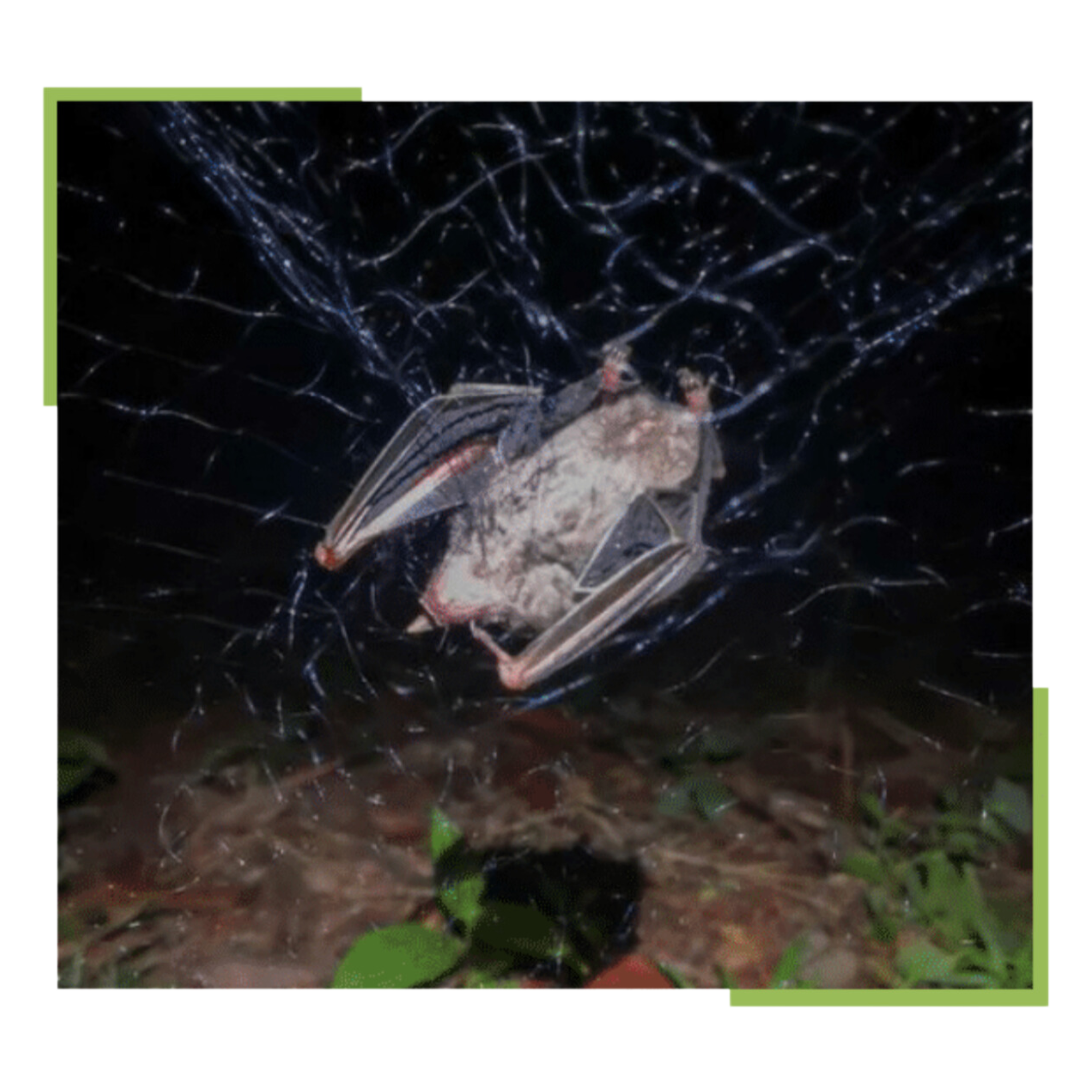
The third research team conducted a yearlong study of the flowering patterns of seagrass species at Williams Bay in Trinidad and Bon Accord Lagoon in Tobago. The work was primarily done in the early evenings, as flowering and pollination among seagrasses occur at night. This research piqued the interest of local scientists and the public, as few were aware that seagrasses flower, let alone that they are pollinated by animals. Two public engagement sessions were held at each research site, attracting strong attendance, particularly from women.
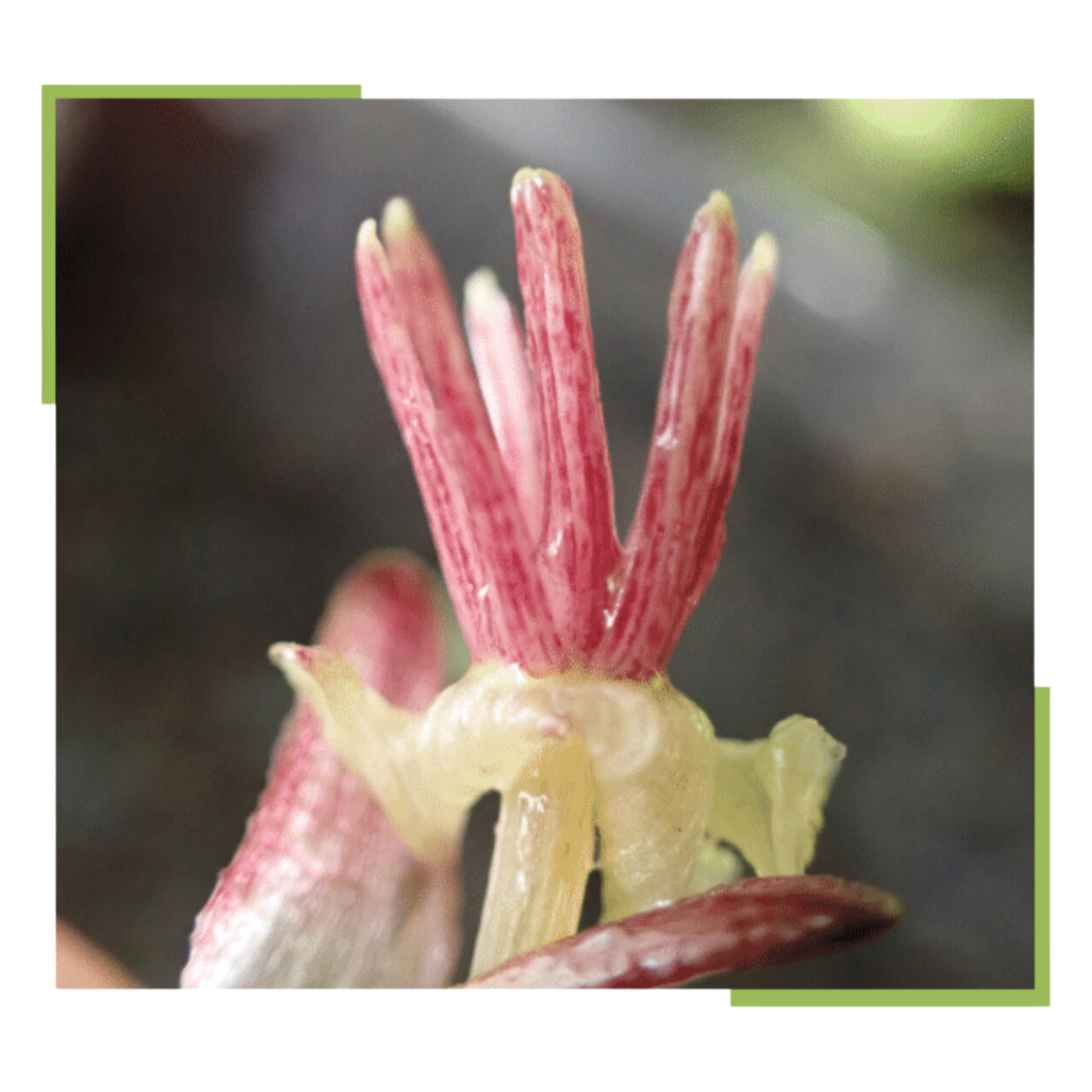
The research team, who also presented a webinar on their findings, documented the flowering patterns of several seagrass species and created a checklist of marine invertebrates that visited the flowers and carried pollen on their bodies, suggesting a pollination role.



LITERATURE REVIEW FOR DATABASE DEVELOPMENT
The creation of a Lepidoptera (butterfly) catalogue was supported by Angostura Limited, a corporation that owns one of the largest butterfly collections in Trinidad and Tobago. The company generously provided access to its collection database, facilitating an update of species and genera listings along with their plant associations. This information will be compiled into a searchable database, a valuable resource for researchers.
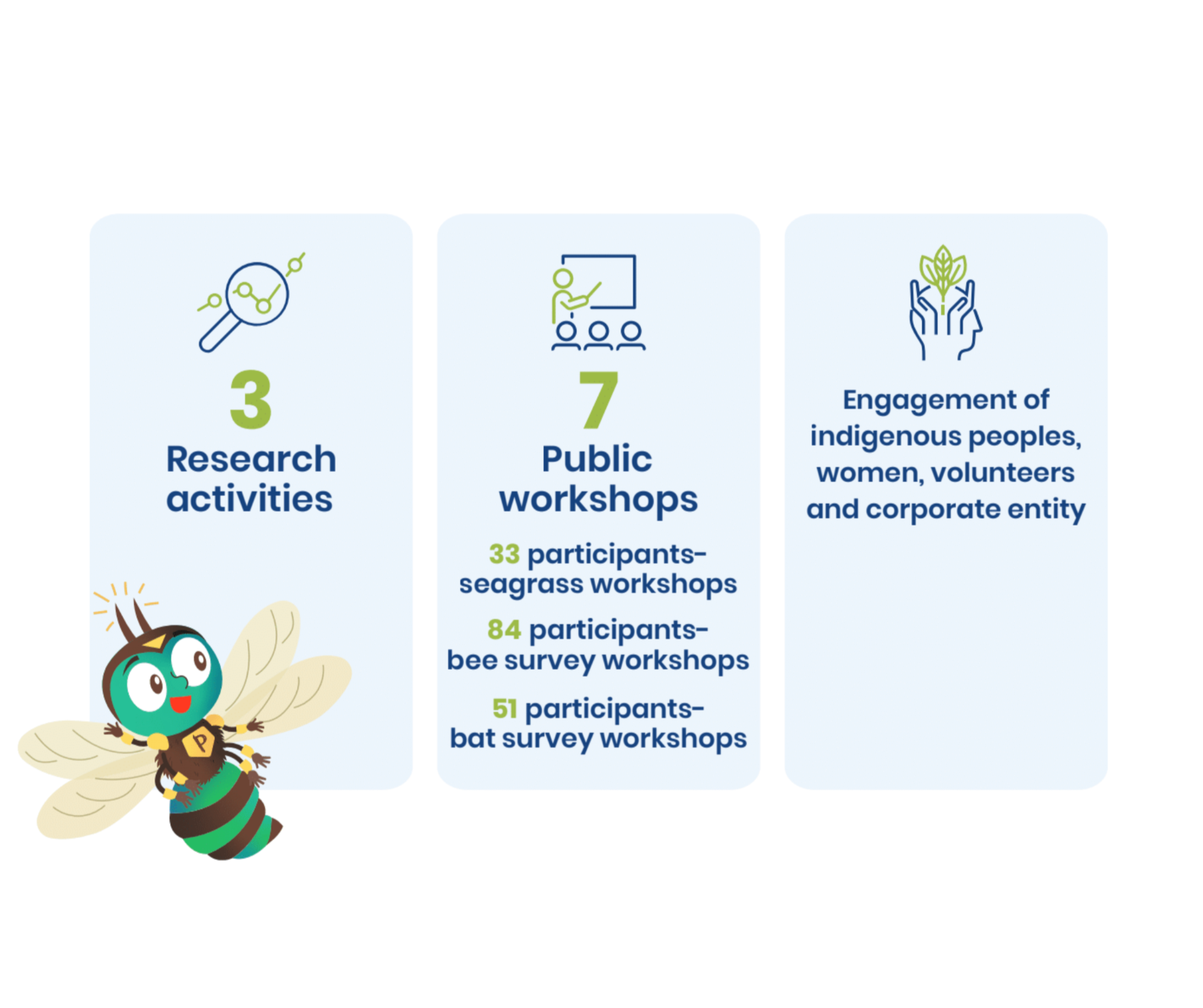
Similarly, a plant-pollinator database was developed through literature reviews of local plant species and their associated pollinators. Part of this research was assisted by UNDP volunteers and the resulting information will be highly beneficial to those selecting plants for pollinator gardens and those interested in managing stingless bees.

LITERATURE REVIEW FOR DATABASE DEVELOPMENT
The creation of a Lepidoptera (butterfly) catalogue was supported by Angostura Limited, a corporation that owns one of the largest butterfly collections in Trinidad and Tobago. The company generously provided access to its collection database, facilitating an update of species and genera listings along with their plant associations. This information will be compiled into a searchable database, a valuable resource for researchers.
Similarly, a plant-pollinator database was developed through literature reviews of local plant species and their associated pollinators. Part of this research was assisted by UNDP volunteers and the resulting information will be highly beneficial to those selecting plants for pollinator gardens and those interested in managing stingless bees.
Pollinators and Policy
The Policy component of the BES-Net TT project comprised two key activities. The first involved reviewing existing national environmental policies to identify areas that might require enhancements or additions specifically focused on pollinator conservation. The second aimed to establish a standard for local stingless bee honey.
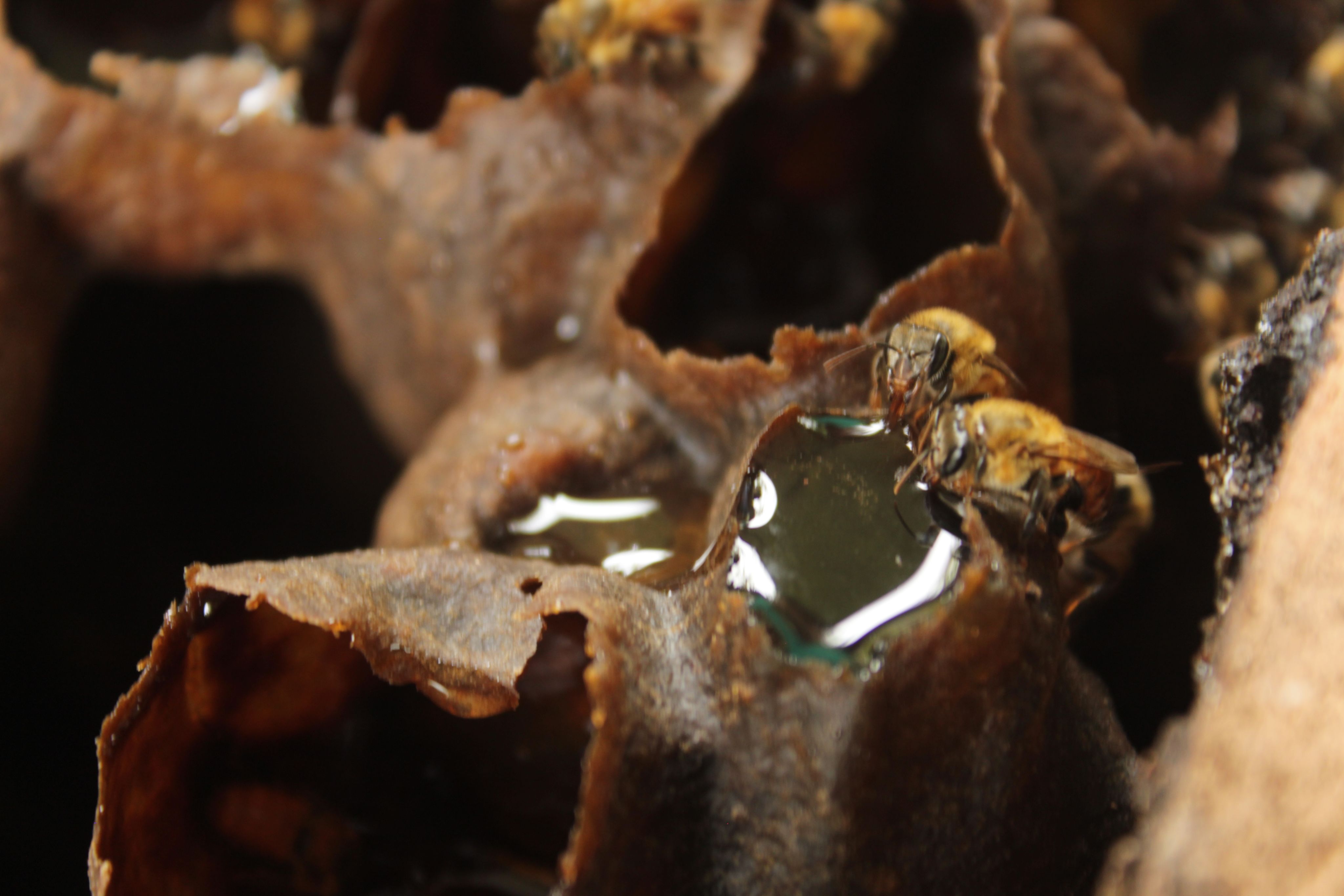

POLICY RECOMMENDATIONS THROUGH A THEORY OF CHANGE
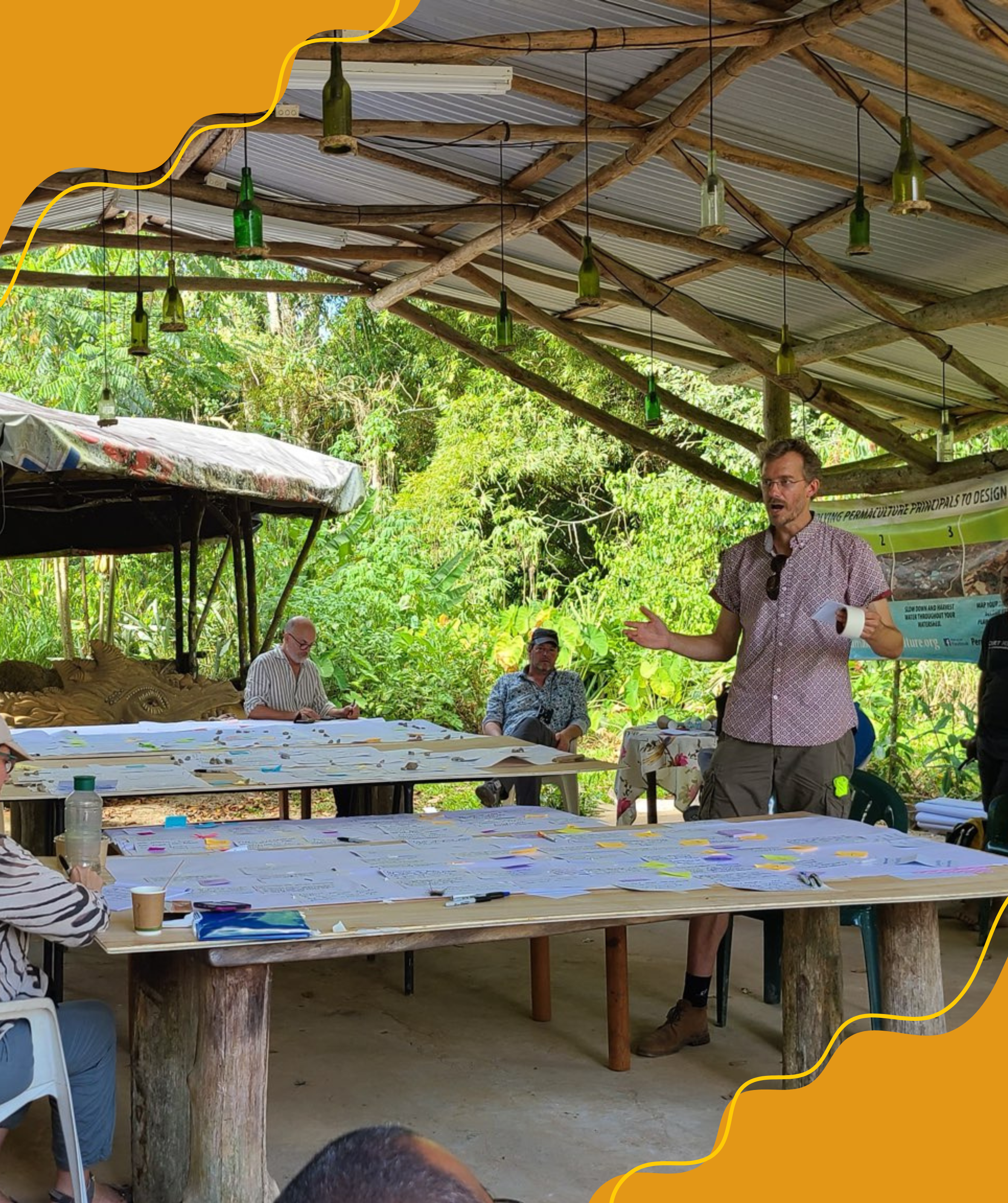
On the aspect of policy review, the project couldn’t find a local expert to analyze the policy documents, but all was not lost. Promote Pollinators, the Coalition of the Willing on Pollinators and the Naturalis Biodiversity Center assisted the BES-Net TT team in hosting a Theory of Change Workshop to draft a pollinator strategy. This initiative followed the Government of Trinidad and Tobago’s recent membership in the Coalition of the Willing on Pollinators.
The workshop brought together stakeholders from government and nongovernmental organizations to learn about the logic model and collaboratively create a draft roadmap, outlining who should address what and in what manner to improve and support targeted pollinator management in Trinidad and Tobago. After three days, the participants developed a draft theory of change document with the impact statement, “Biodiverse islands where humans live in harmony with pollinators.” At the workshop’s conclusion, the participants validated this draft report, which will guide further discussions to develop policy recommendations.
GUIDELINES FOR STINGLESS BEE MANAGEMENT
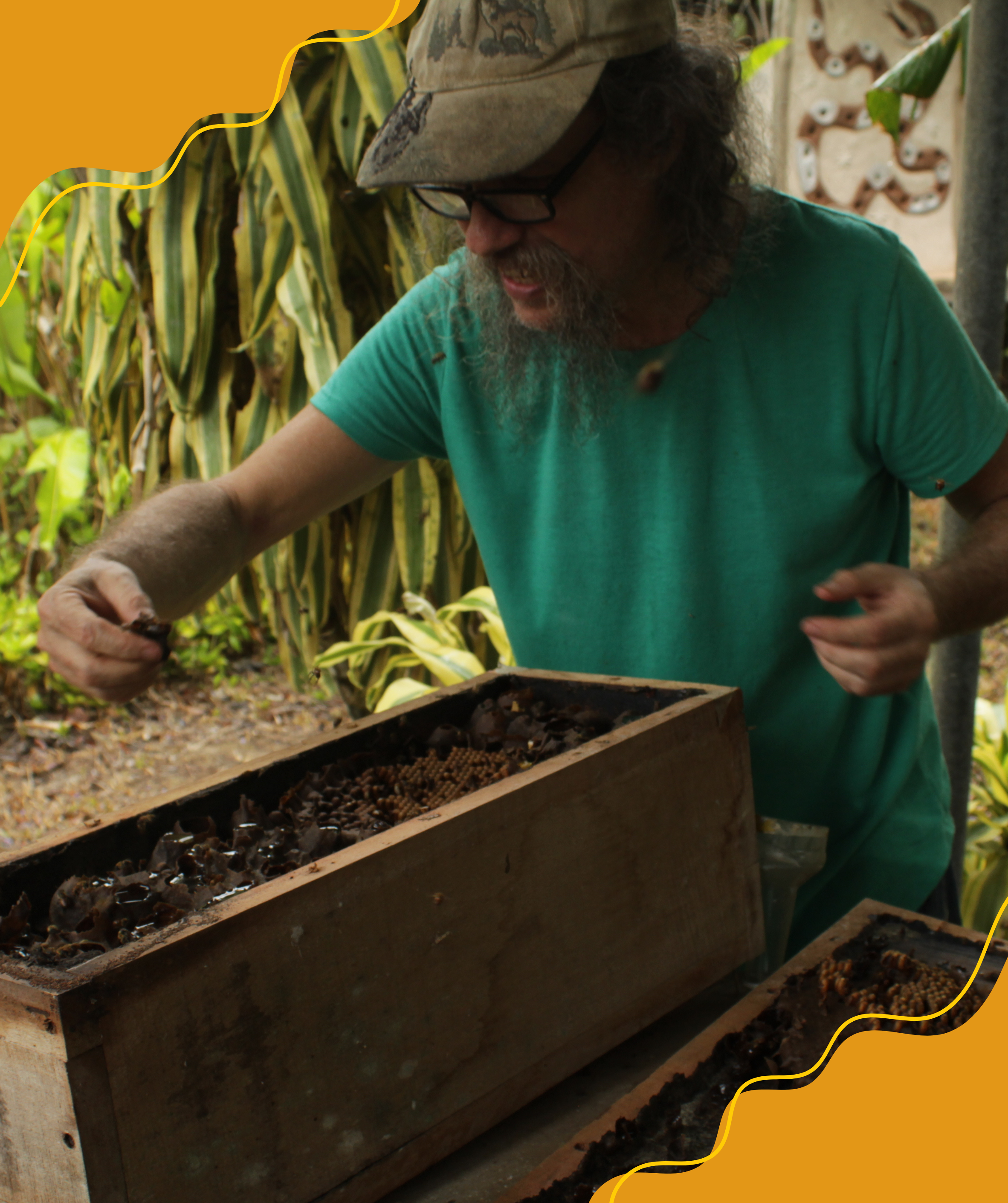
In the development of a standard for stingless bee honey, initial discussions with key personnel at the Bureau of Standards revealed that the process was extensive and couldn’t be fully realized within the project’s timeframe. Additionally, no basic testing facility for stingless bee honey was available. Despite this, the BES-Net TT team decided to bring together important stakeholders from the beekeeping, public health, veterinary science and environmental management sectors to discuss key considerations for managing stingless bee honey production and use.
The outcome of this roundtable discussion was an agreement to create a document that would provide comprehensive guidance for stingless beekeepers, particularly those involved in honey production and trade. The BES-Net TT team conducted research and consulted with local keepers to gather information on their best practices. The resulting booklet marks the first publication of its kind in Trinidad and Tobago.


Pollinators and Practice
The Practice component of the project featured activities with great interface with the public and key audiences and involved several outreach and training activities. The overlap with the two previous components was noted through the production of communication products to help in disseminating information on the activities, research and key findings.
The main intended outcome was to provide education, tools and support to improve the practice and application of pollinator and pollination science in multiple contexts.
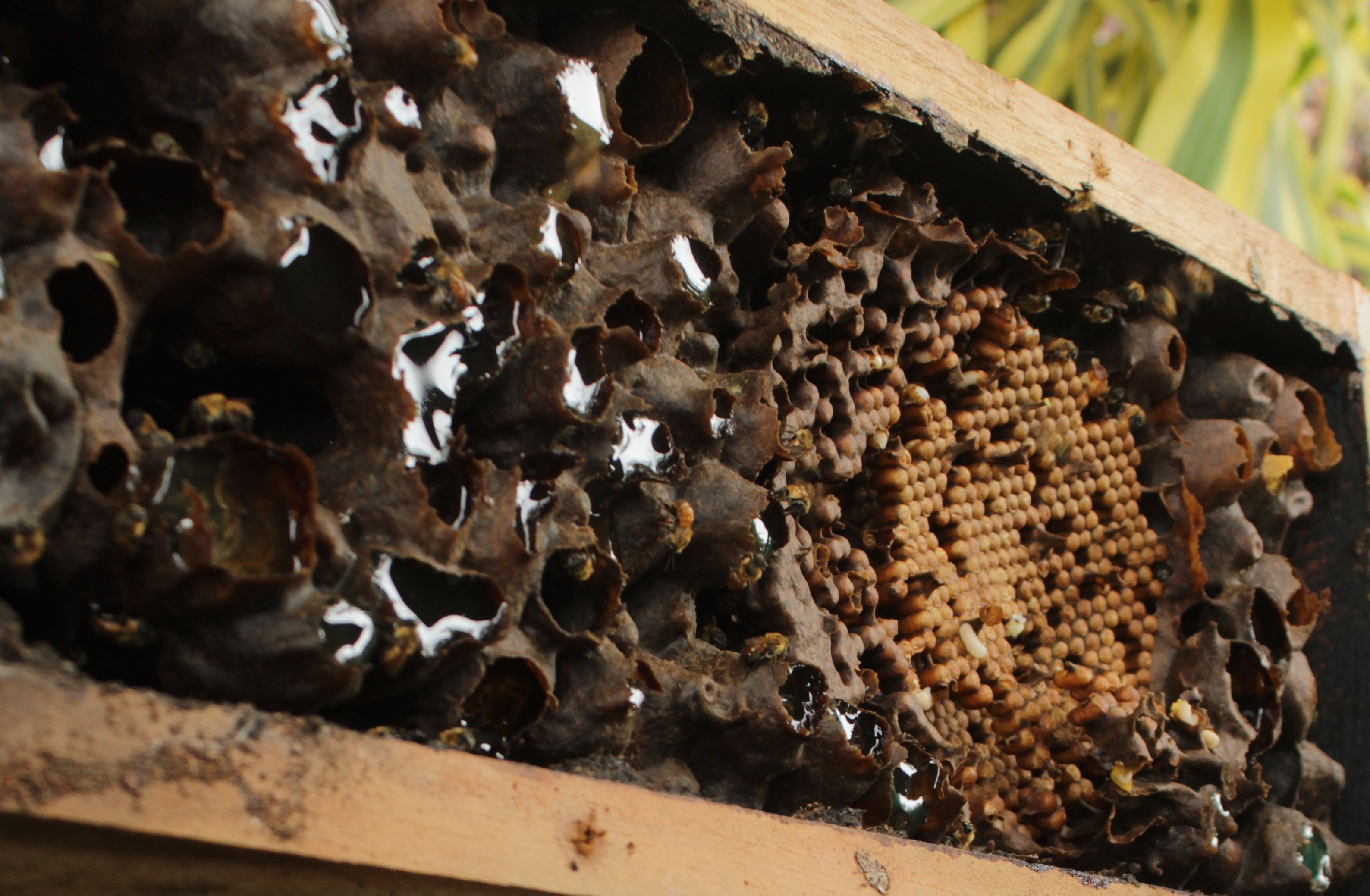

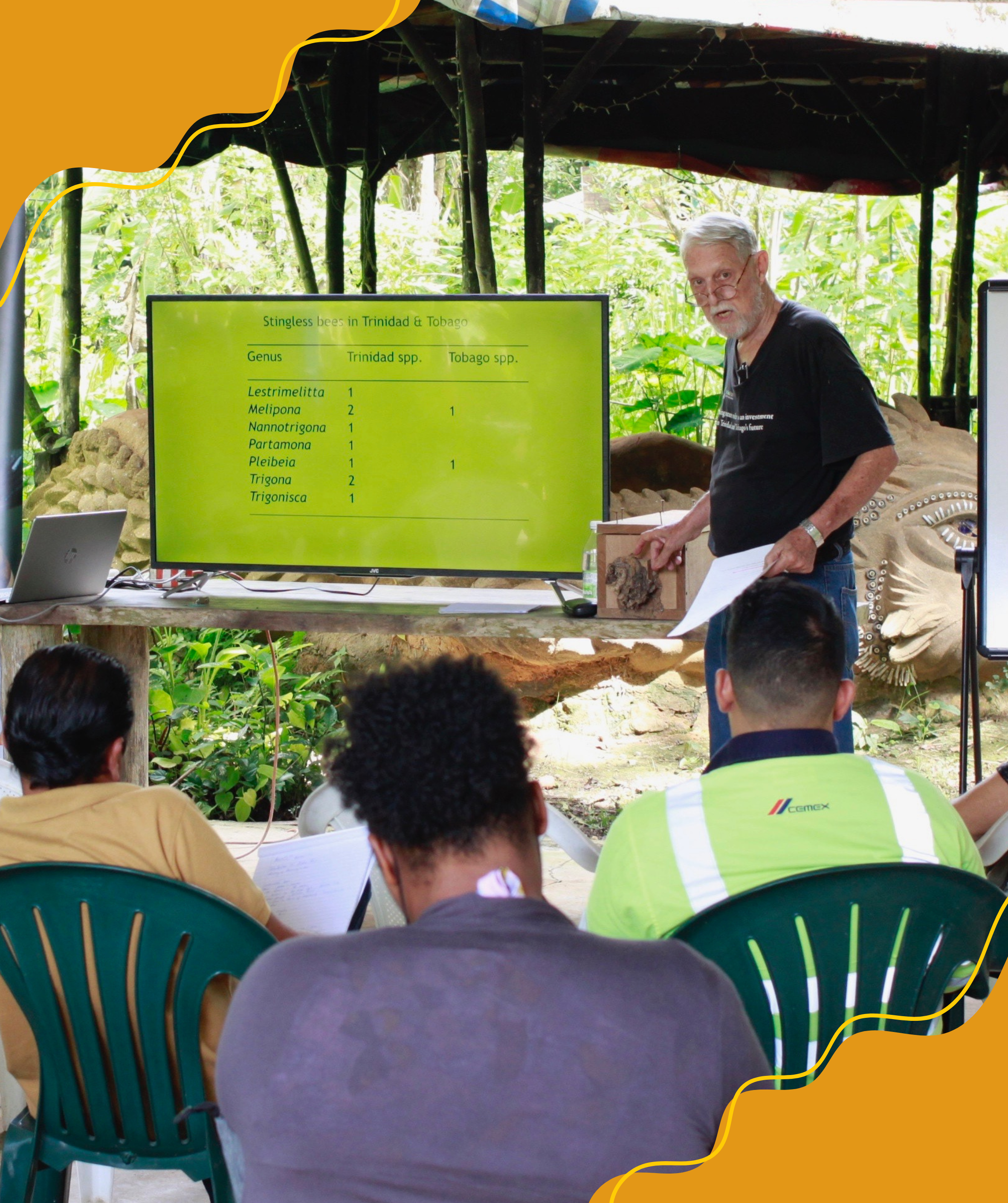
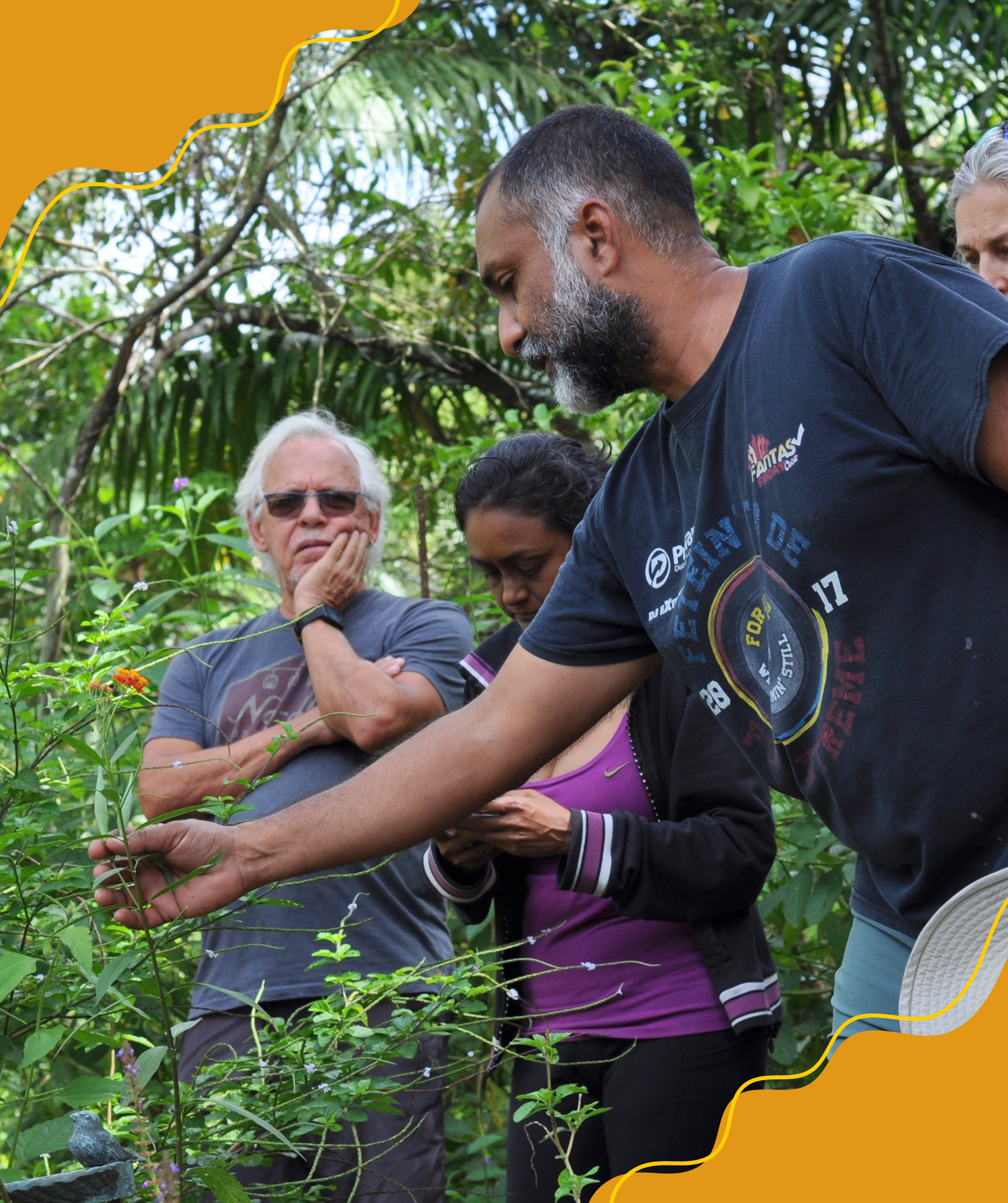
KNOWLEDGE AND SKILL-BUILDING ACTIVITIES

A preprogrammed activity under this component was the hosting of a workshop series, open to the public, which was intended to build knowledge in pollinator conservation and management. One session focused on the development of skills in macrophotography to aid participants in taking photographs – and assist in the identification of pollinators – and in contributing these photographs to build a database of local pollinators. Three sessions gave guidance on boxing vulnerable colonies of stingless bee species and managing them in artificial hives to conserve these important pollinators. One session provided information on bats and their role as pollinators and a sixth session gave guidance on the design and management of pollinator gardens. These workshops took place on both islands and attracted the participation of 105 persons.
CREATING POLLINATOR HAVENS

A pollinator garden was developed at the site of the Trinidad workshops, Wa Samaki Ecosystems, to act as a demonstration garden. The project, however, had also planned to establish at least one similar garden in a public space in Trinidad and one in Tobago. Discussions were held with the Department of Natural Resources and Forestry and The University of the West Indies and pollinator gardens were launched in 2023 at the Scarborough Botanic Gardens and the UWI St. Augustine campus.
NETWORKING FOR STINGLESS BEE CONSERVATION
Another planned activity under the Practice component aimed to establish a network of individuals currently practising native bee conservation through keeping stingless bees in artificial hives, as well as others interested in adopting this practice. The project conducted a survey via its online platforms using SurveyMonkey to assess interest, followed by an online discussion where participants shared their thoughts on the network concept.
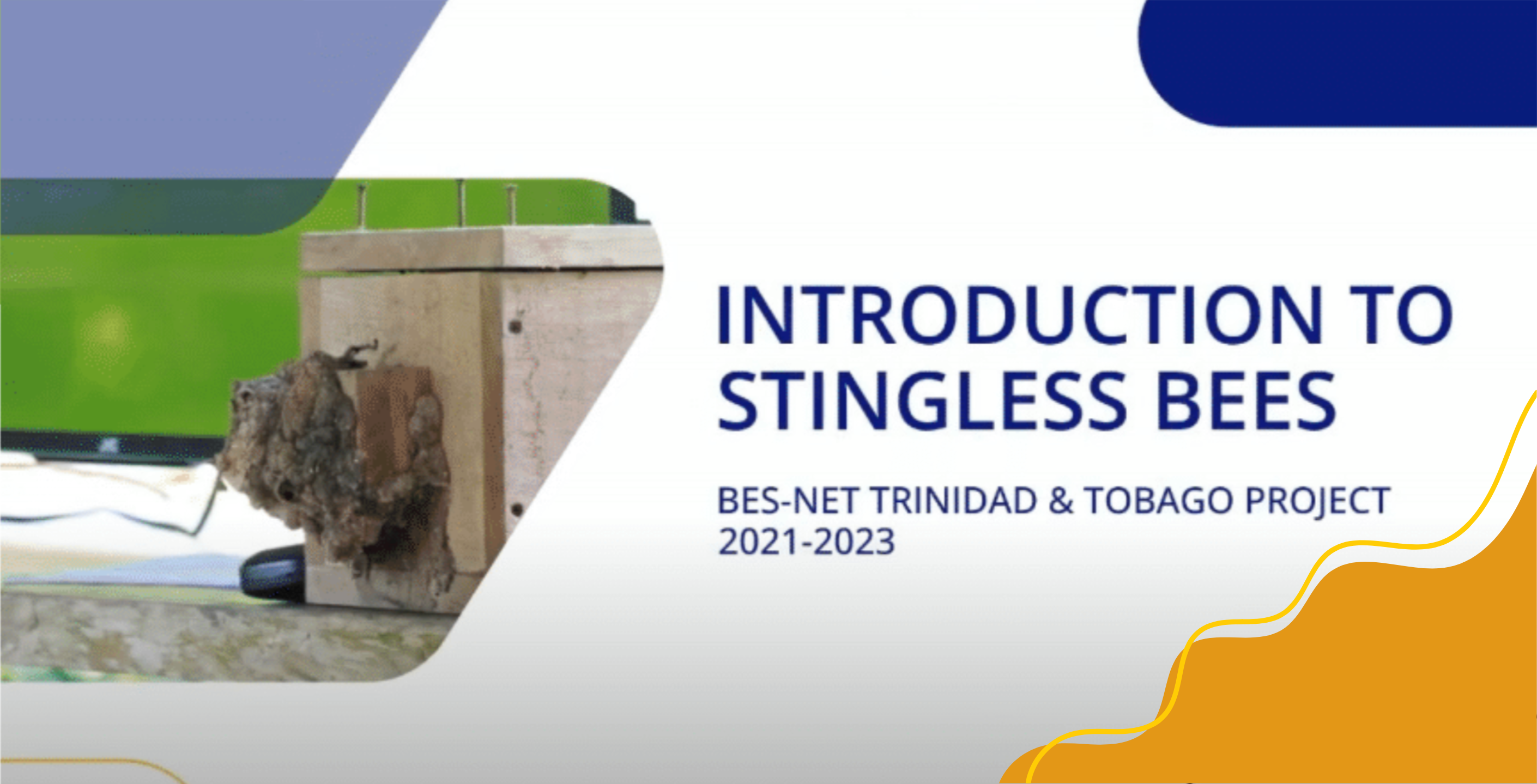
Supported by the Global Environment Facility Small Grants Programme, an afternoon session brought together stingless beekeepers and traditional honey beekeepers for further discussion. The group decided to establish an informal network via WhatsApp for communication. Since its inception in June 2023, the membership has expanded to over 75 people who actively discuss bee-related issues, share best practices and photos of local bee species and provide resources for starting stingless bee hives.
Individuals interested in joining the network can email lena.dempewolf@planning.gov.tt.
BRAINSTORMING THROUGH A COMMUNICATION WORKING GROUP
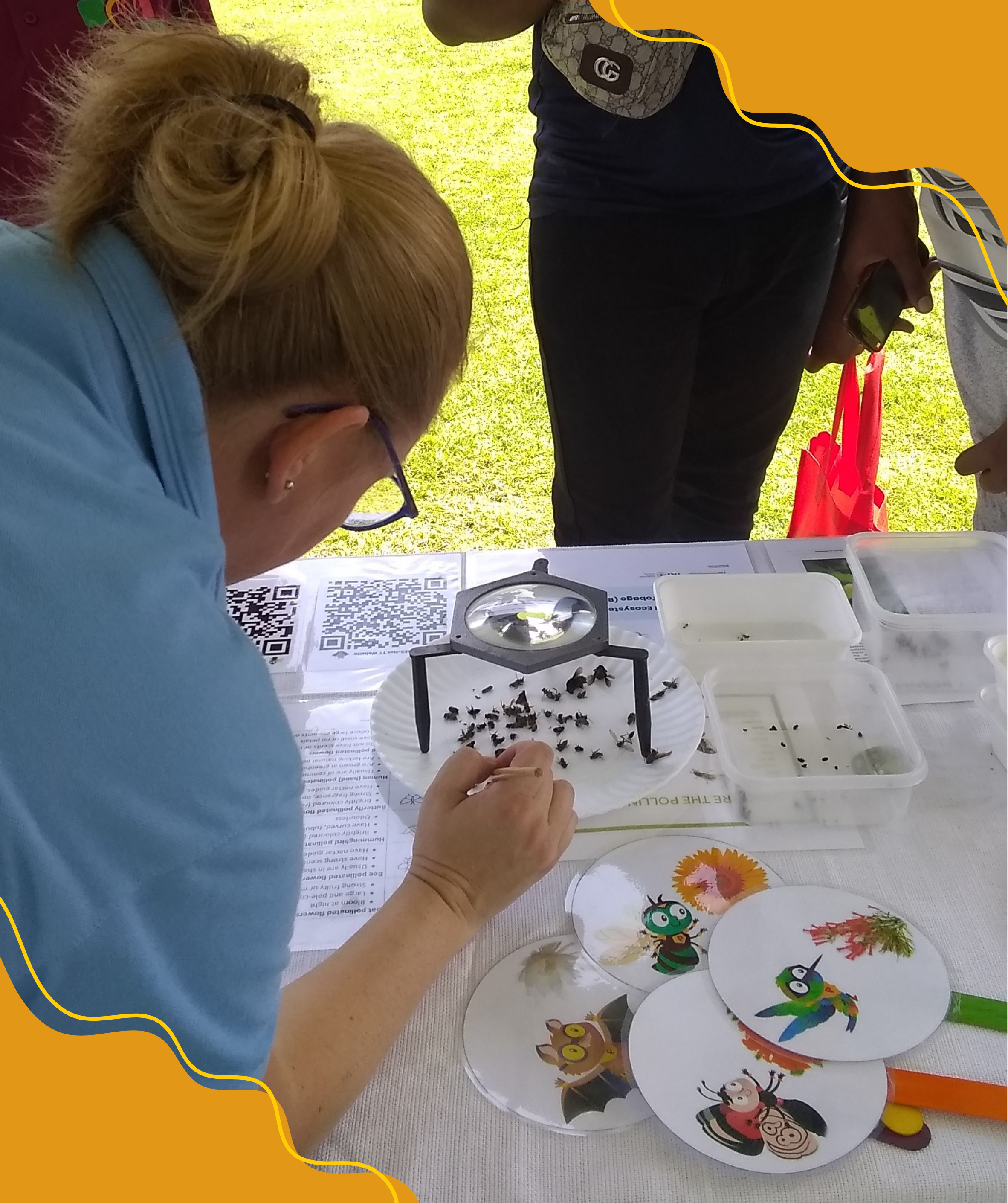
The results of the Knowledge, Attitudes and Practices survey conducted under the Science component helped pinpoint key messages for specific audiences using a mix of products and pathways. A multi-stakeholder team, known as the Communication Working Group, led the review. Meeting monthly for a year, the group shared their best practices in public education and applied them to creating communication materials. Teachers, farmers and home gardeners were identified as the primary target audiences within the broader category of the general public.
ONLINE EDUCATIONAL PATHWAYS
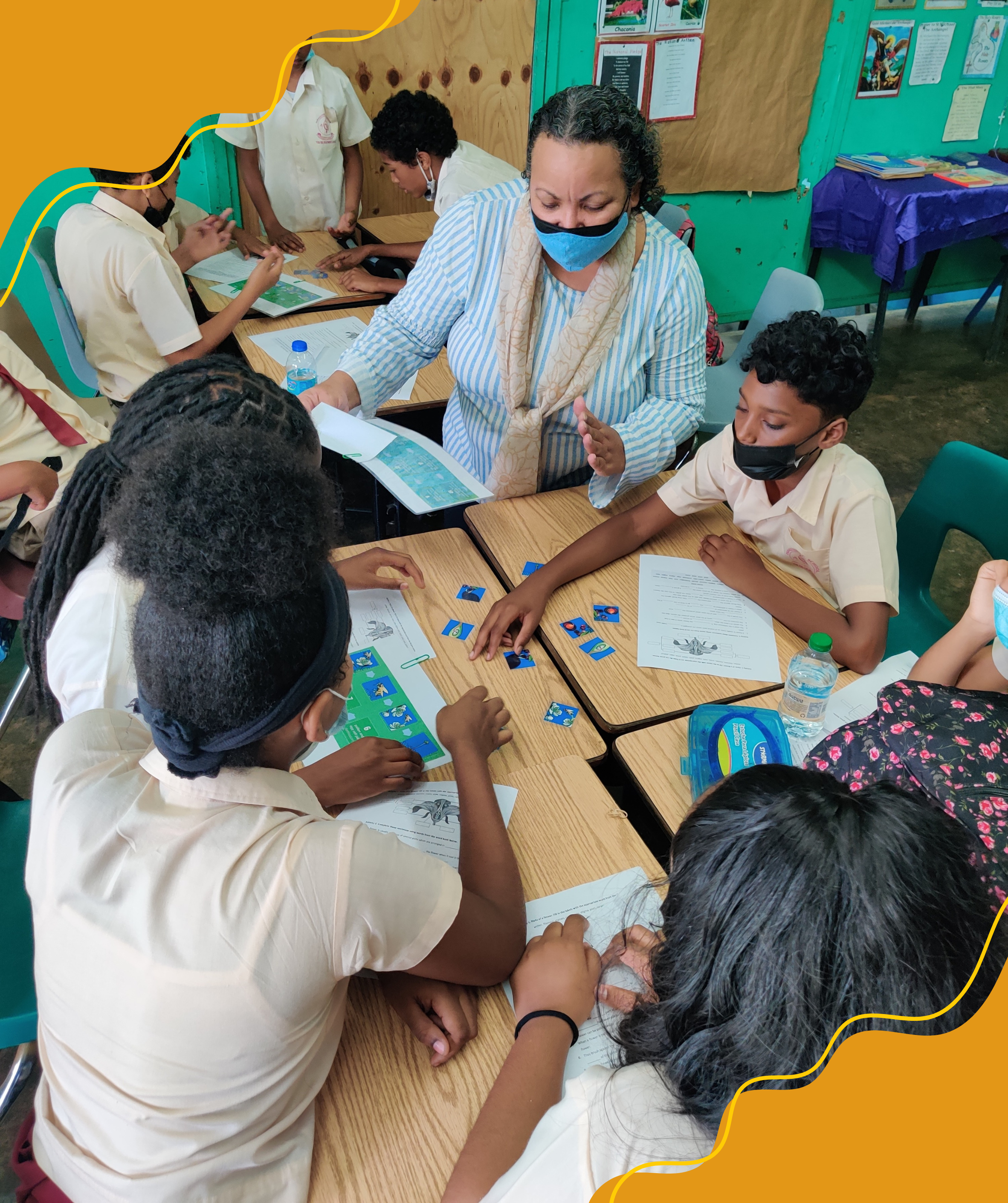
Webinars were hosted as part of the project, in which project team members and researchers shared information and provided opportunities for questions to be posed. The webinars covered various topics related to the research that was being conducted during the project and information requests from respondents to the Knowledge, Attitudes and Practices survey. A total of nine public webinars were hosted by the project team, as well as two specialized online workshops for members of the Tobago Apicultural Society on (i) hive management and (ii) outreach facilitation skills.
MEDIA AND OUTREACH
Throughout the project, newspaper articles were strategically released in conjunction with special observance days such as World Wetlands Day, International Day for Biodiversity and World Bee Day. Twelve articles were written and published across three local newspapers. Additional articles were shared on the news platforms of project partners, the BES-Net Monthly Blast and the IKI newsletter.
The project embraced numerous outreach opportunities with partners and responded to requests to share information about pollinators and pollination management. To aid these activities, hands-on exhibits were created, including a model of an artificial hive for stingless bees.
A variety of outreach events were conducted, including exhibitions hosted by the Forestry Division and the NGO Ecosystem Approach, an information booth at a youth event by the Franciscan Institute, a sporting event by the Department of Natural Resources and Forestry (DNRF), a virtual science fair by the National Institute of Higher Education, Research, Science and Technology (NIHERST) and educational sessions at vacation camps in Trinidad and Tobago.
Additionally, focused activities for World Bee Day in 2022 and 2023 allowed the team to test educational materials with students across various grade levels, with a positive reception.
In order to provide updates to stakeholders and members of the public regarding its outreach activities, the project team maintained an email list and circulated news of its activities on a Facebook page and Instagram account. The project also produced a quarterly newsletter called “The Buzz”.
Through the assistance of Juan Pablo Ramos Valadez, a graphic artist attached to the BES-Net project, the project gained four mascots which were used to highlight four local pollinator groups. These mascots were used liberally on promotional items produced for outreach, as well as the project newsletter.


HARNESSING LOCAL KNOWLEDGE
The project conducted interviews and documented the management practices of various stingless beekeepers through photography and video. These materials serve as invaluable resources for those new to the practice and contribute to the knowledge base of previously undocumented local stingless beekeeping practices.
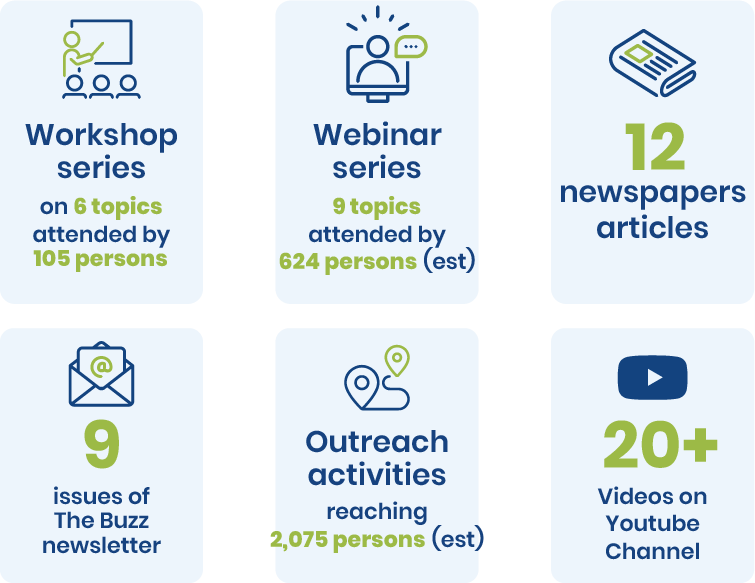
Recordings of webinars, workshop sessions and other resources were made available on the project’s YouTube channel. All these products are linked to a project webpage, which will be managed by the Environmental Policy and Planning Division for postproject access.
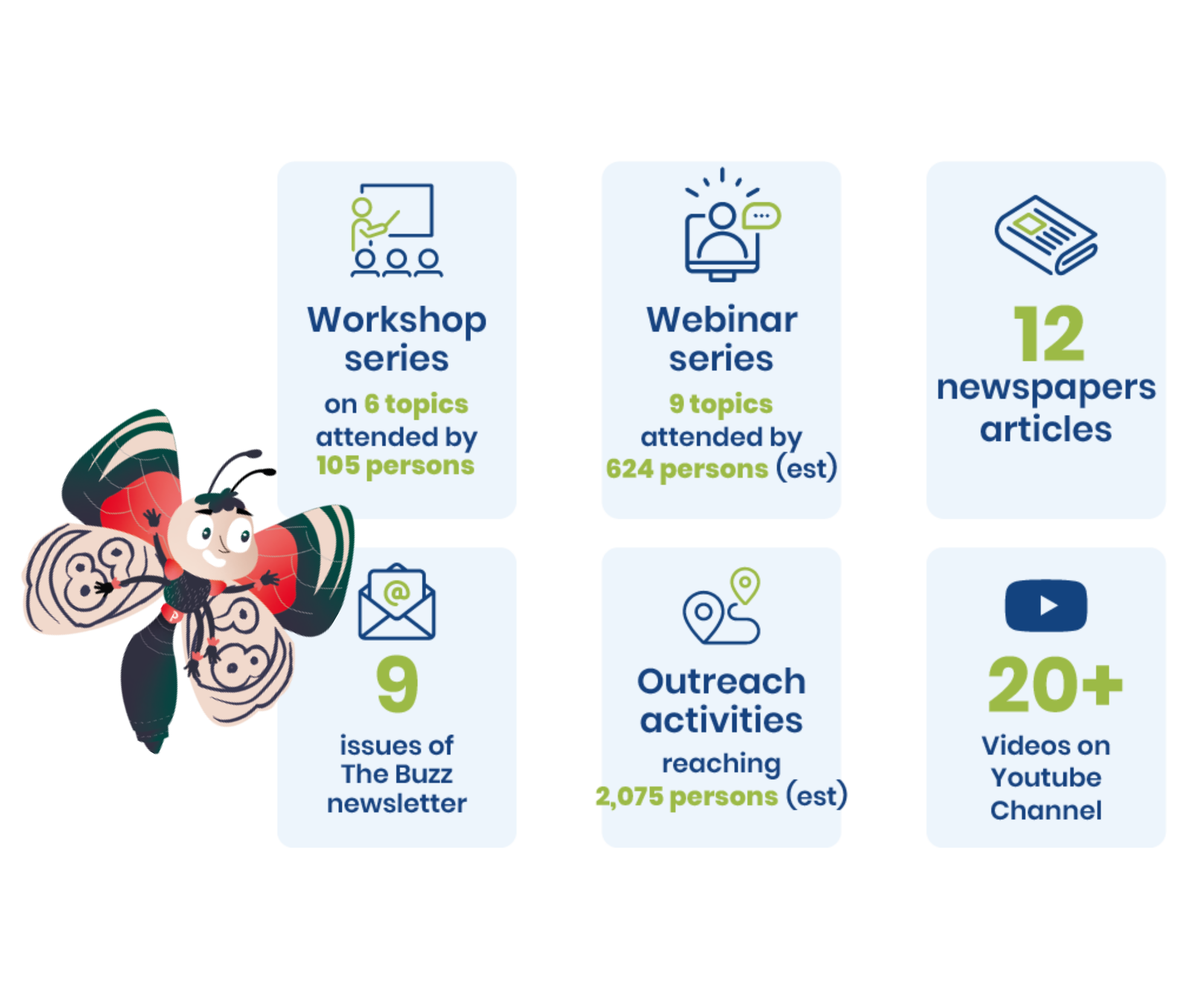
HARNESSING LOCAL KNOWLEDGE
The project conducted interviews and documented the management practices of various stingless beekeepers through photography and video. These materials serve as invaluable resources for those new to the practice and contribute to the knowledge base of previously undocumented local stingless beekeeping practices.
Recordings of webinars, workshop sessions and other resources were made available on the project’s YouTube channel. All these products are linked to a project webpage, which will be managed by the Environmental Policy and Planning Division for postproject access.
What's Next?
The BES-Net TT project developed several resources to support future local research on pollinators and pollination management, while also enhancing knowledge of native pollinators and the need for their conservation. However, to generate a significant impact, the project’s outcomes must be sustained. The Environmental Policy and Planning Division (EPPD), which oversaw the project, will continue this work under its Biodiversity portfolio. The Government of Trinidad and Tobago’s recent membership in the Coalition of the Willing on Pollinators reaffirms its dedication to this cause.
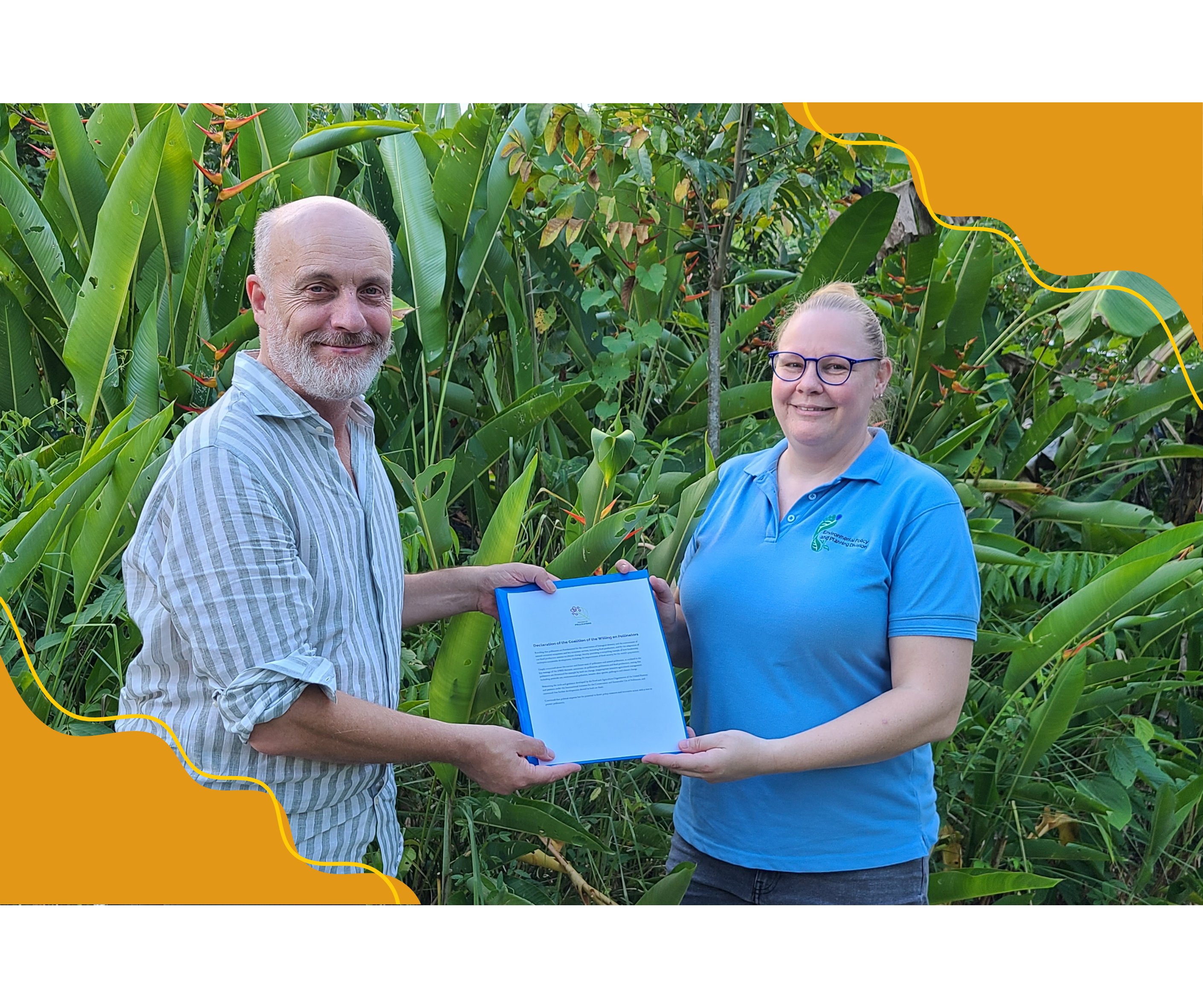
During the development of the Theory of Change on Pollinators, stakeholders committed to collaborating with the Ministry of Planning and Development to advance education, policy development and collaboration. The Extension Training and Information Services (ETIS) unit within the Ministry of Agriculture, Land and Fisheries has already expressed interest in integrating the information into its training programs, especially for farmers and backyard gardeners. The local 4H Club will also include these educational resources in its curriculum revision. Meanwhile, the University of the West Indies Department of Life Sciences plans to use the pollinator garden established by BES-Net TT for student programs and outreach activities aimed at younger students.
A follow-up, more comprehensive bee survey is also planned, expanding on the initial survey’s findings from two general areas. The aim is to conduct a survey across the entire island and funding is being sought to support this endeavour.
The EPPD has also taken an administrative role in setting up the WhatsApp network for stingless beekeepers and will continue supporting it during its initial phase until the group decides whether to formalize. In the meantime, information exchange and member observations will help review and update knowledge on this aspect of local biodiversity.
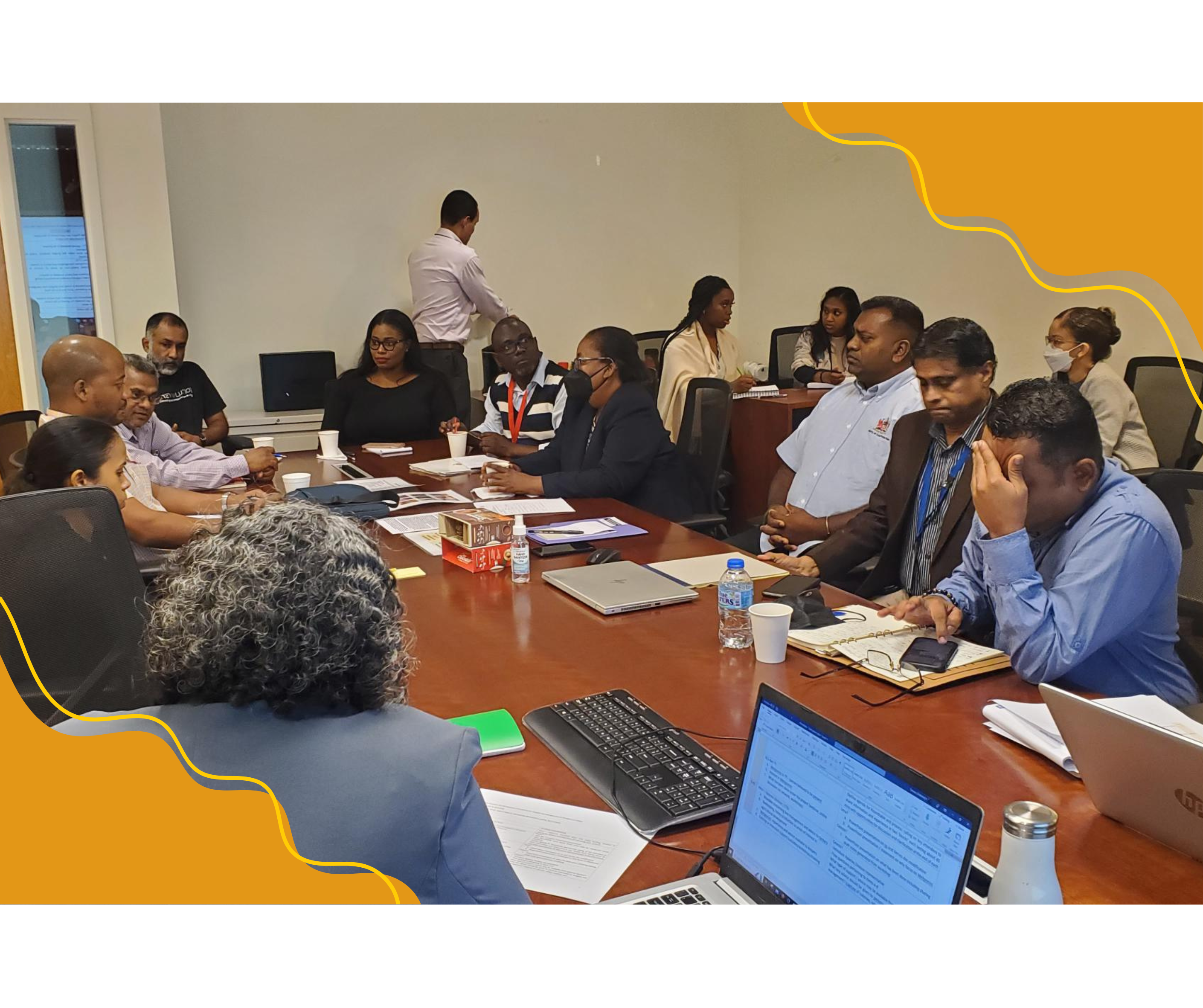
Through stakeholder collaboration on pollinator survey methodologies, the EPPD learned about BIOSCAN, a global program using malaise nets to sample insects. Recognizing its value, the EPPD joined BIOSCAN to expand local pollinator information databases. Four organizations have pledged two years of research for BIOSCAN and most have already gathered over nine months of data.
The EPPD is also eager to participate in future Trialogue processes to refine its plans and advance IPBES and other biodiversity conservation initiatives, focusing on pollinators.
A debt of gratitude
The BES-Net TT project team is deeply grateful for the generous support of all stakeholders in the implementation of this project in Trinidad and Tobago and sees the collaborations and networking of the past two years contributing to continued efforts and success in pollinator conservation. Special thanks are extended to all contributors, especially the following:
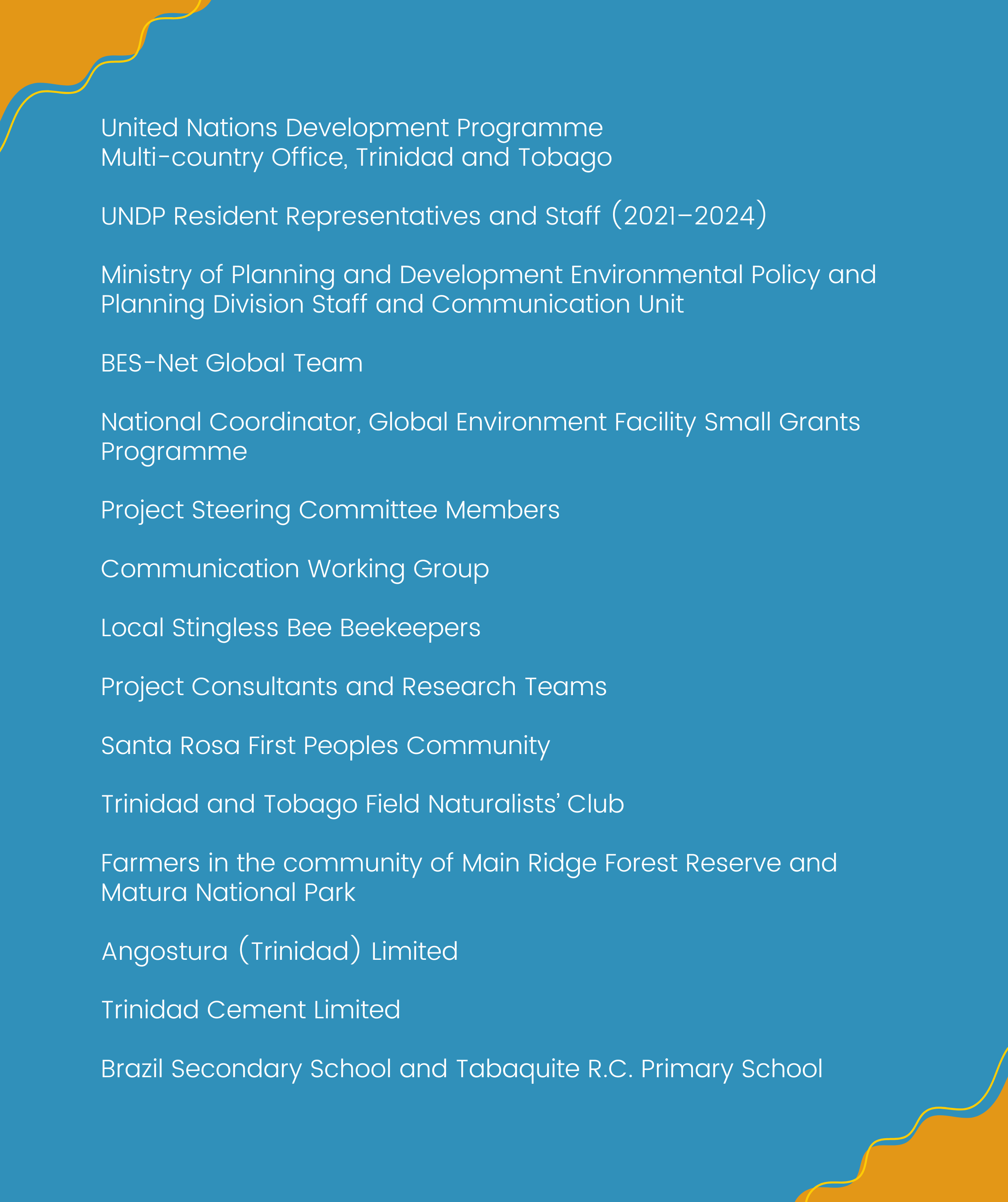
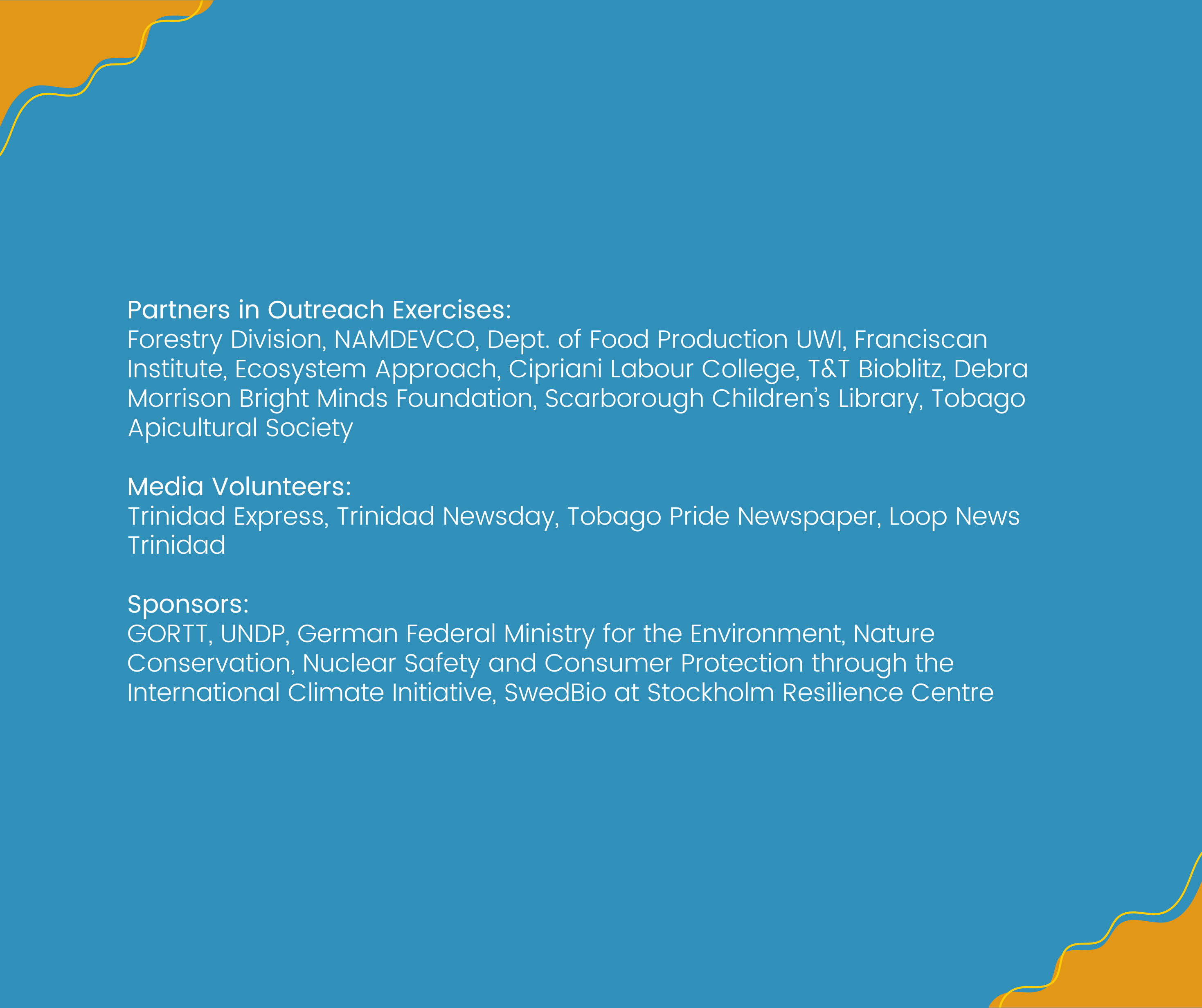
A debt of gratitude
The BES-Net TT project team is deeply grateful for the generous support of all stakeholders in the implementation of this project in Trinidad and Tobago and sees the collaborations and networking of the past two years contributing to continued efforts and success in pollinator conservation. Special thanks are extended to all contributors, especially the following:

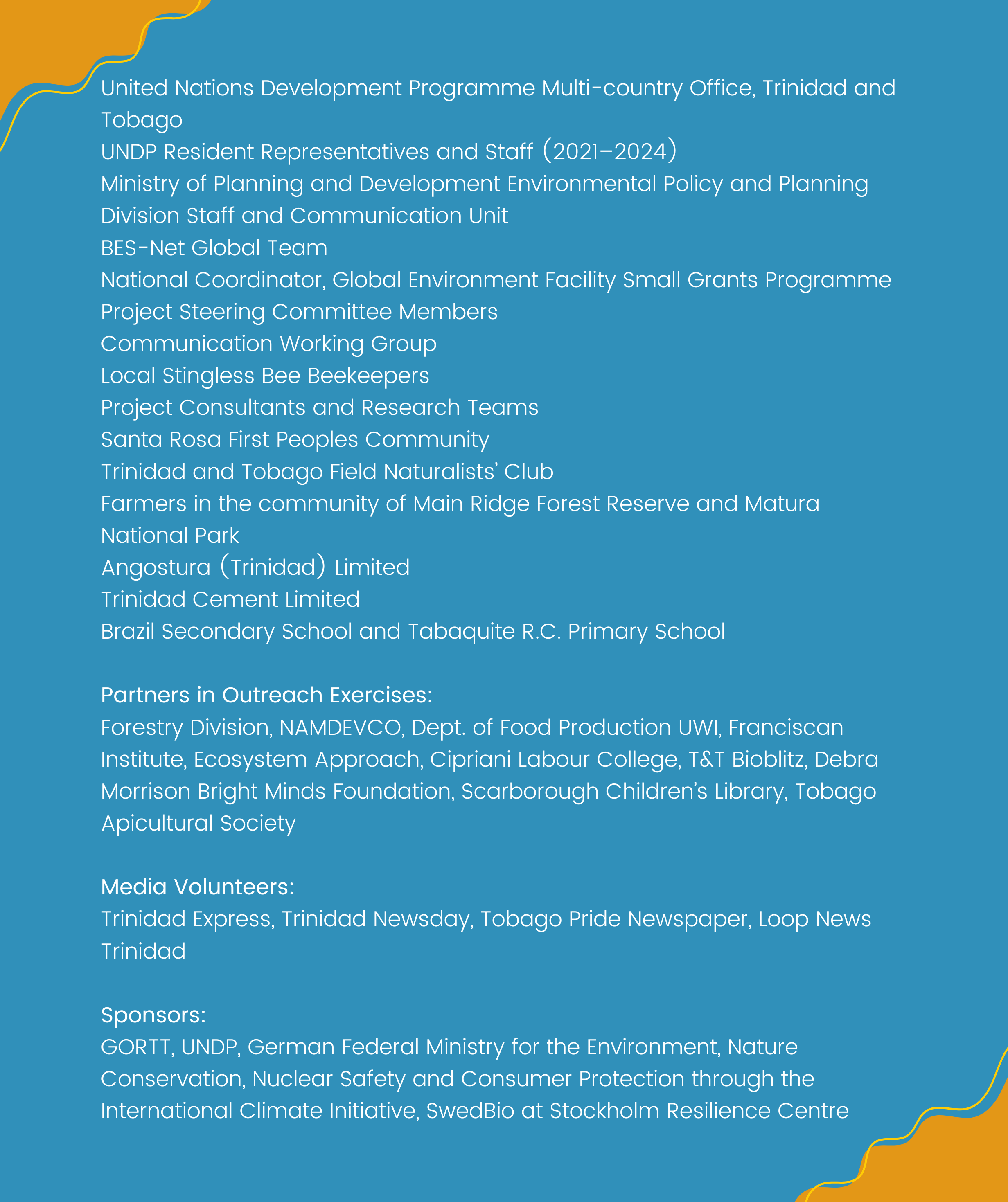
The Biodiversity and Ecosystem Services Network (BES-Net) TT project was jointly undertaken by the Government of the Republic of Trinidad and Tobago, BES-Net Global and with the support of:

